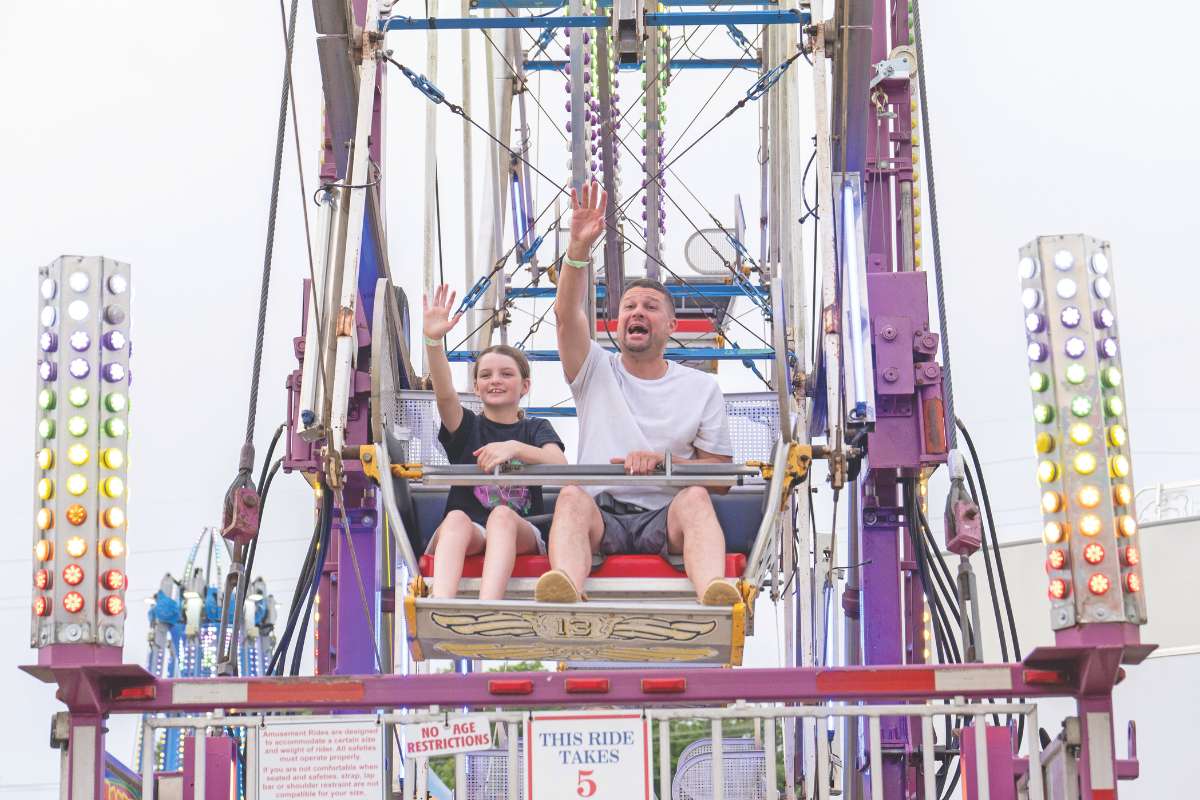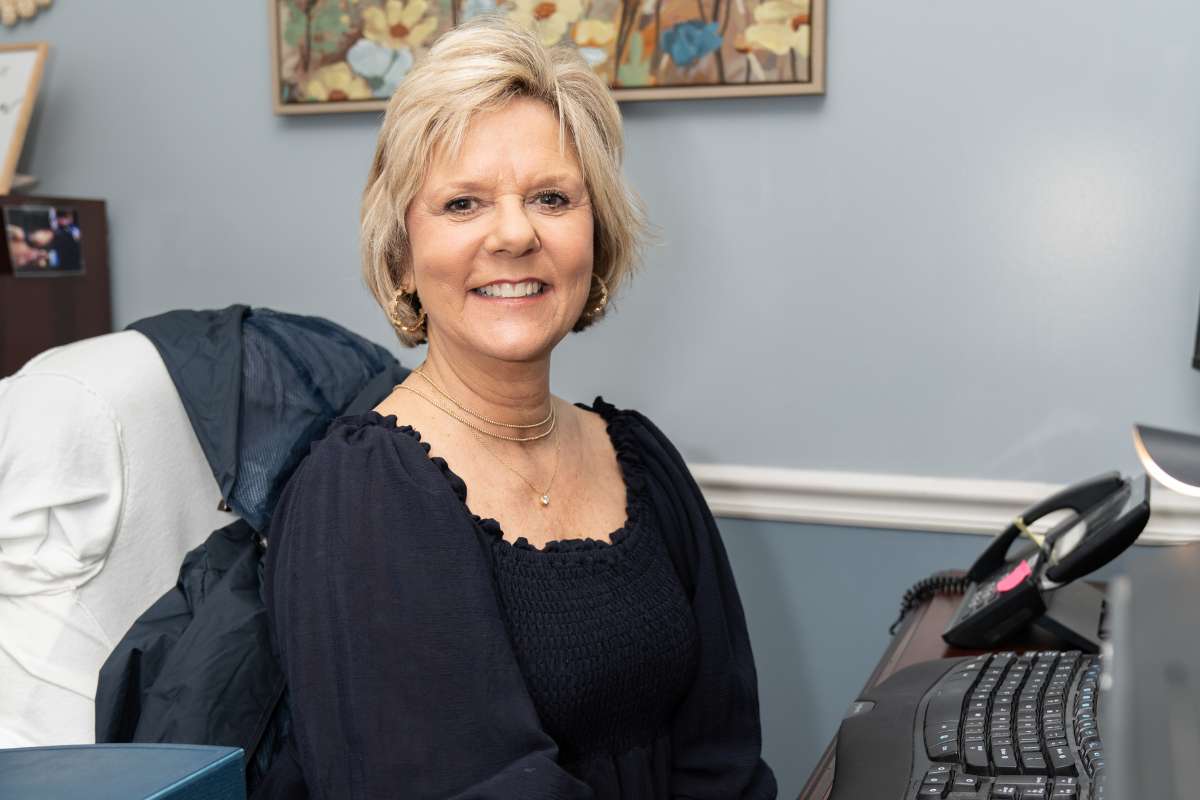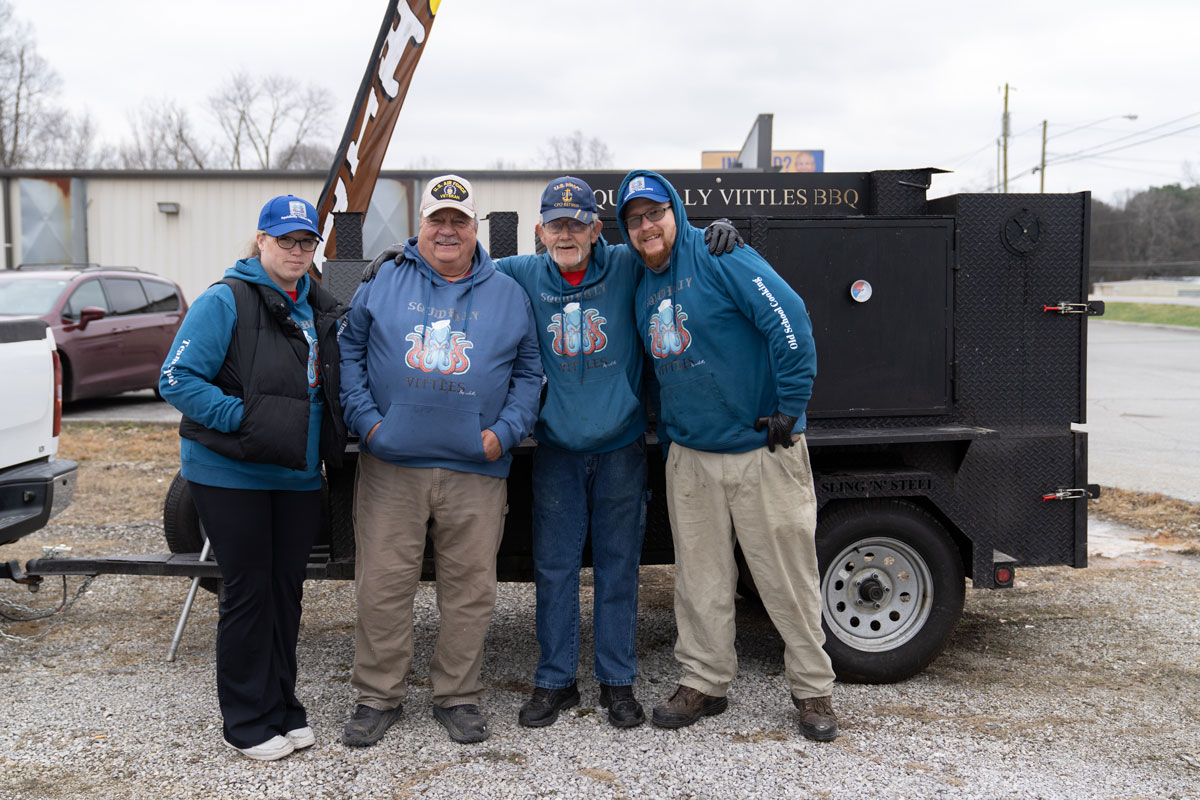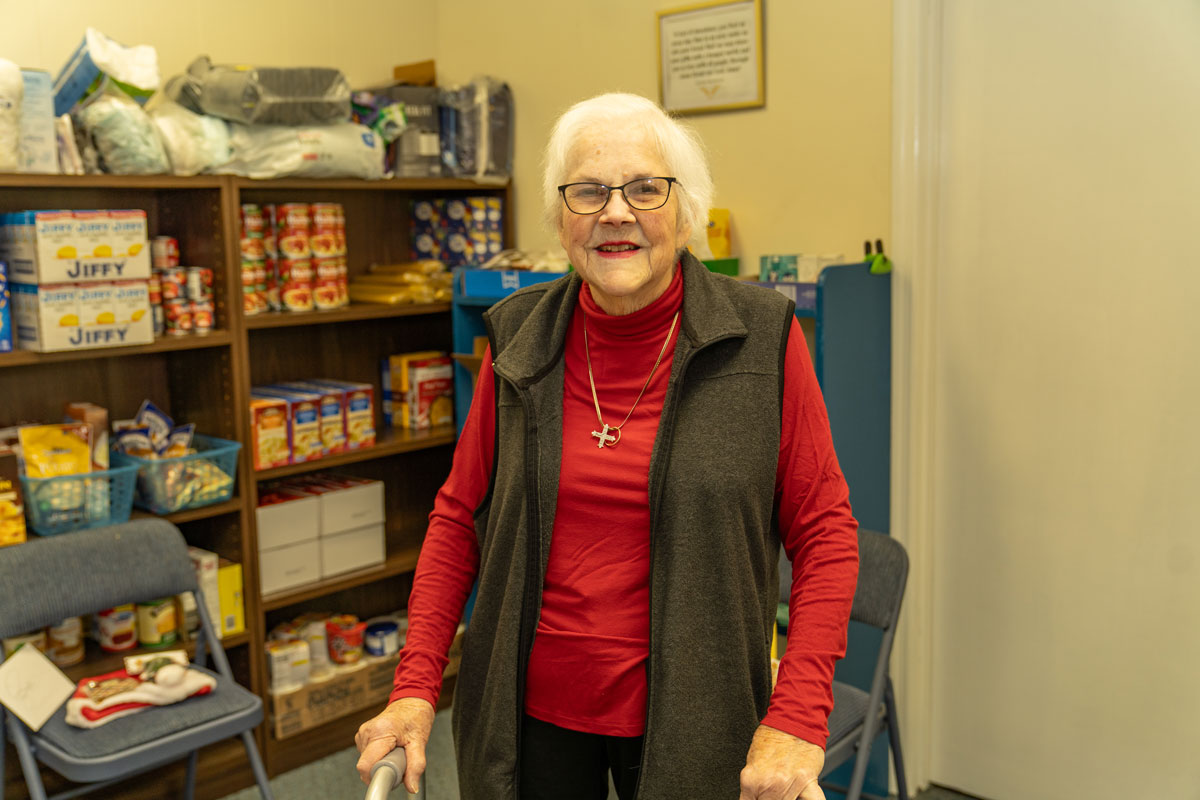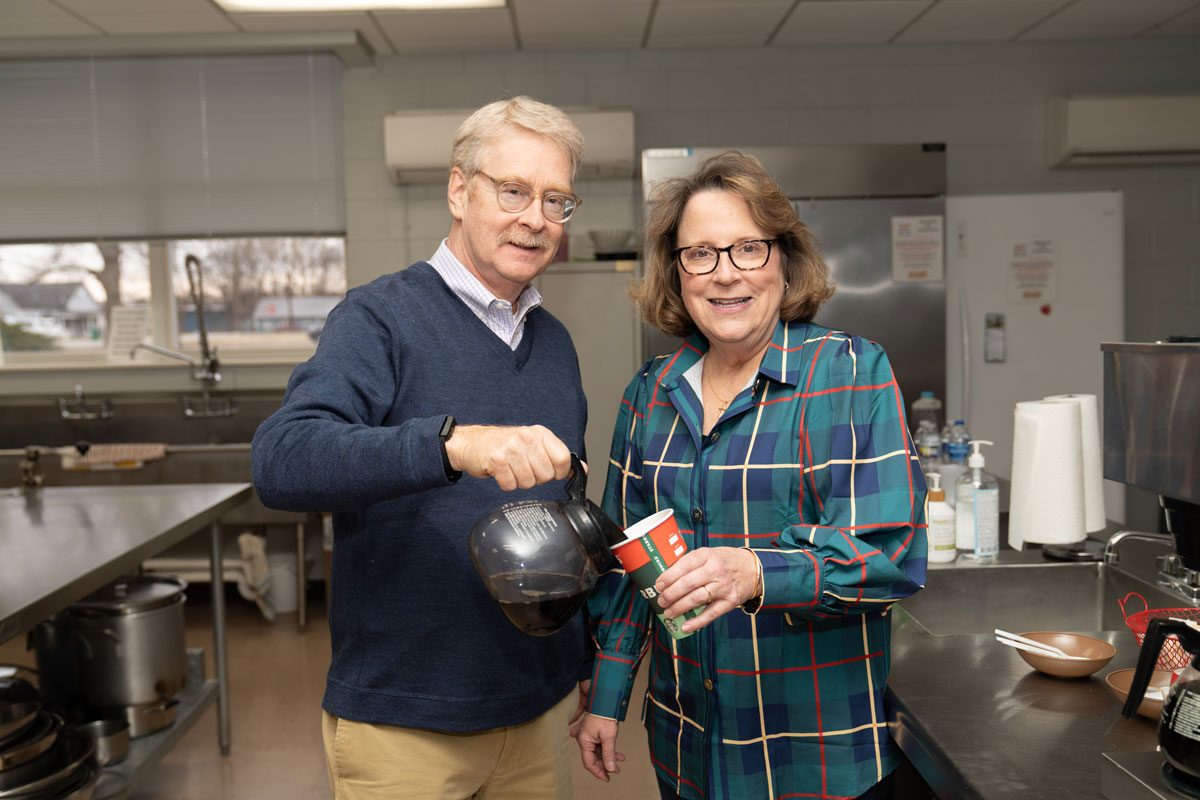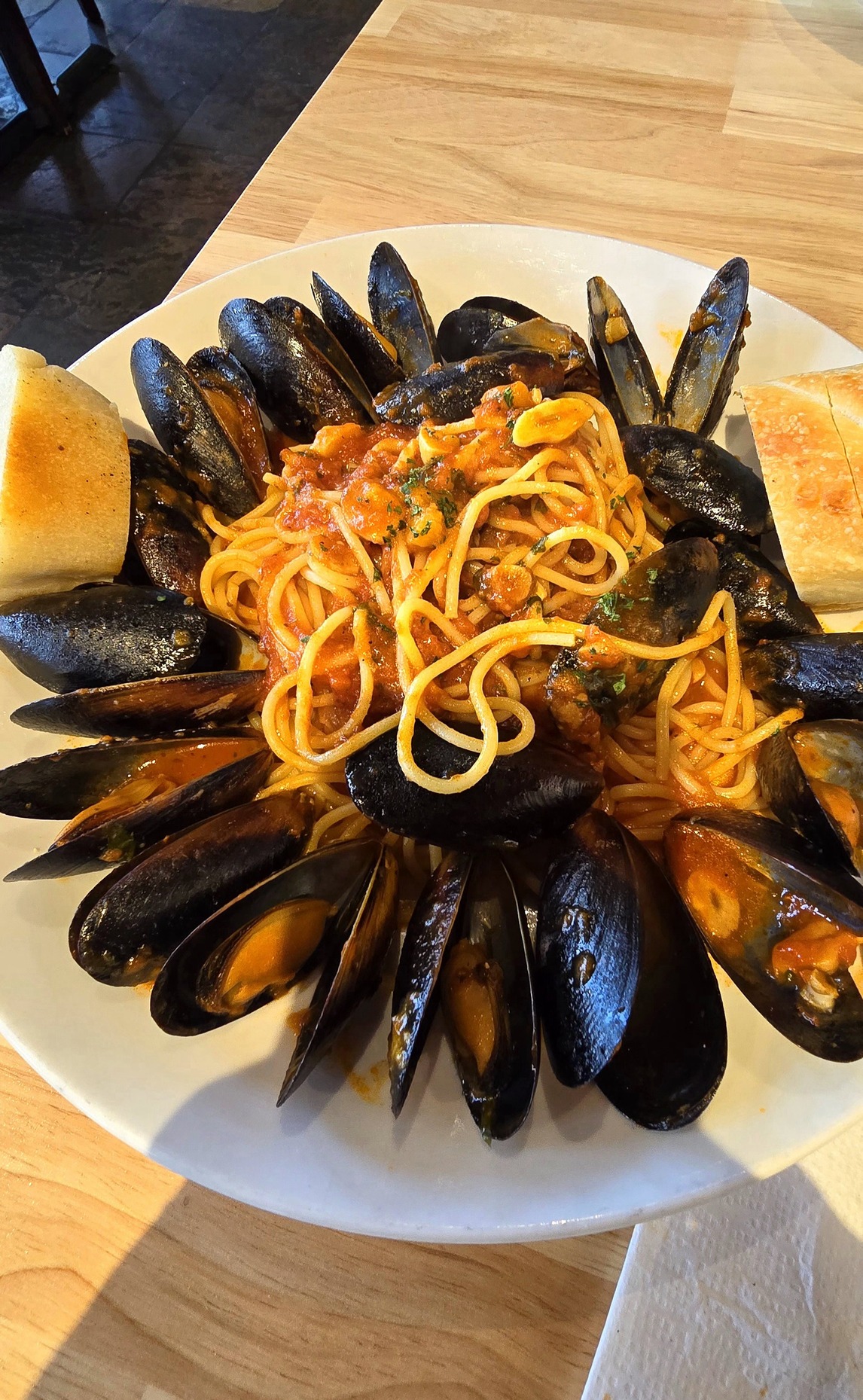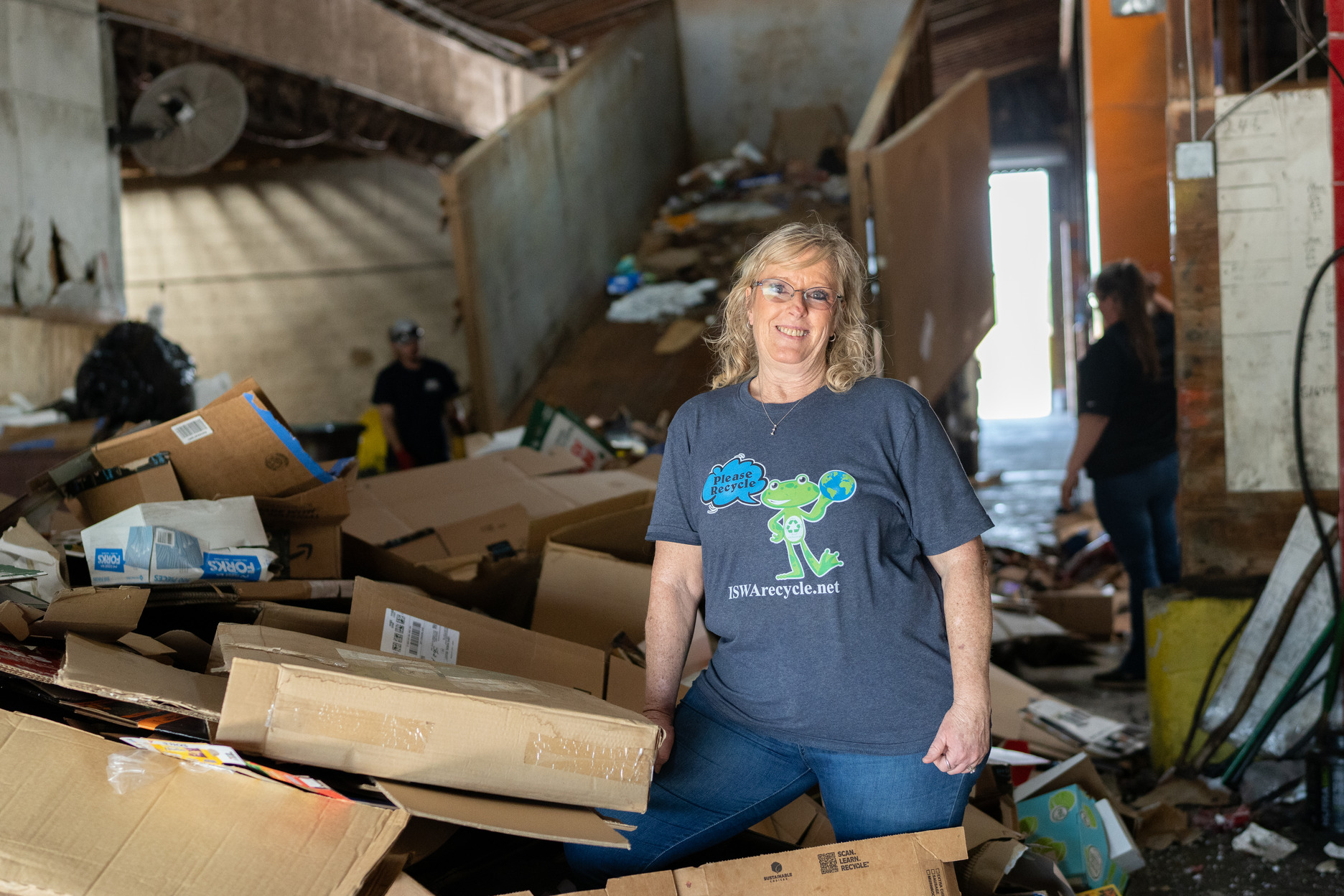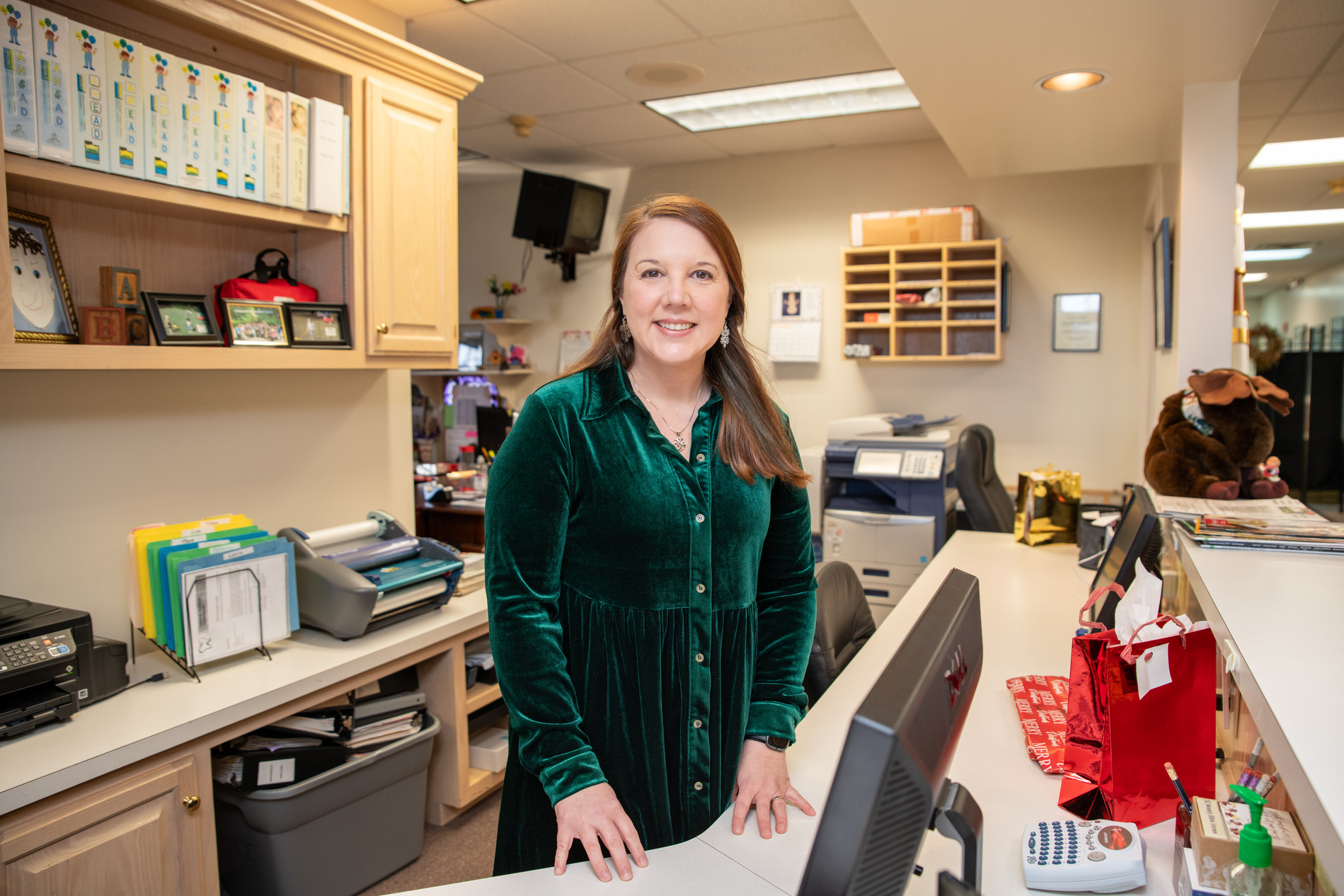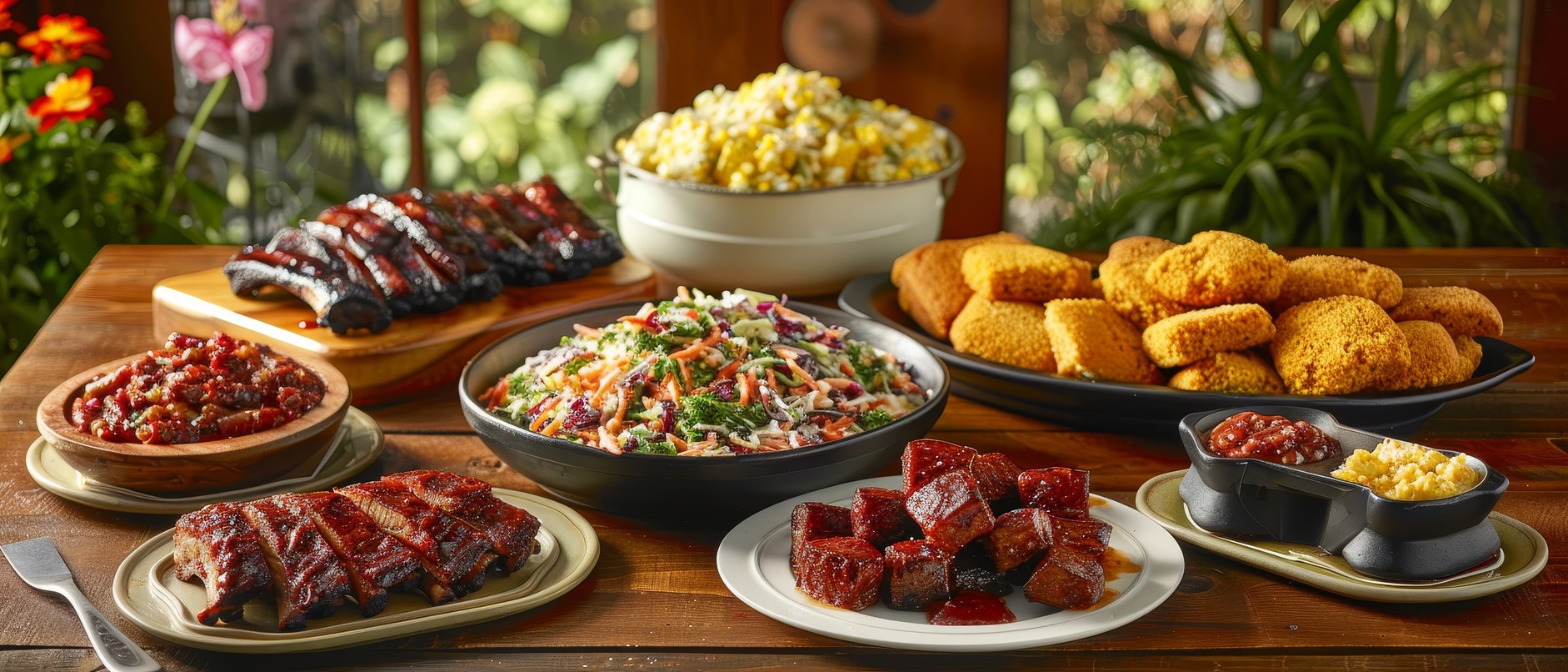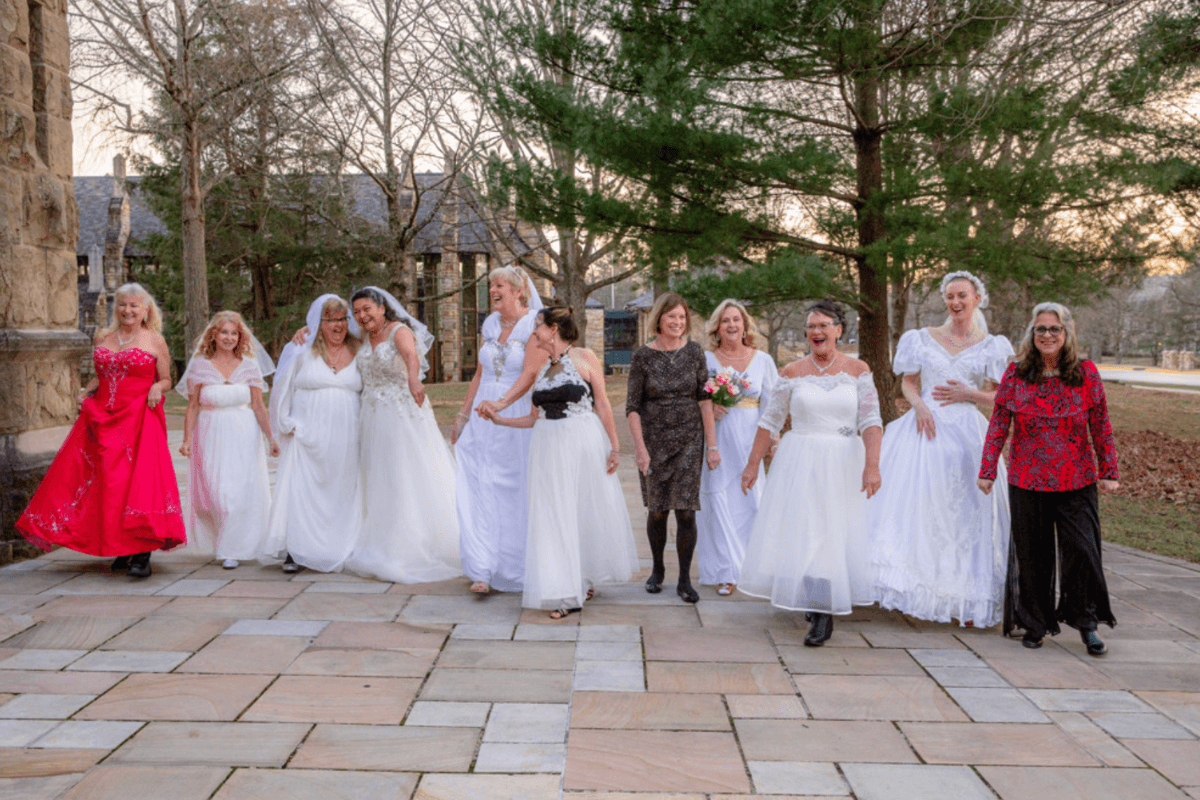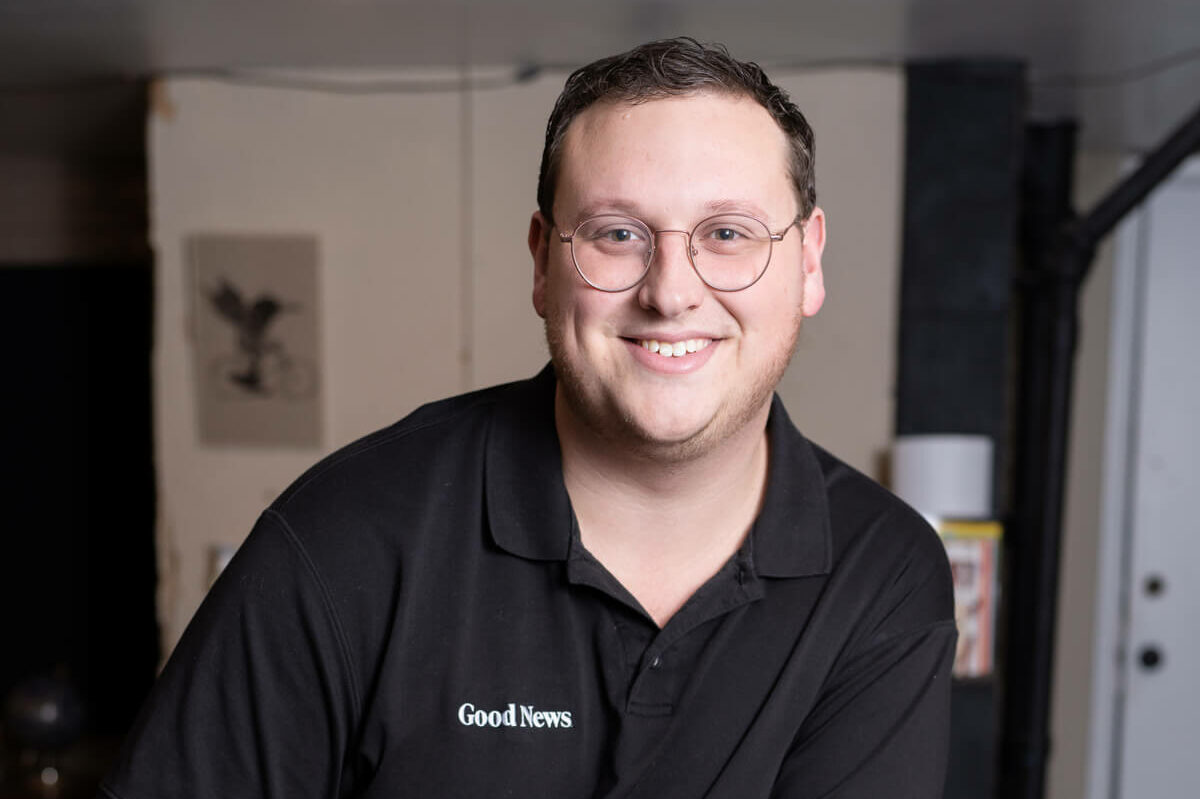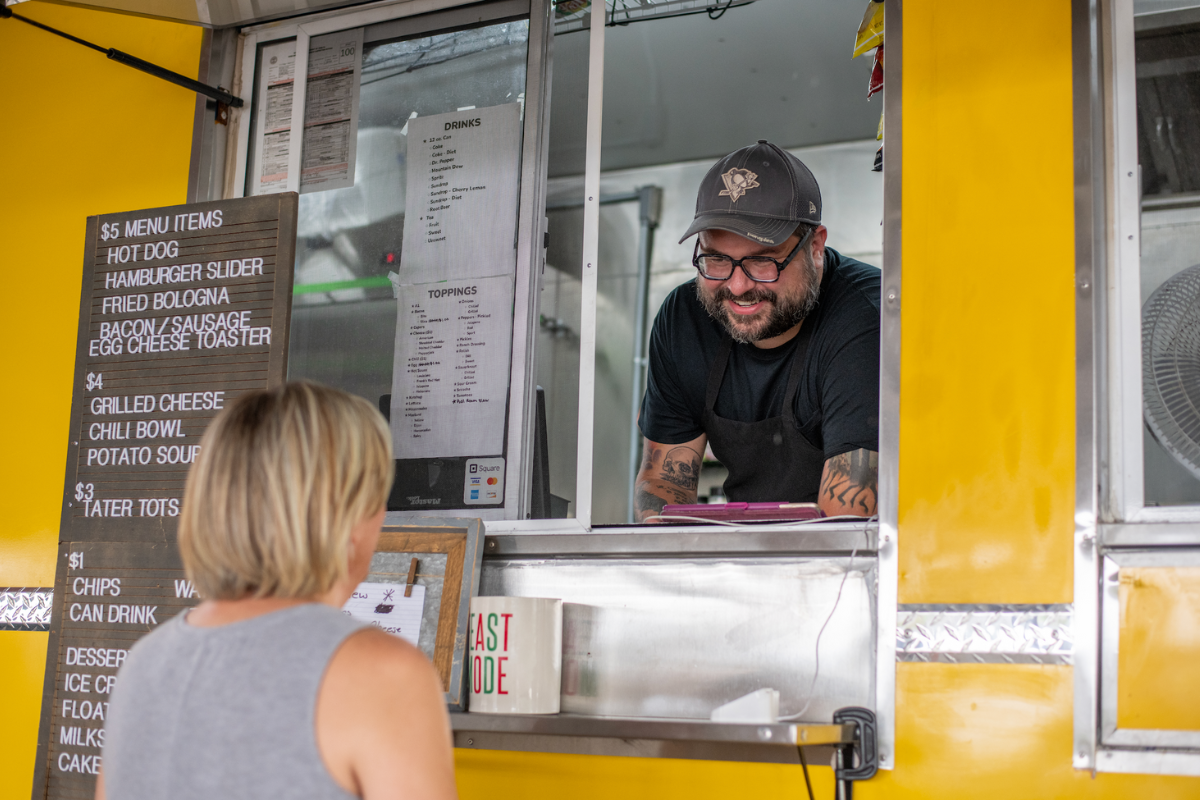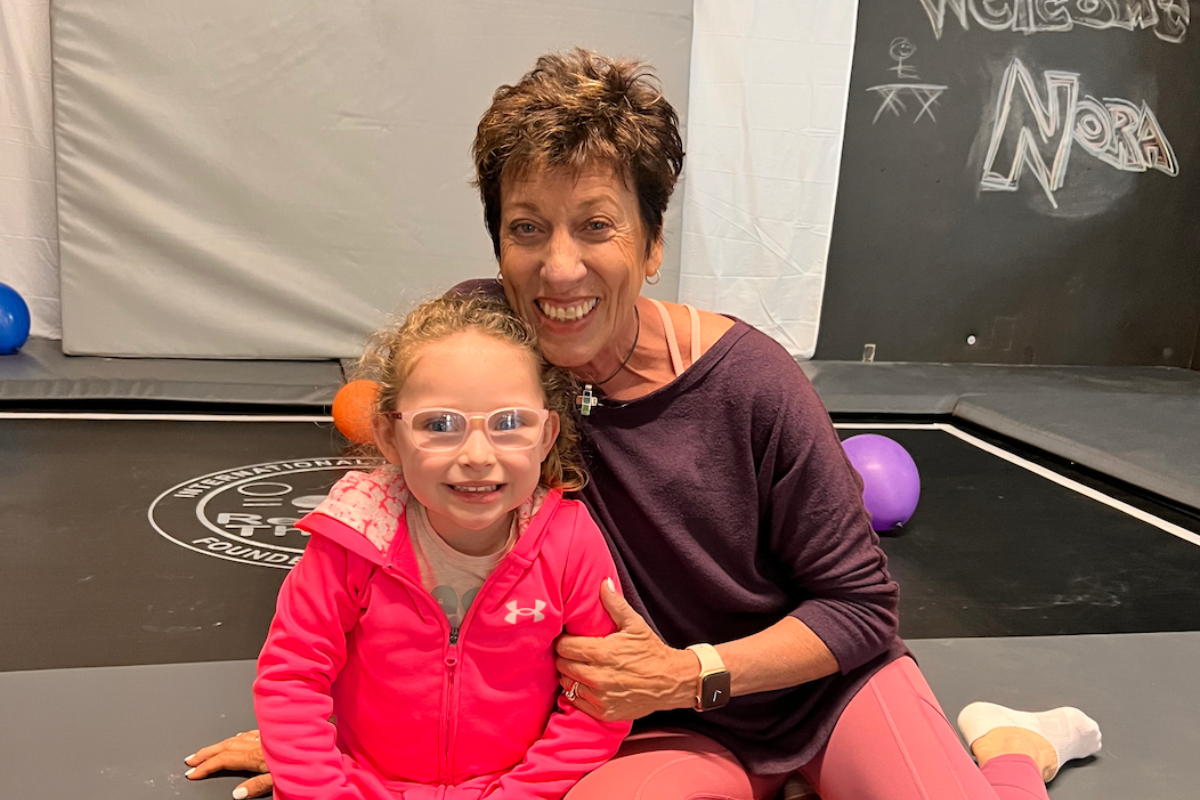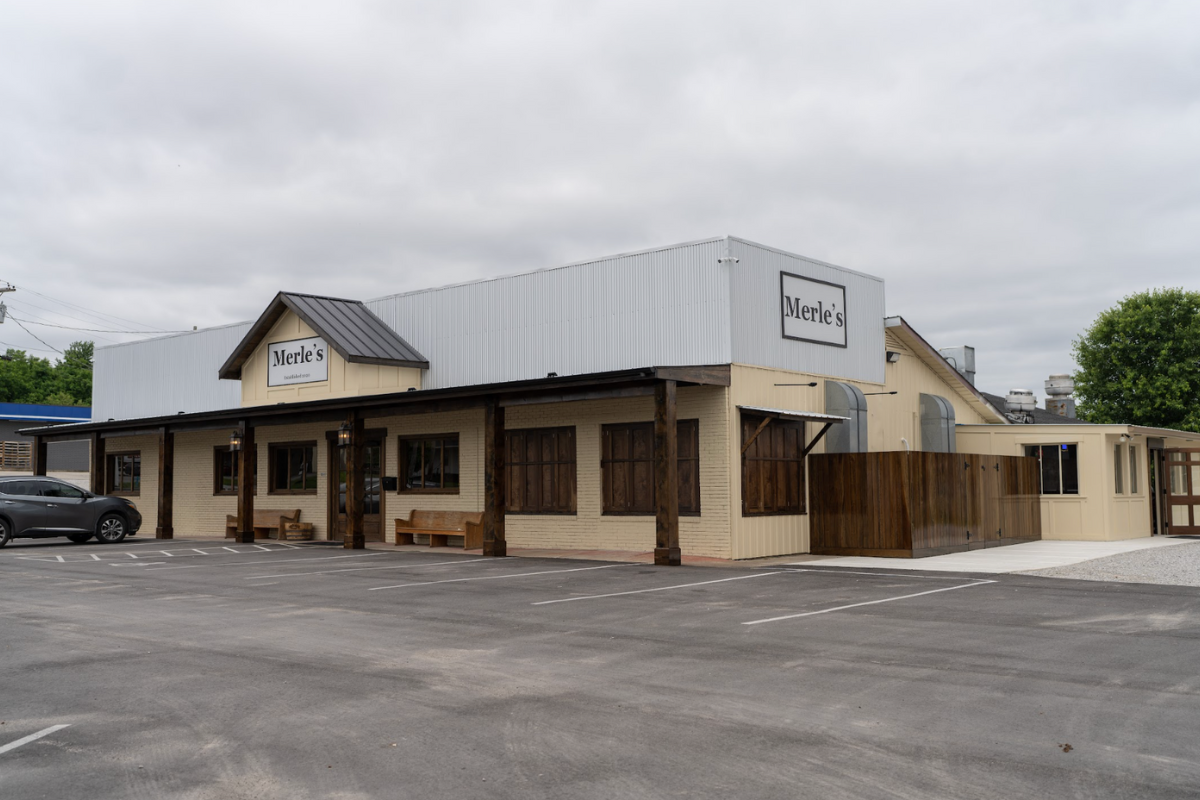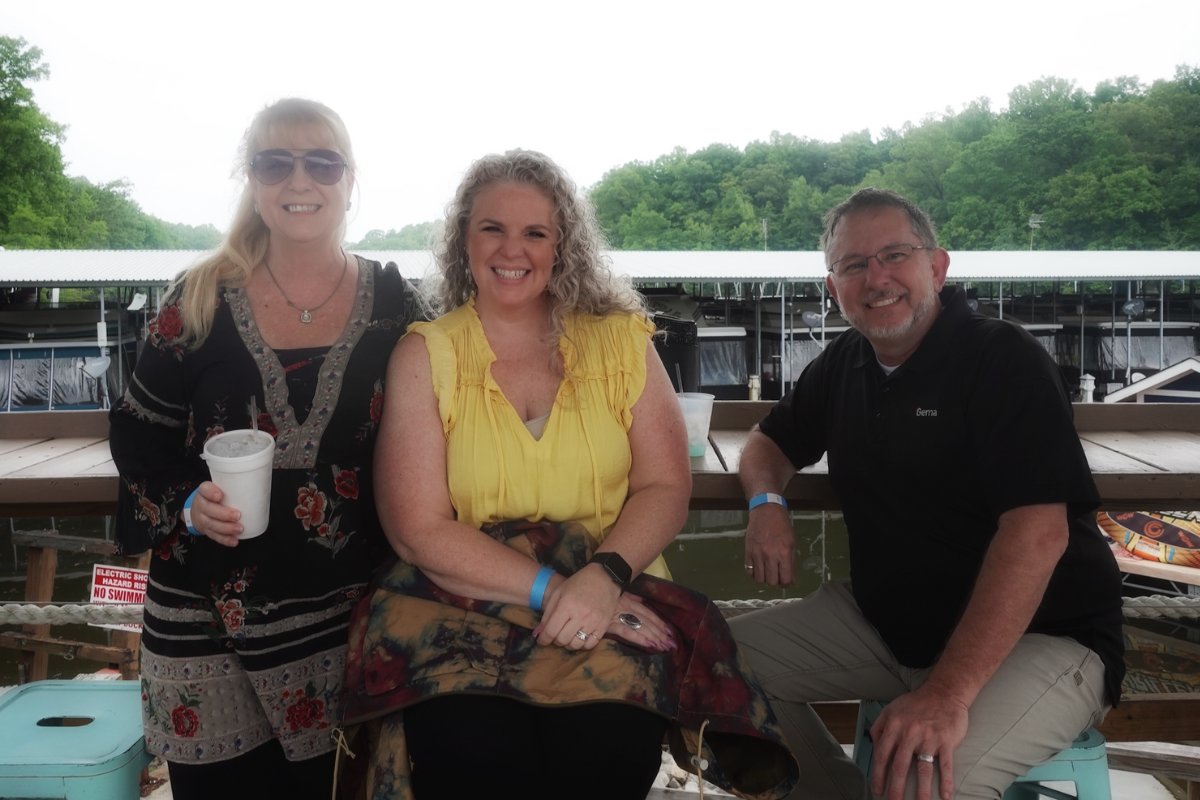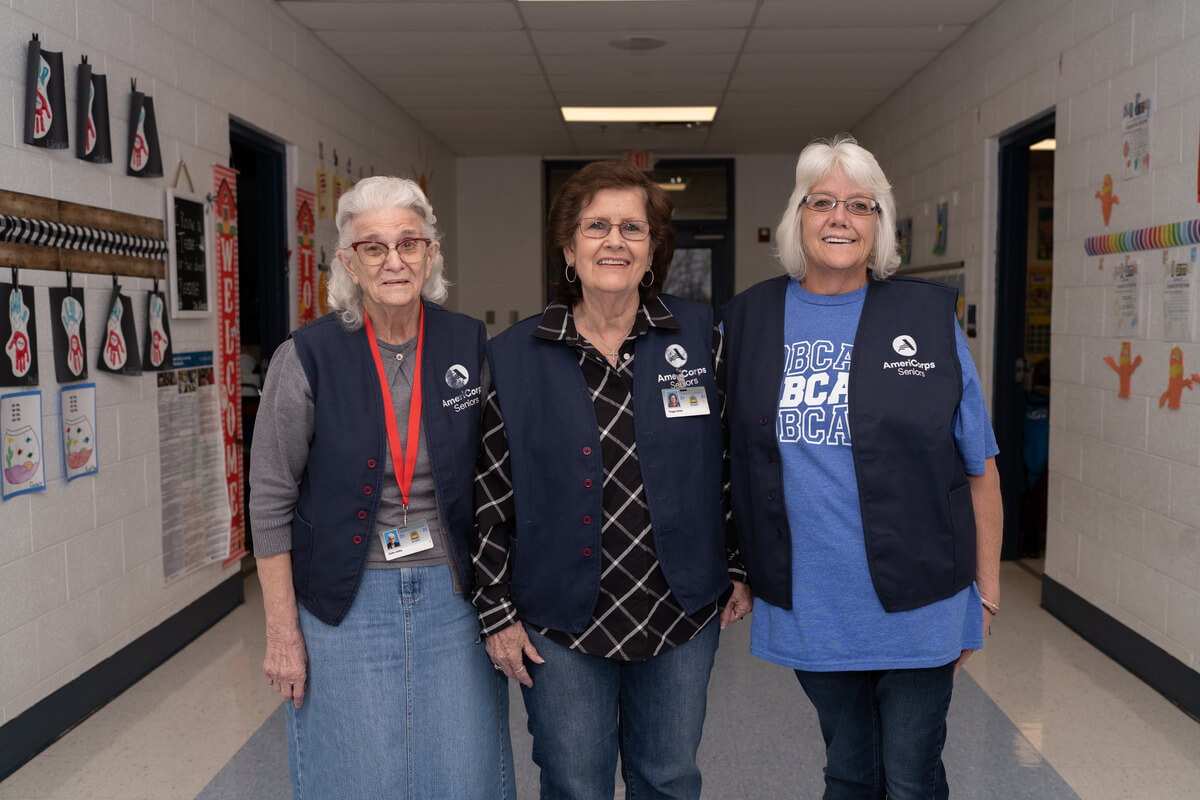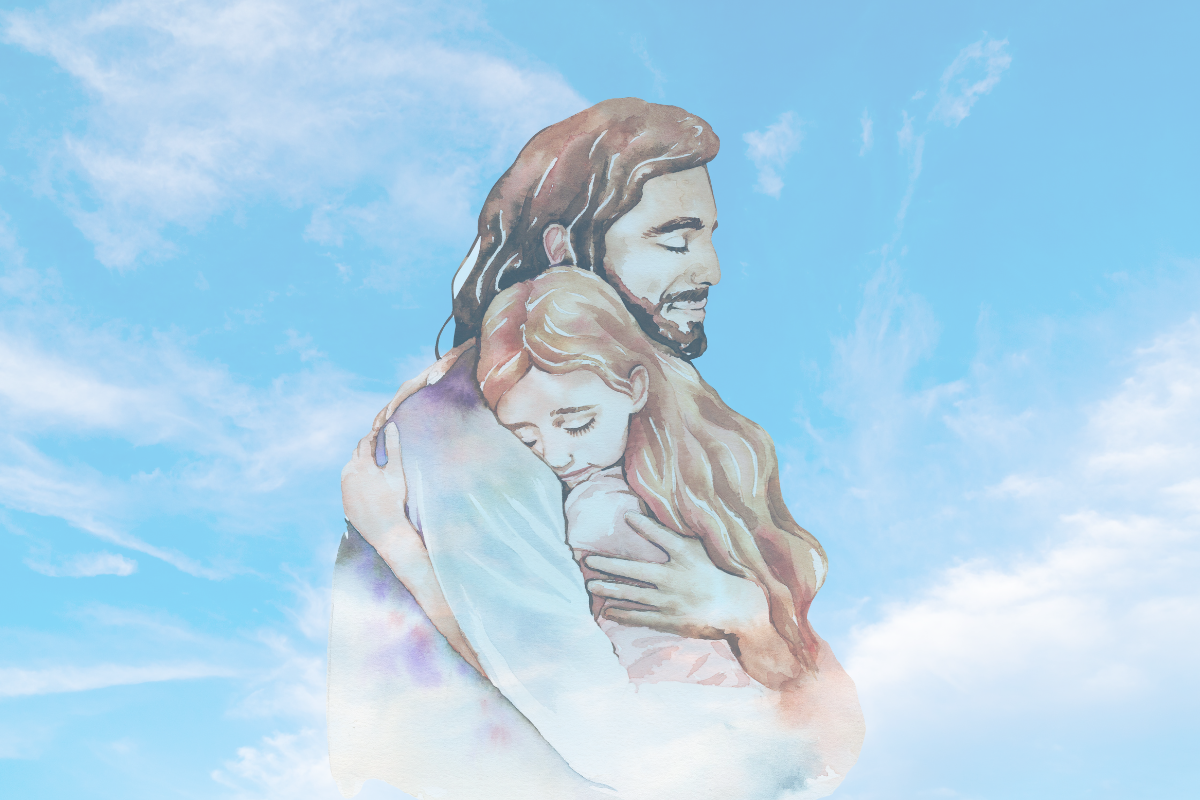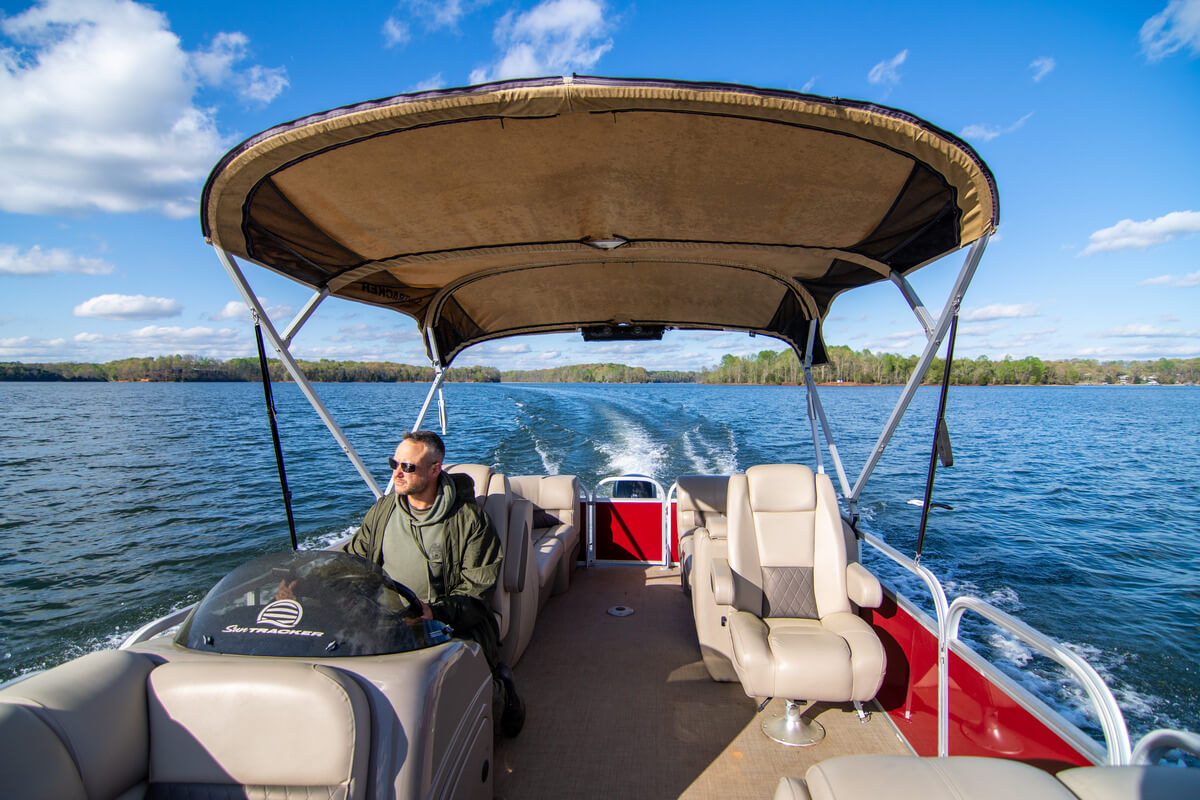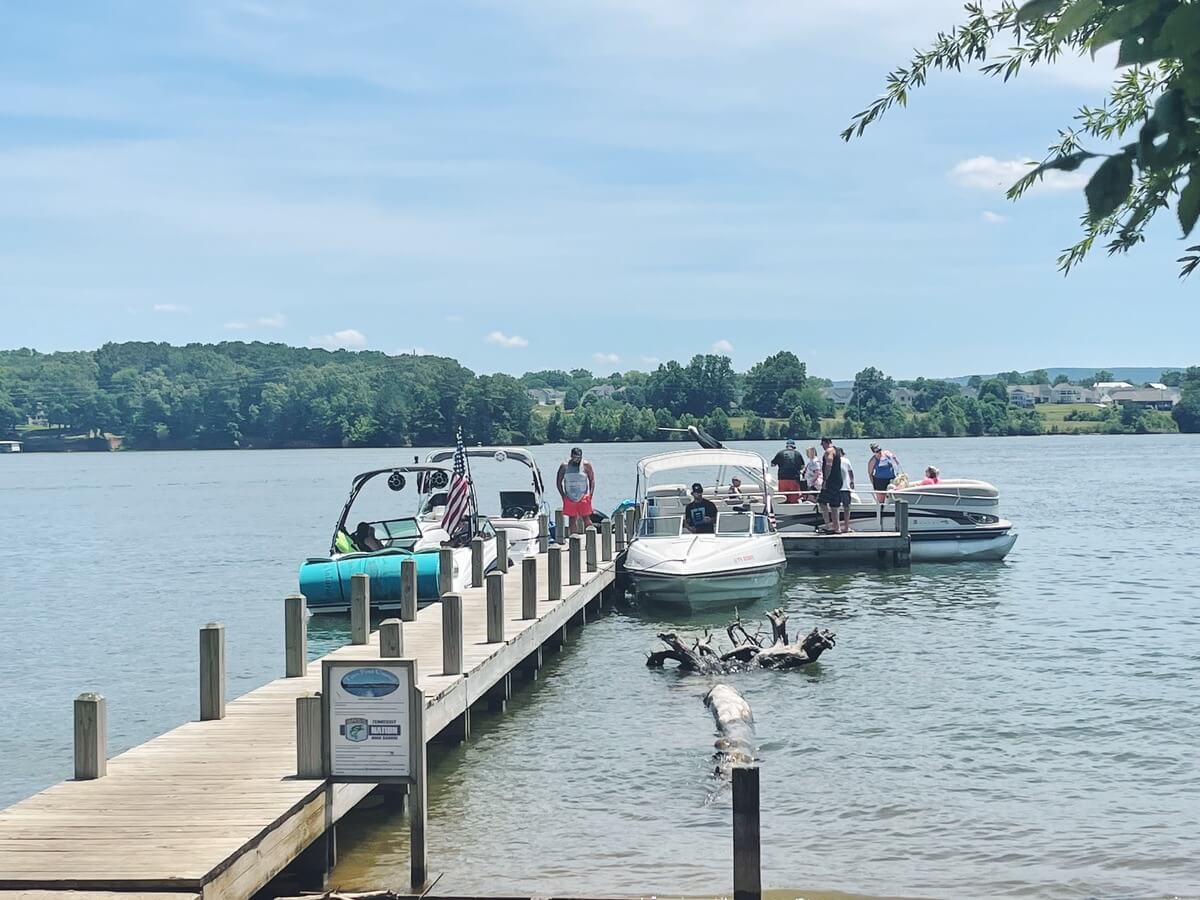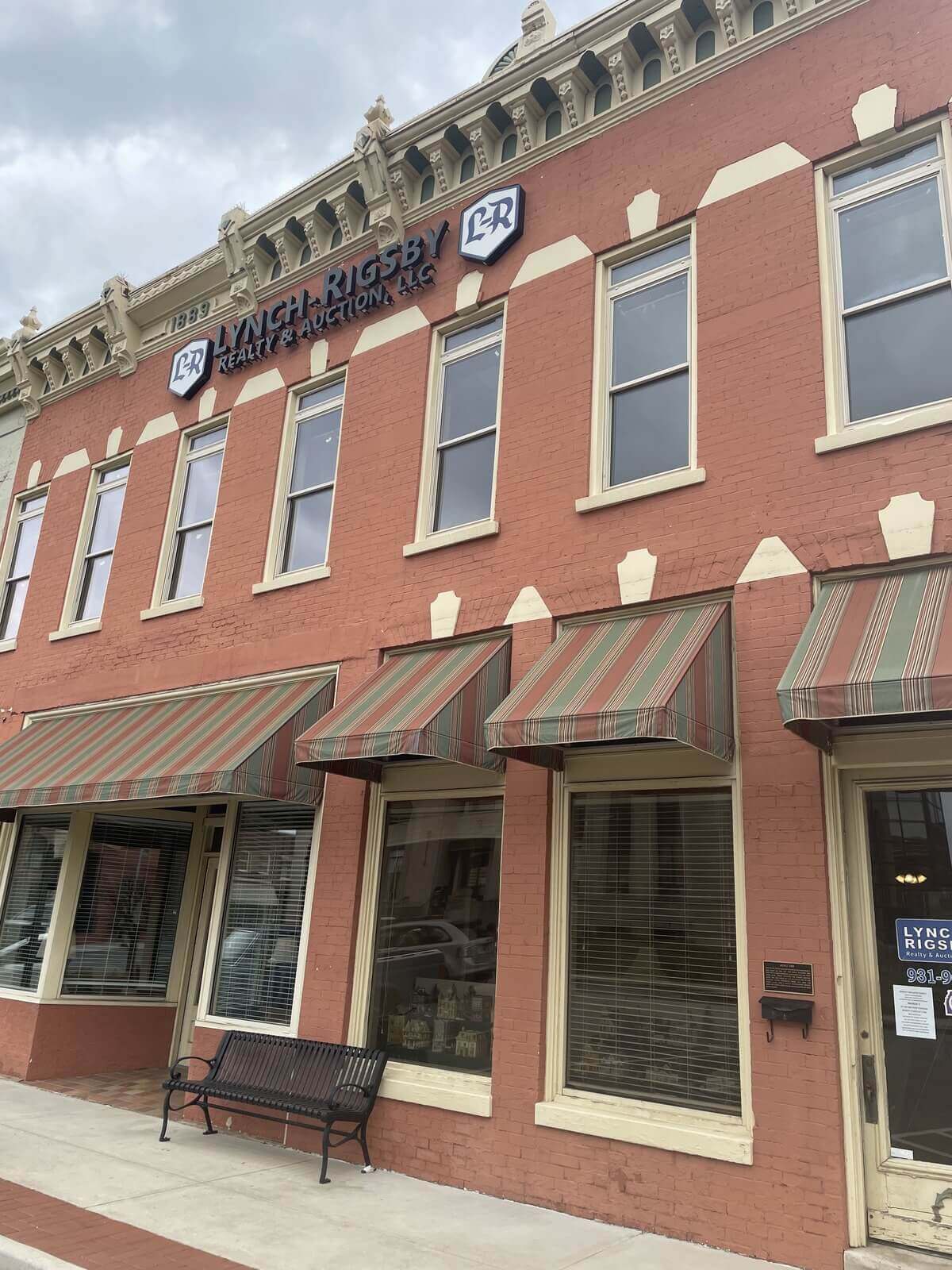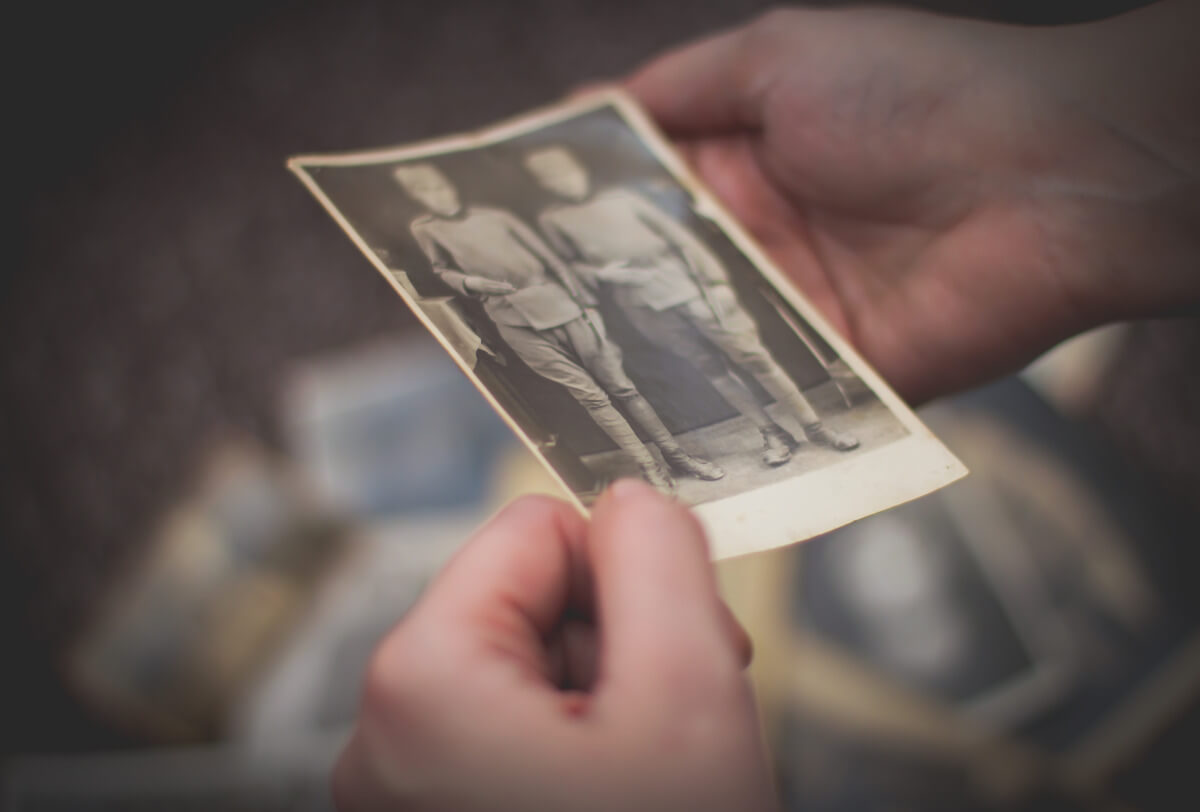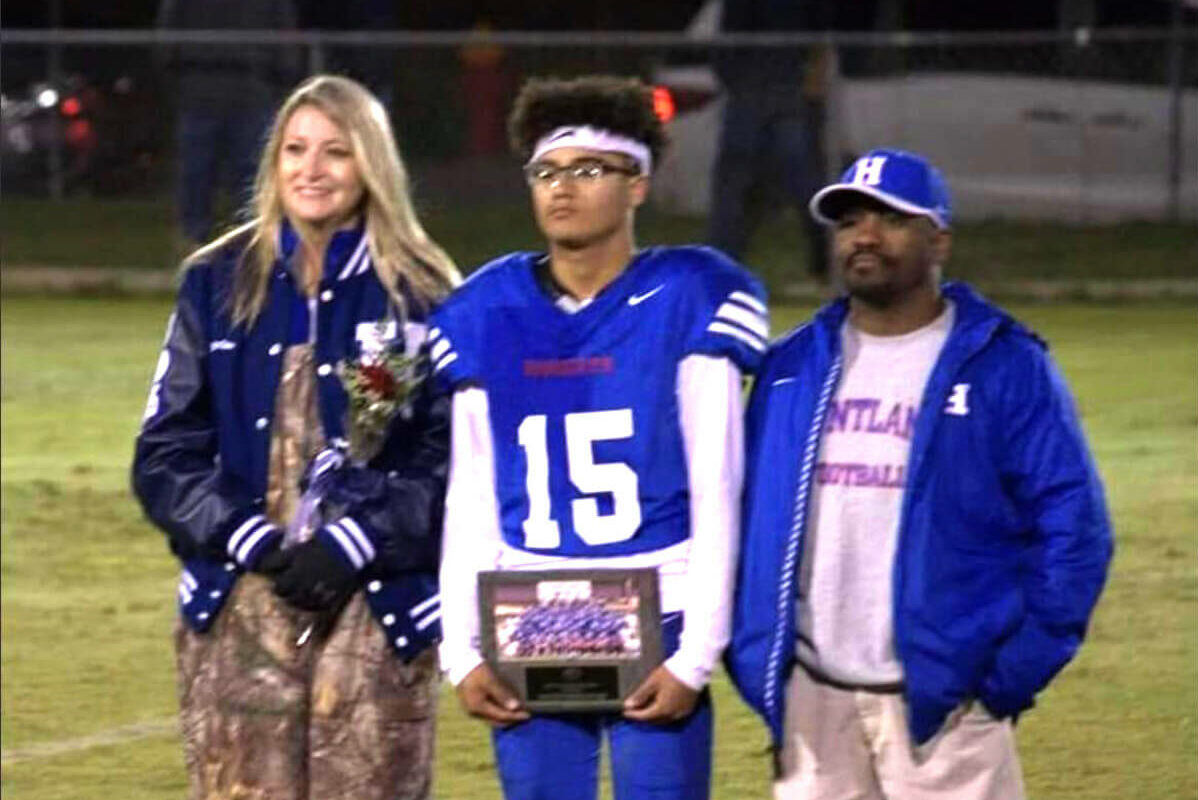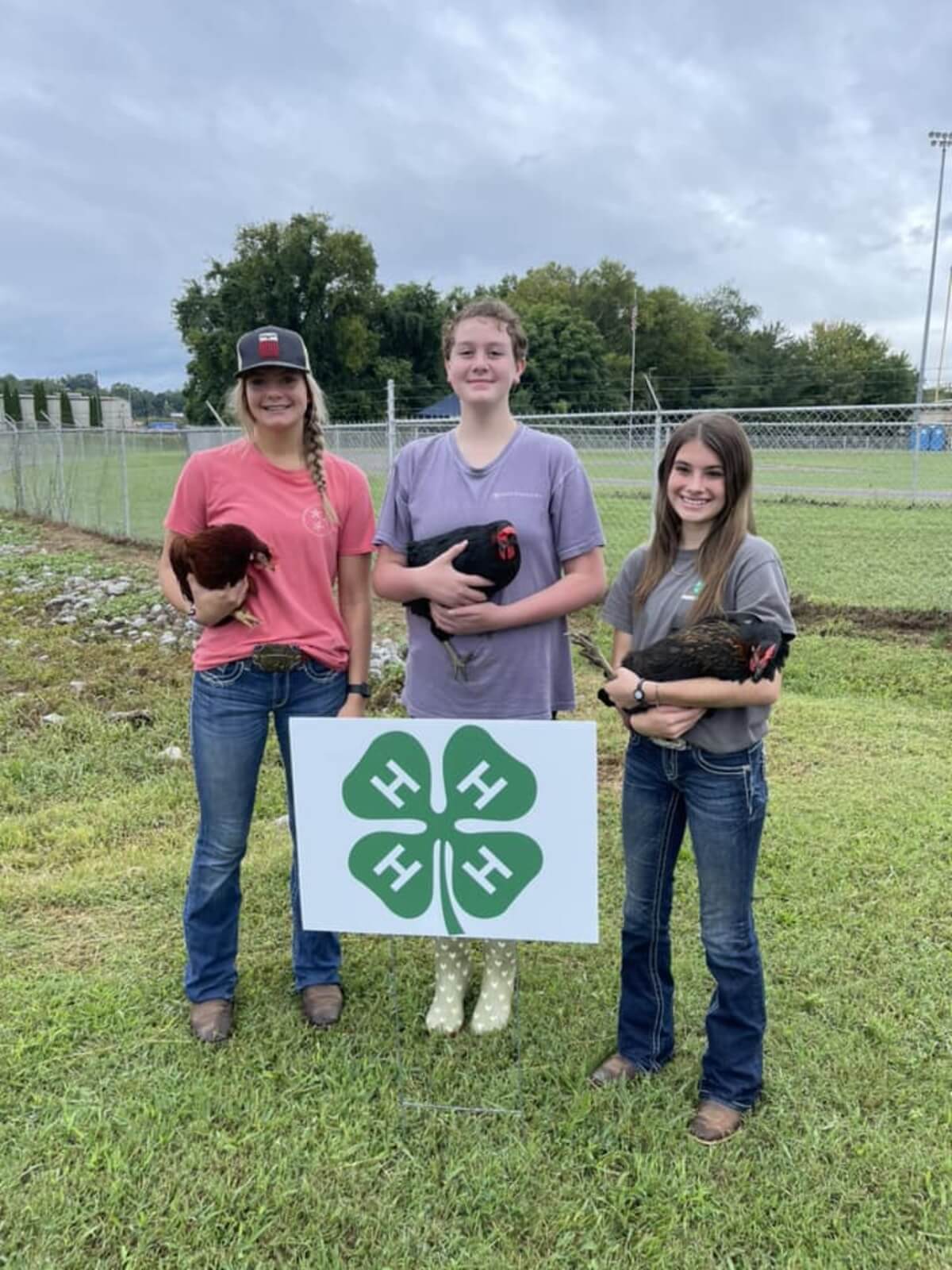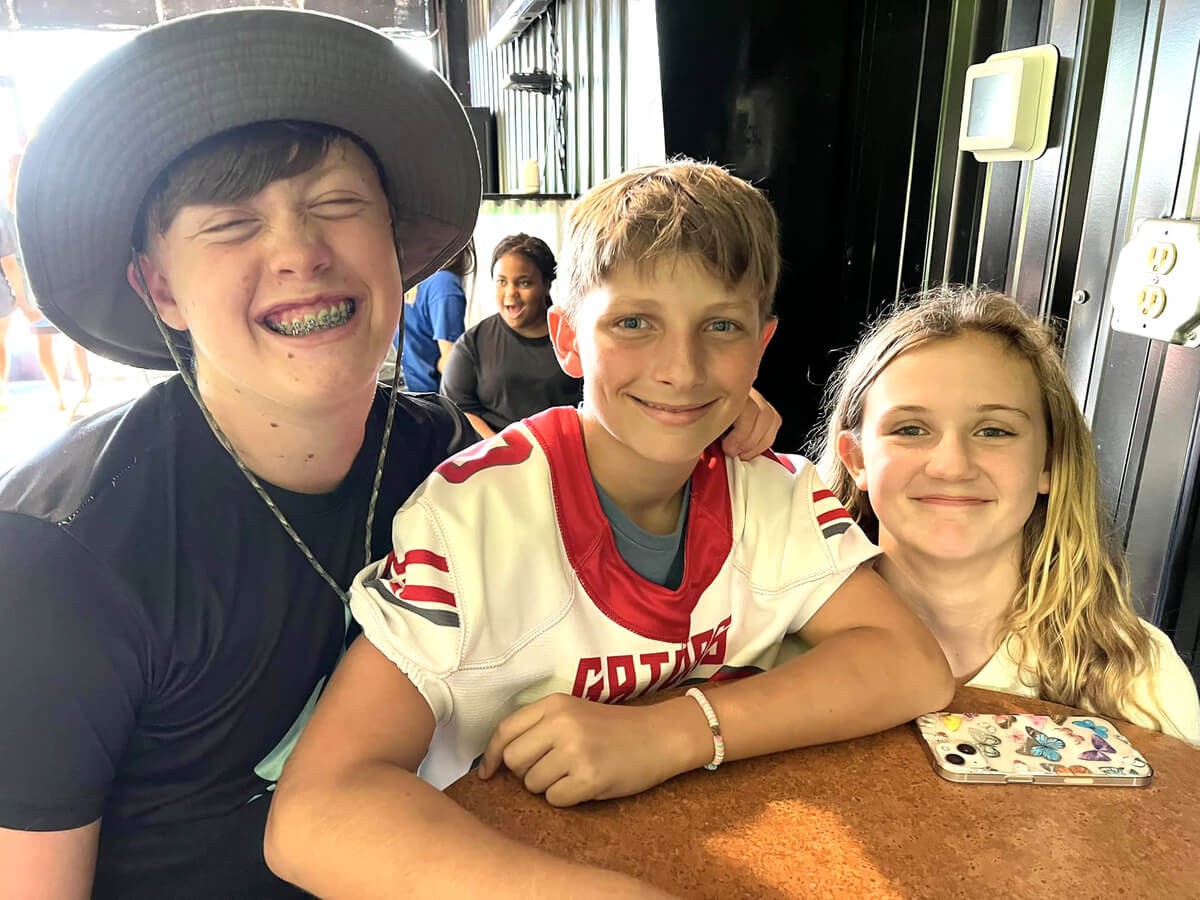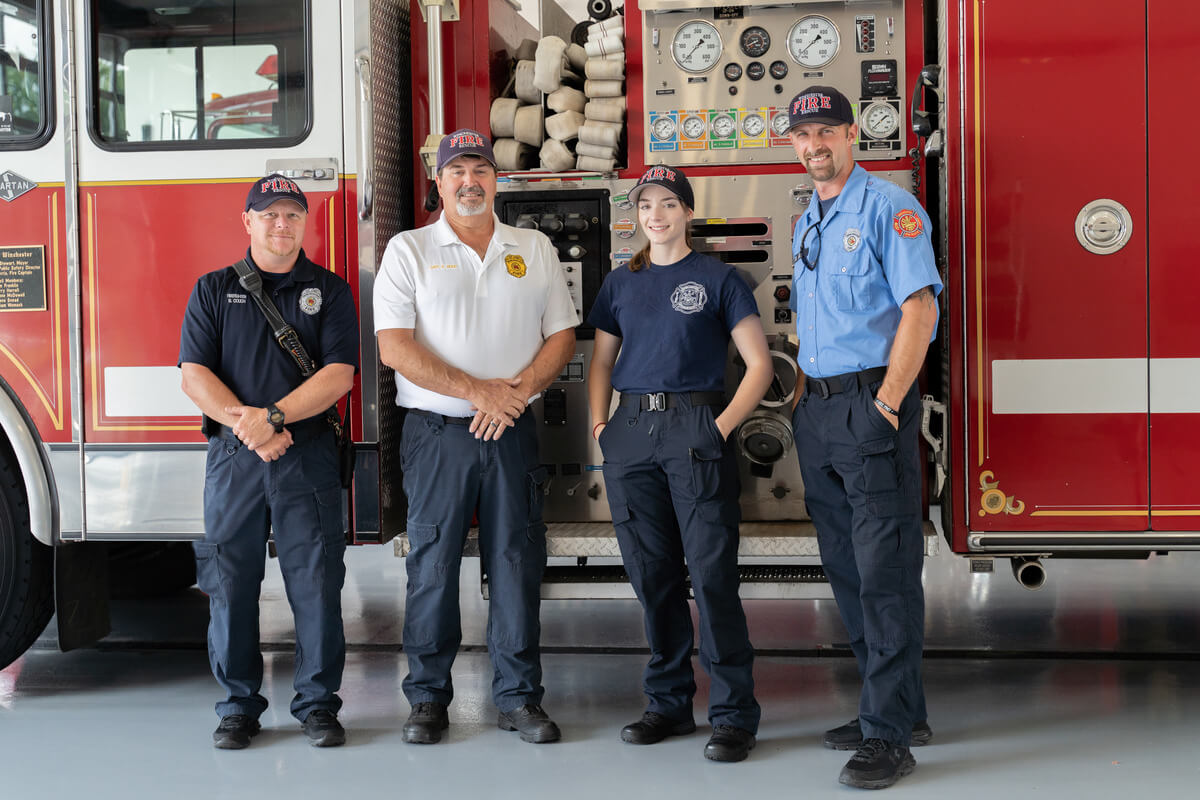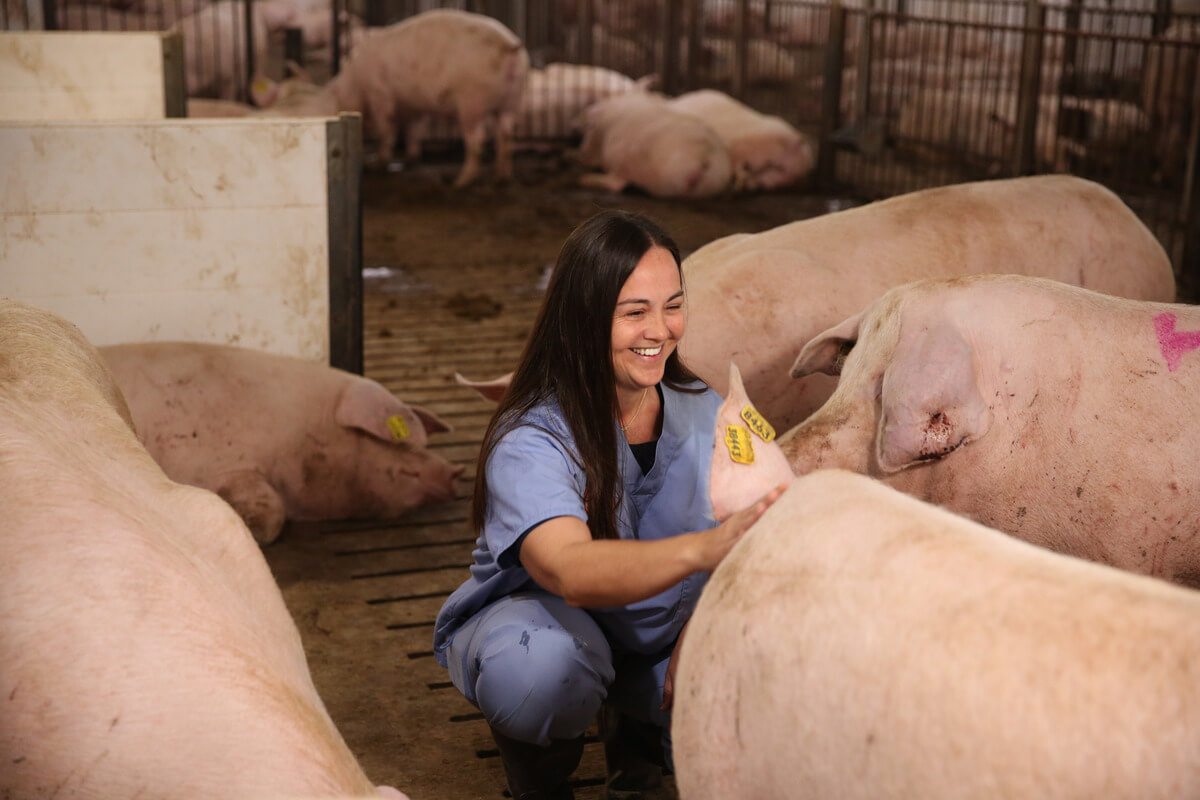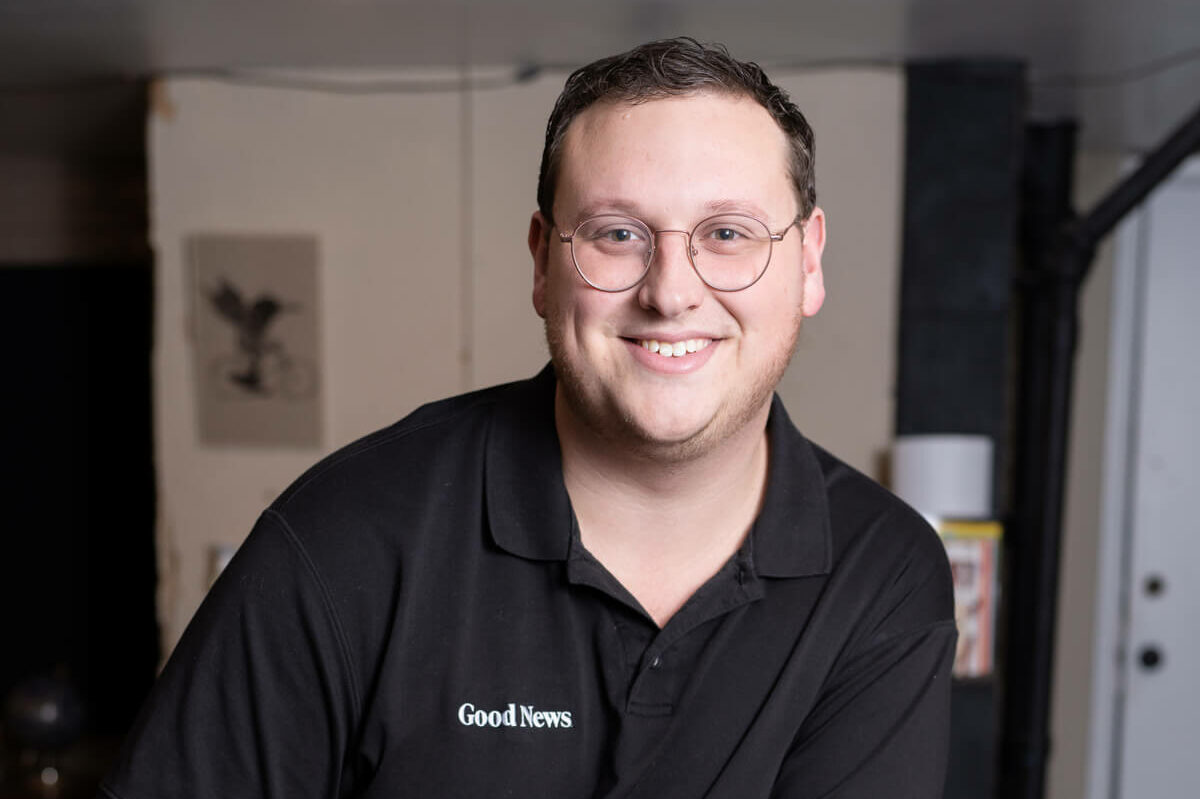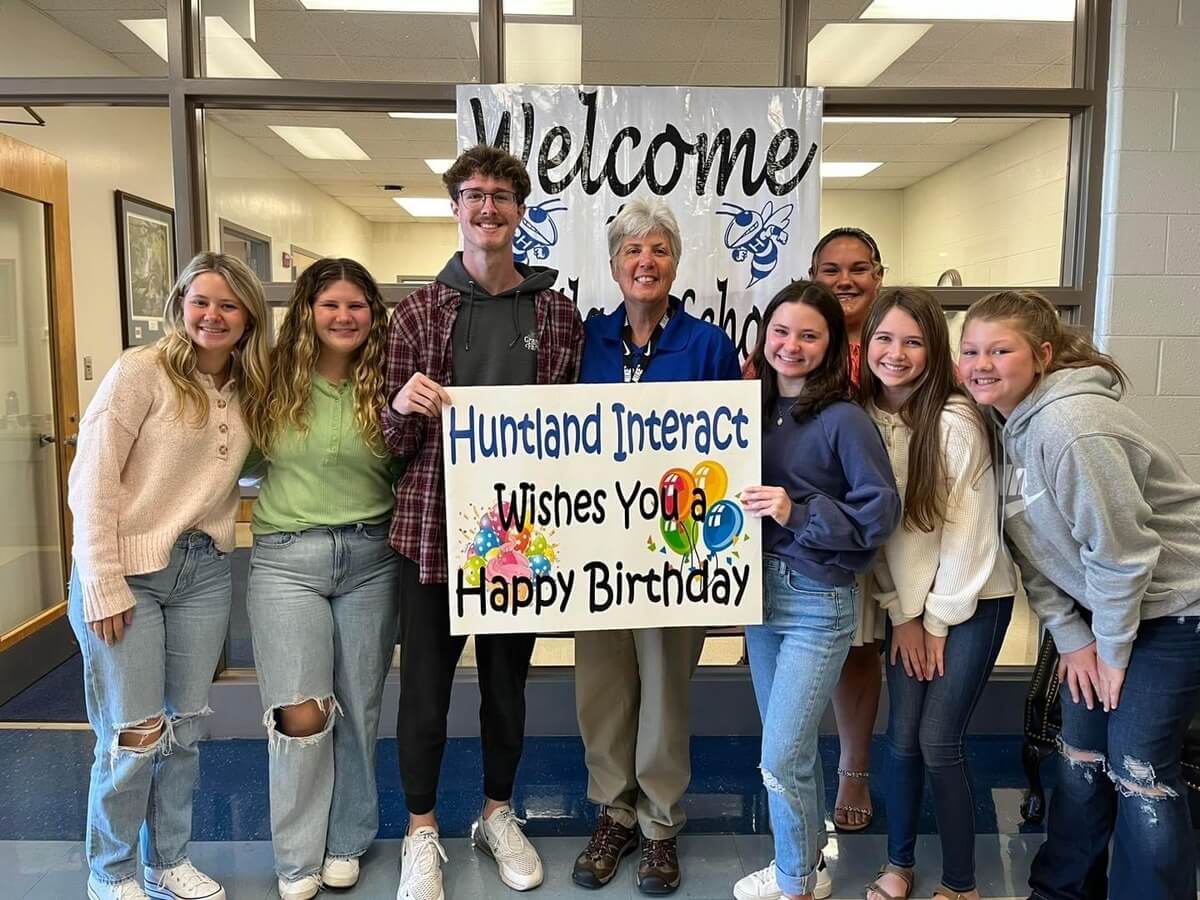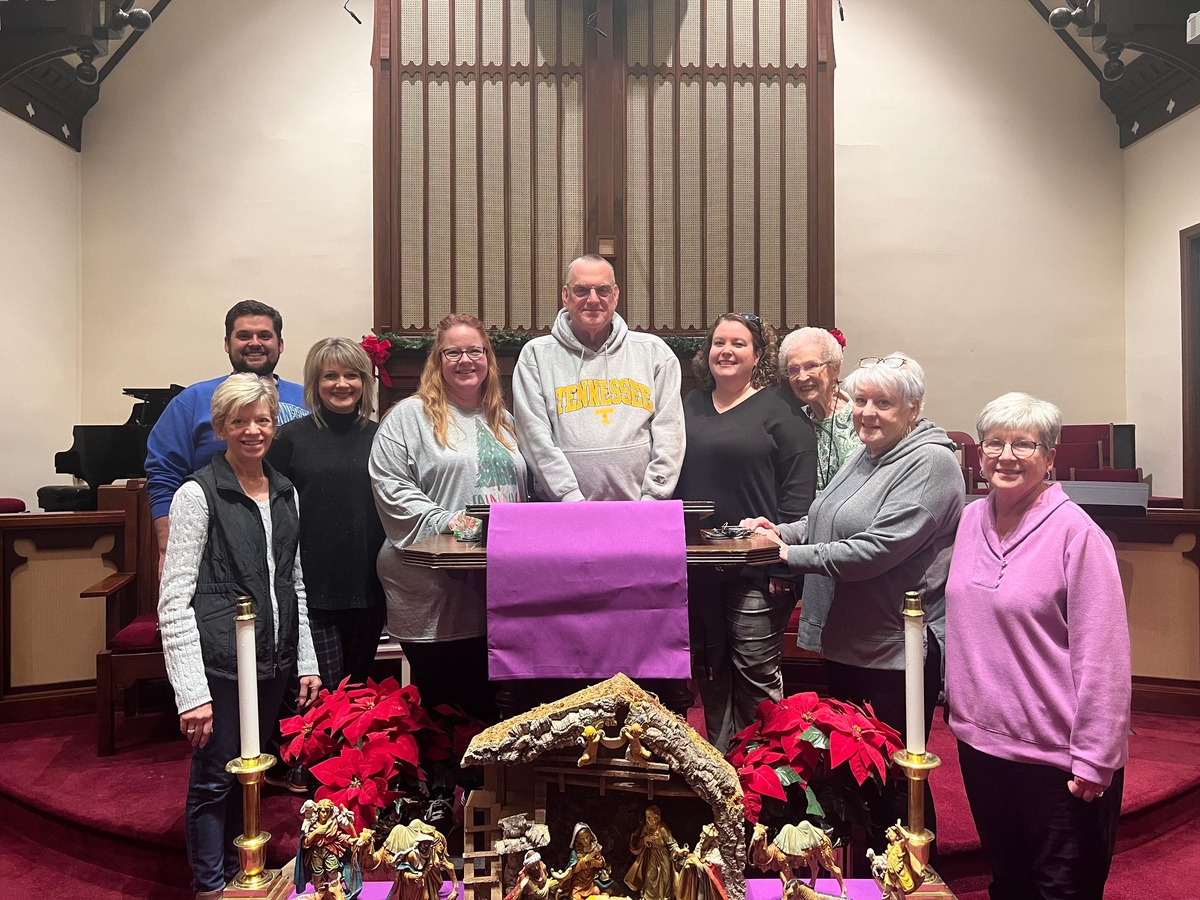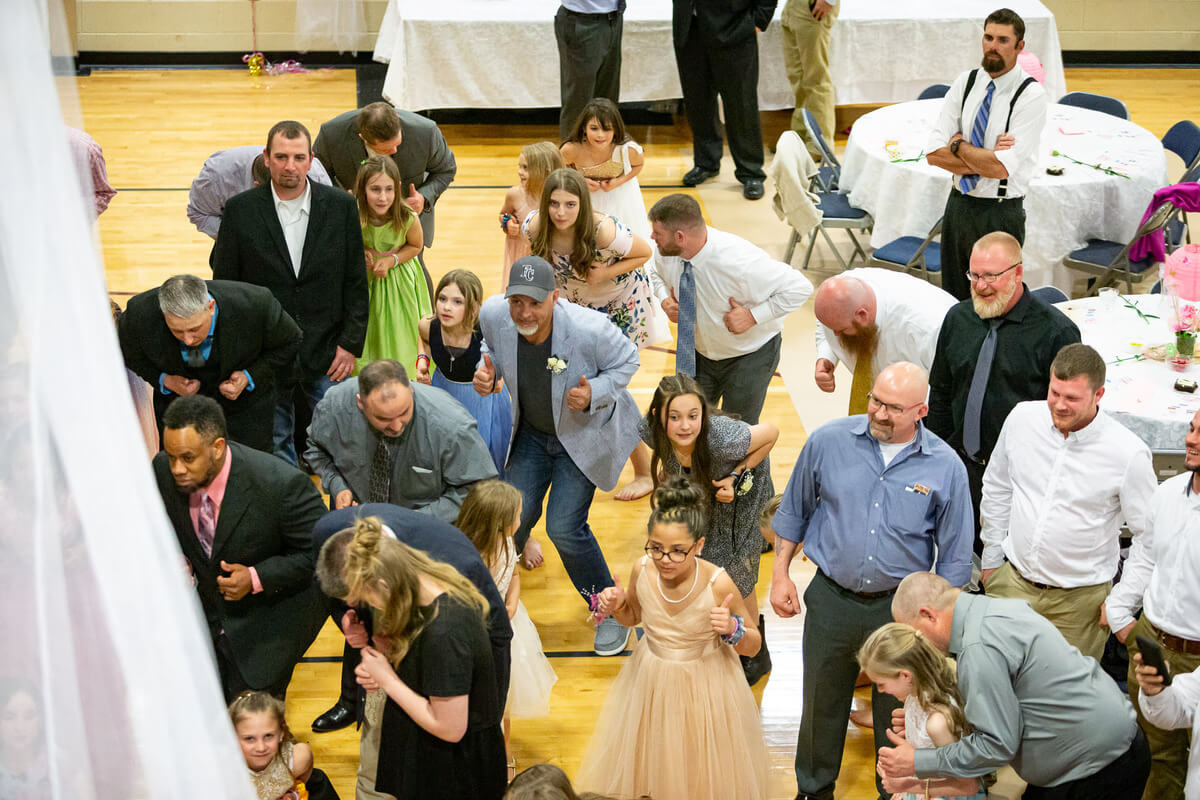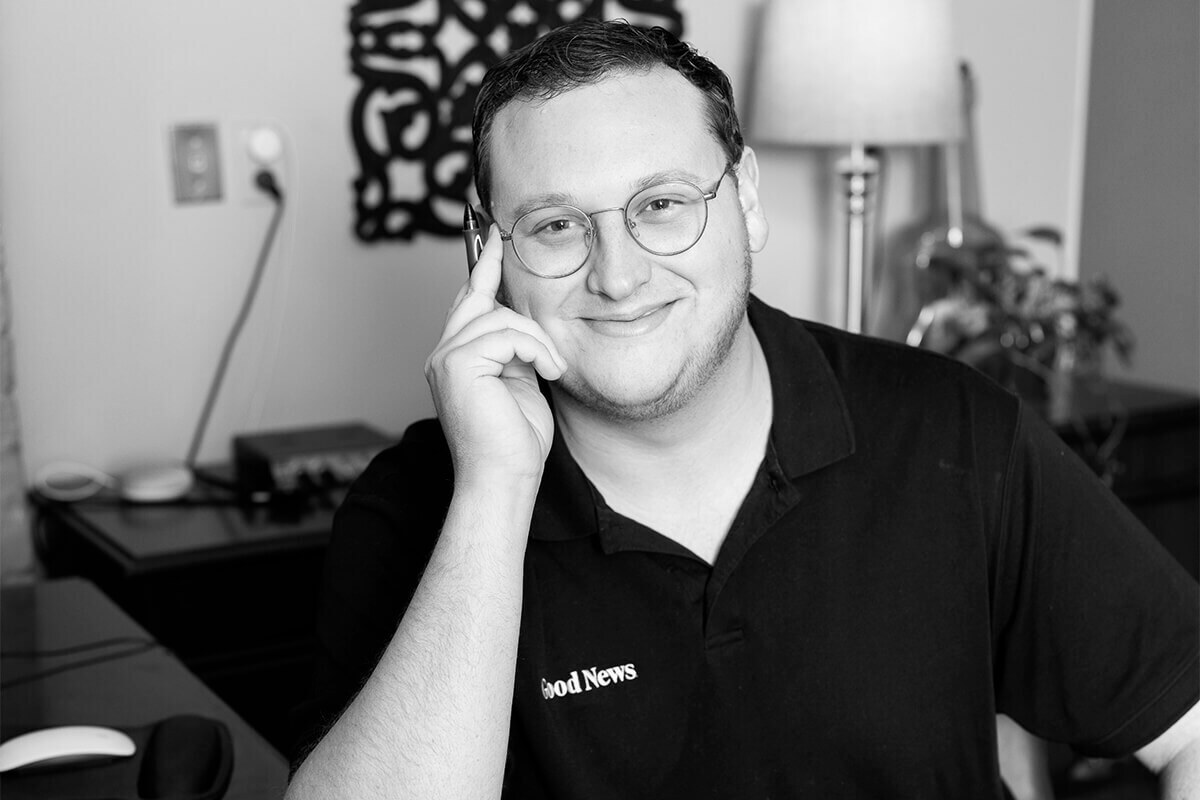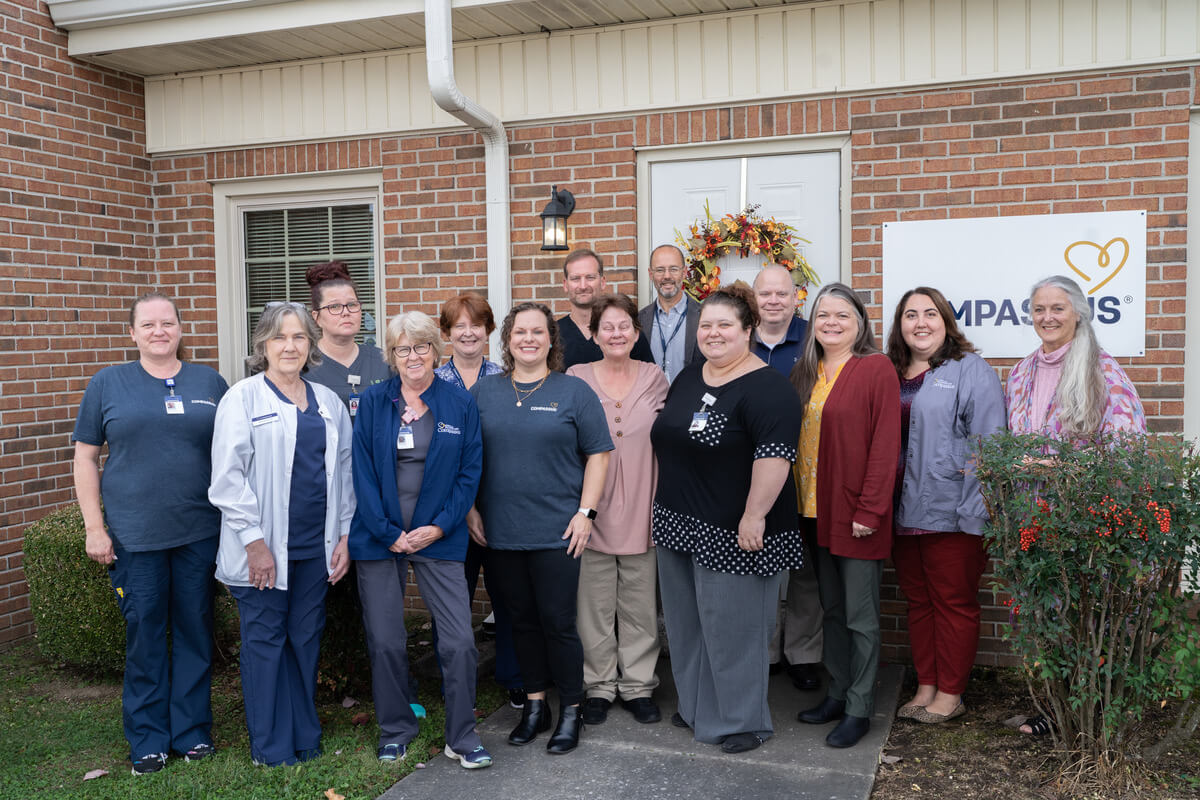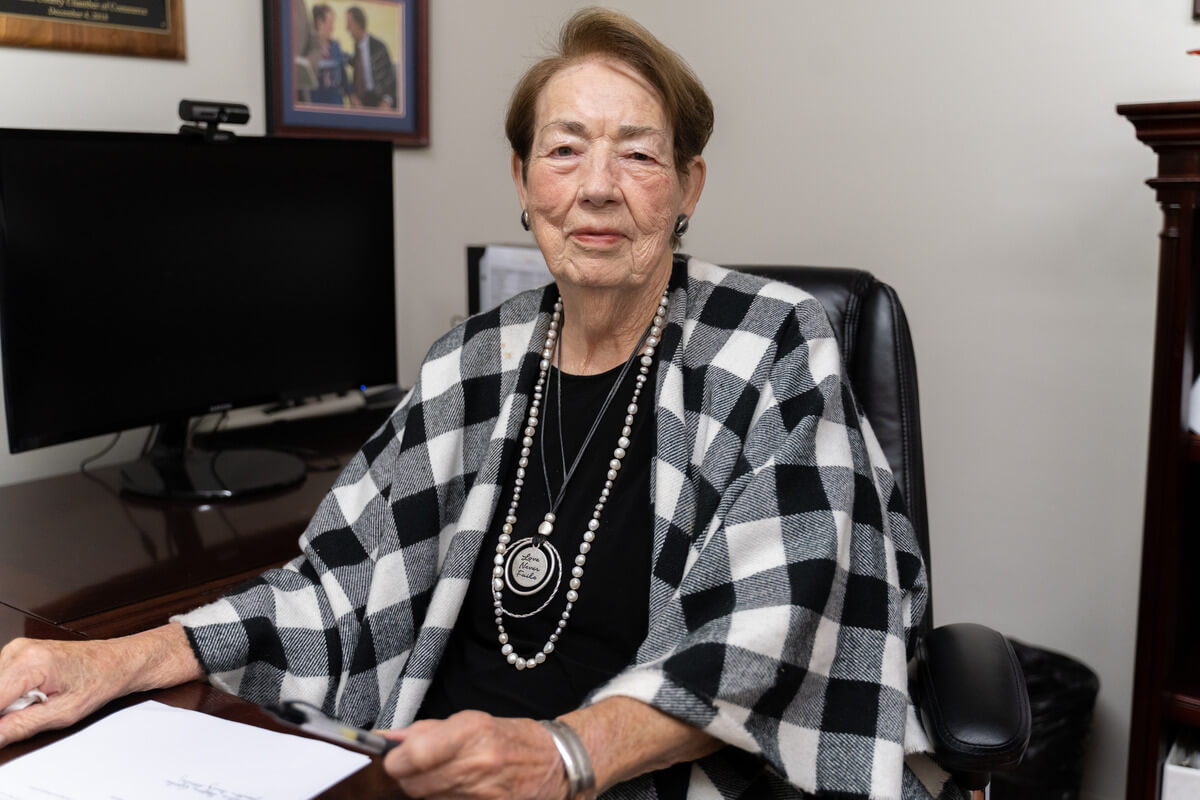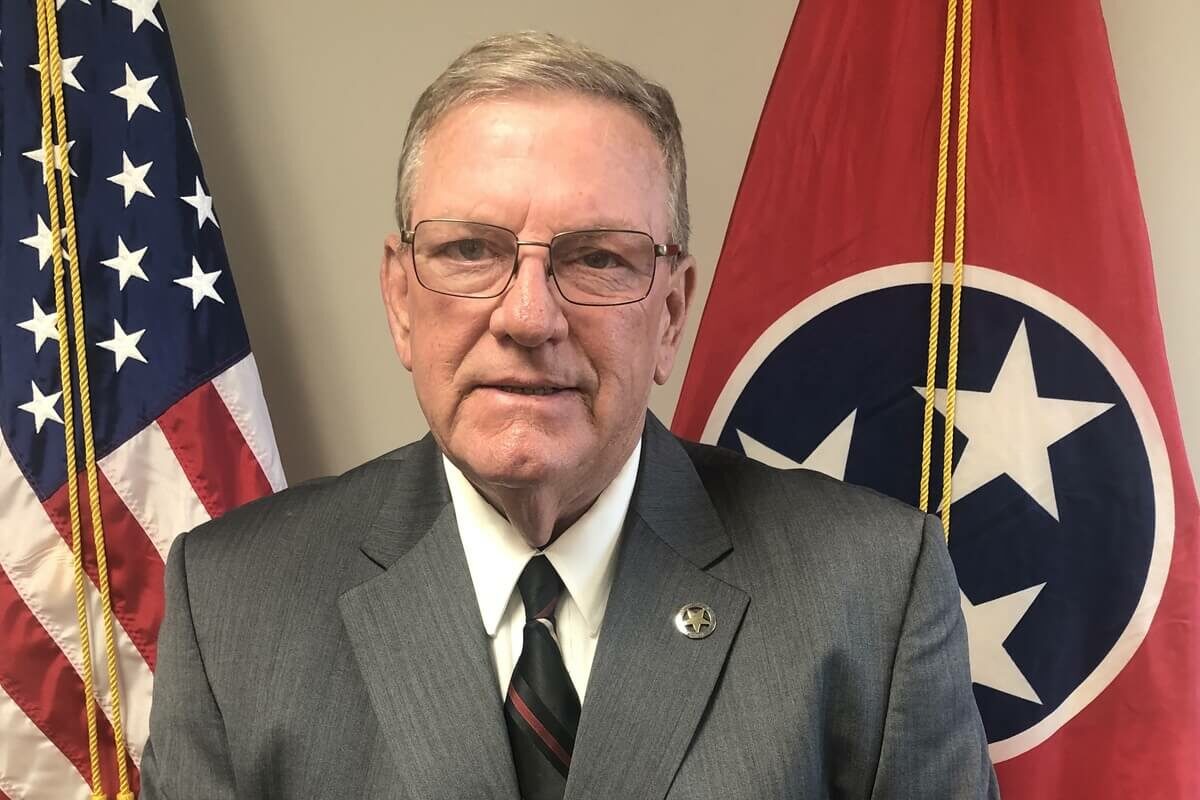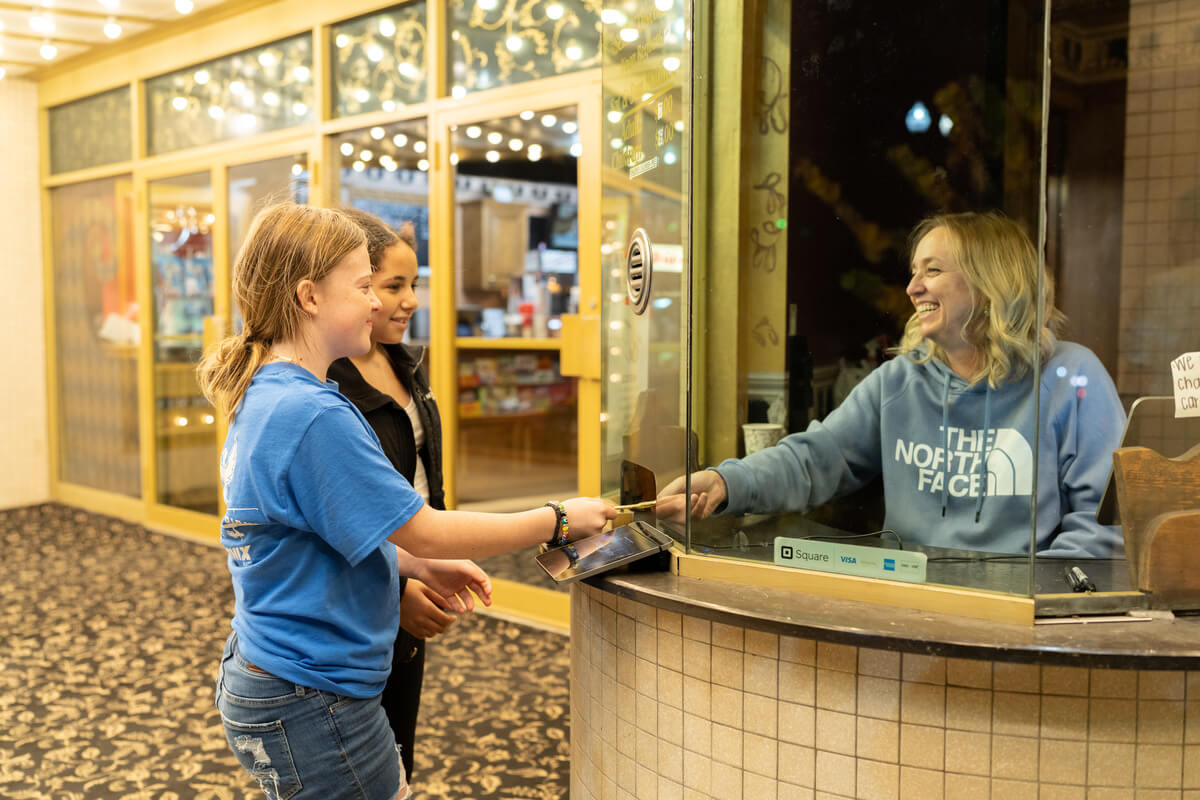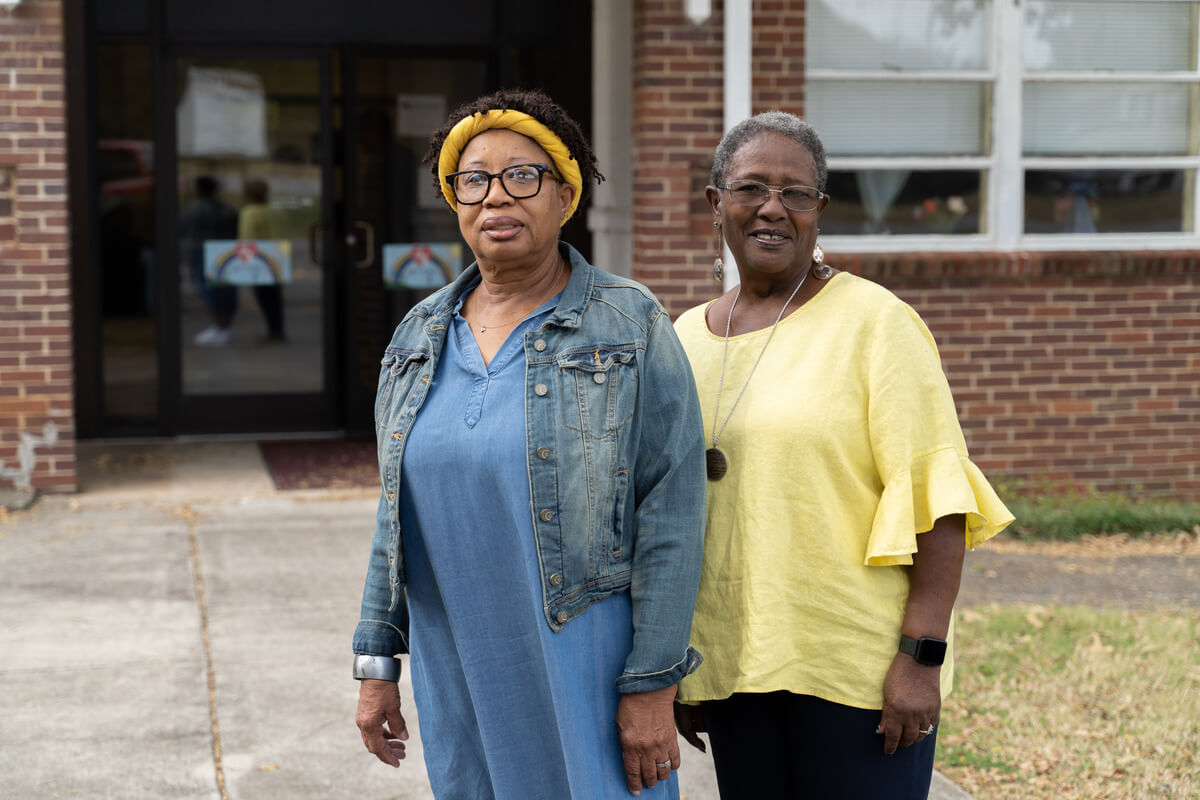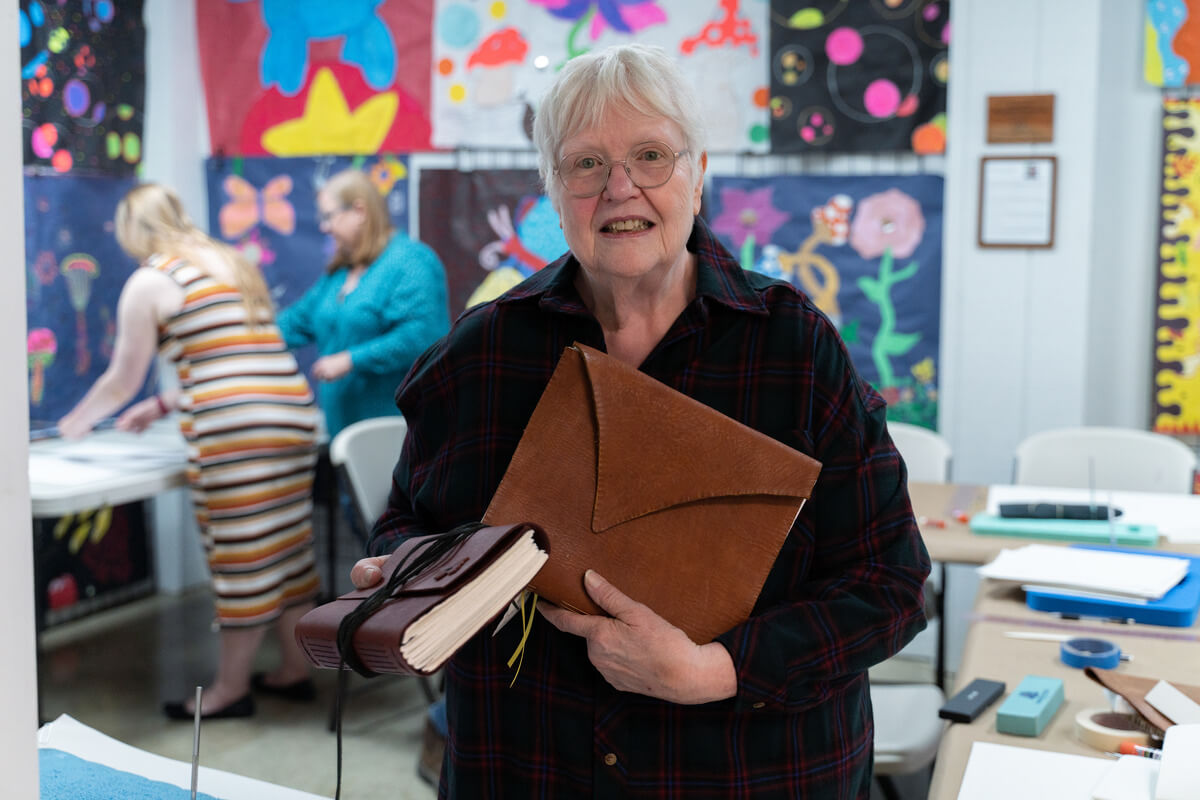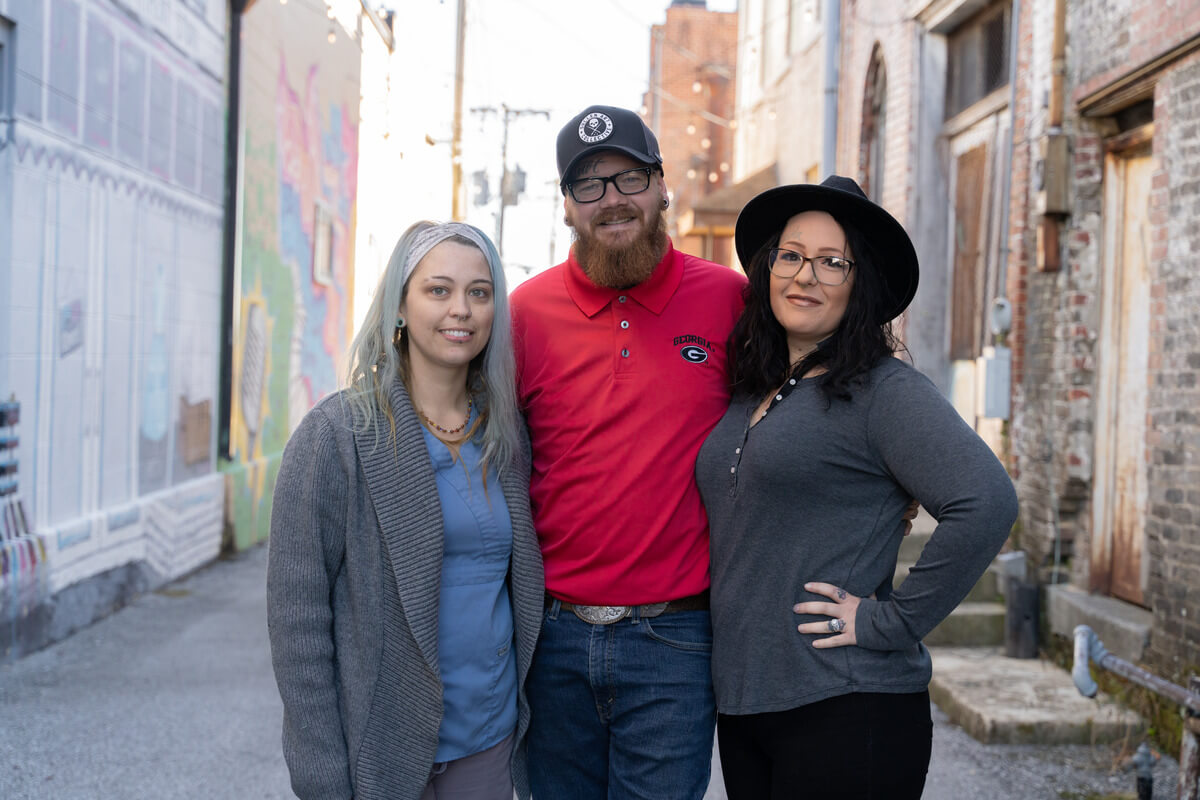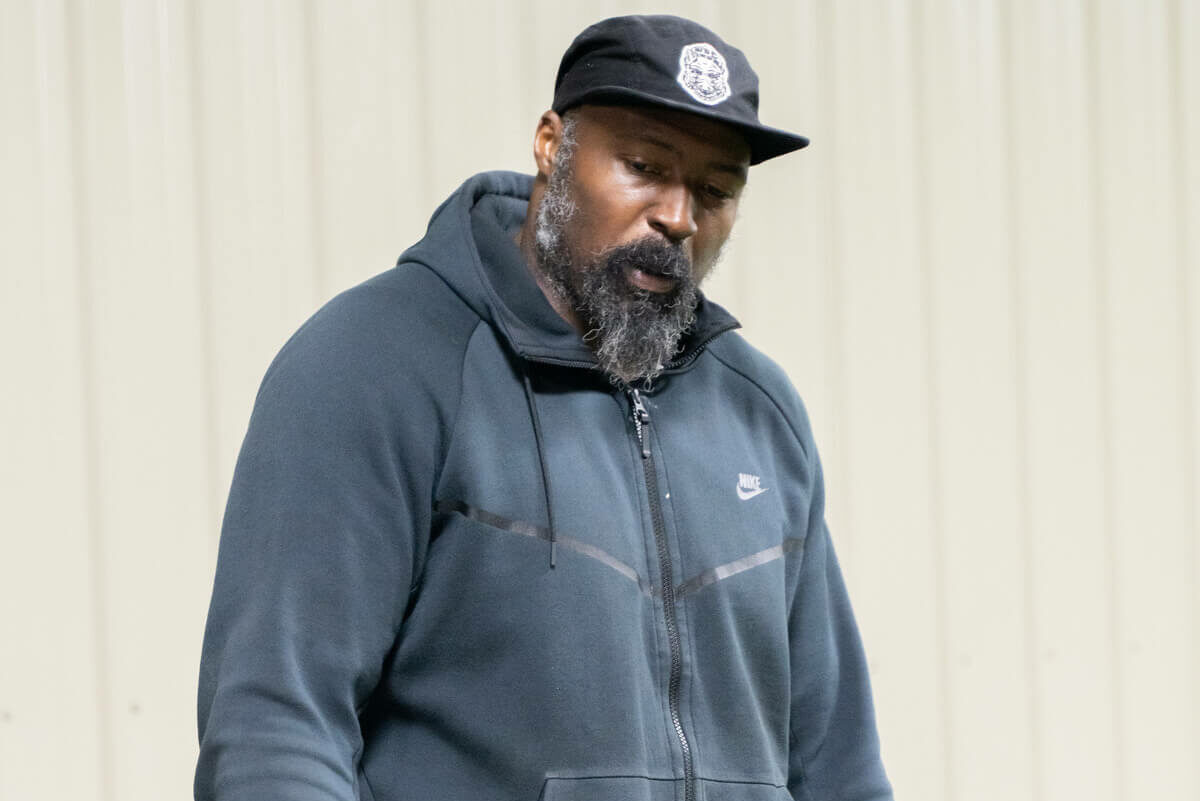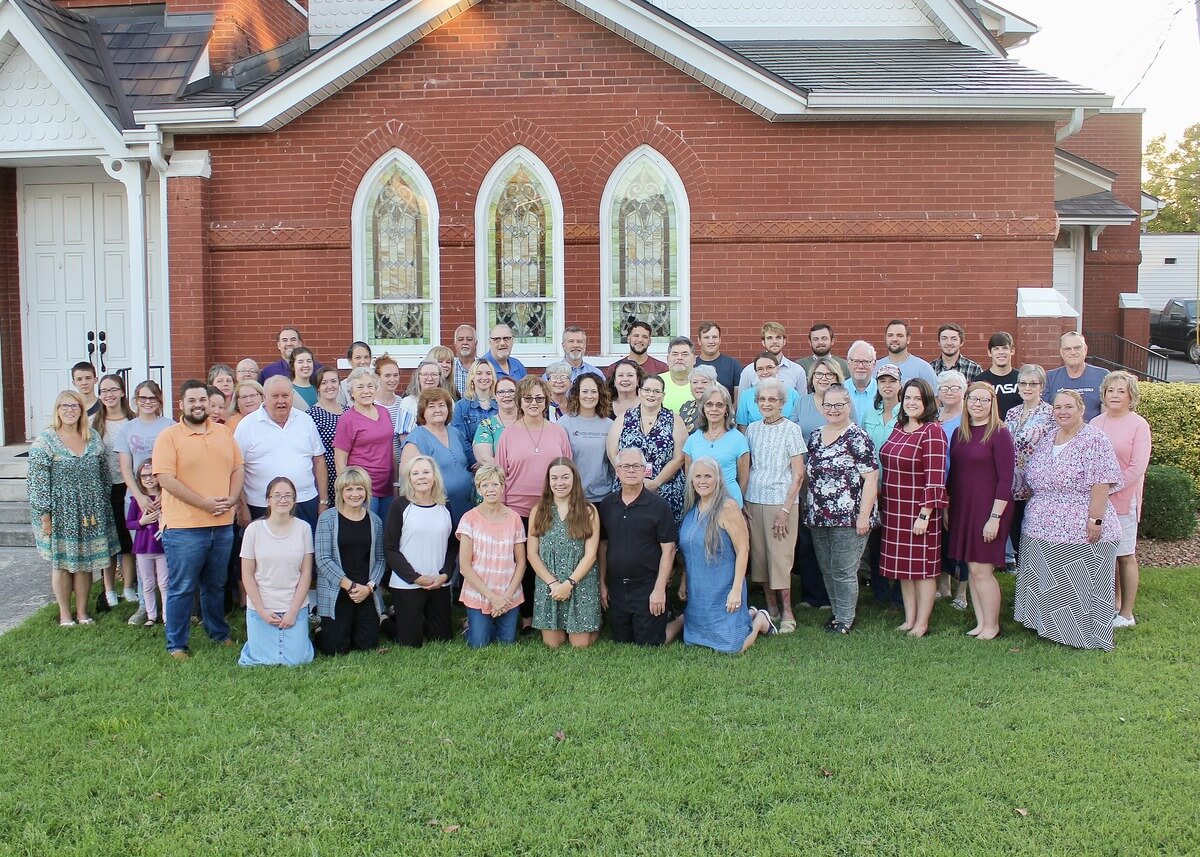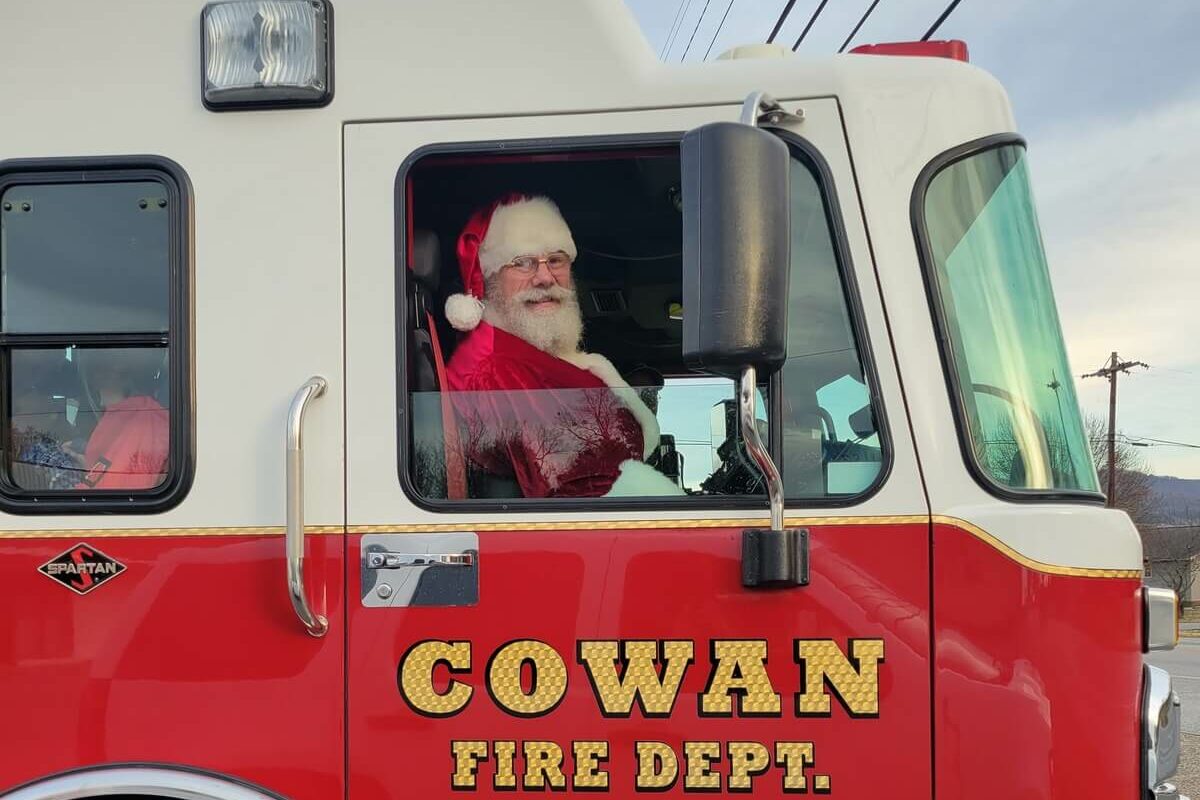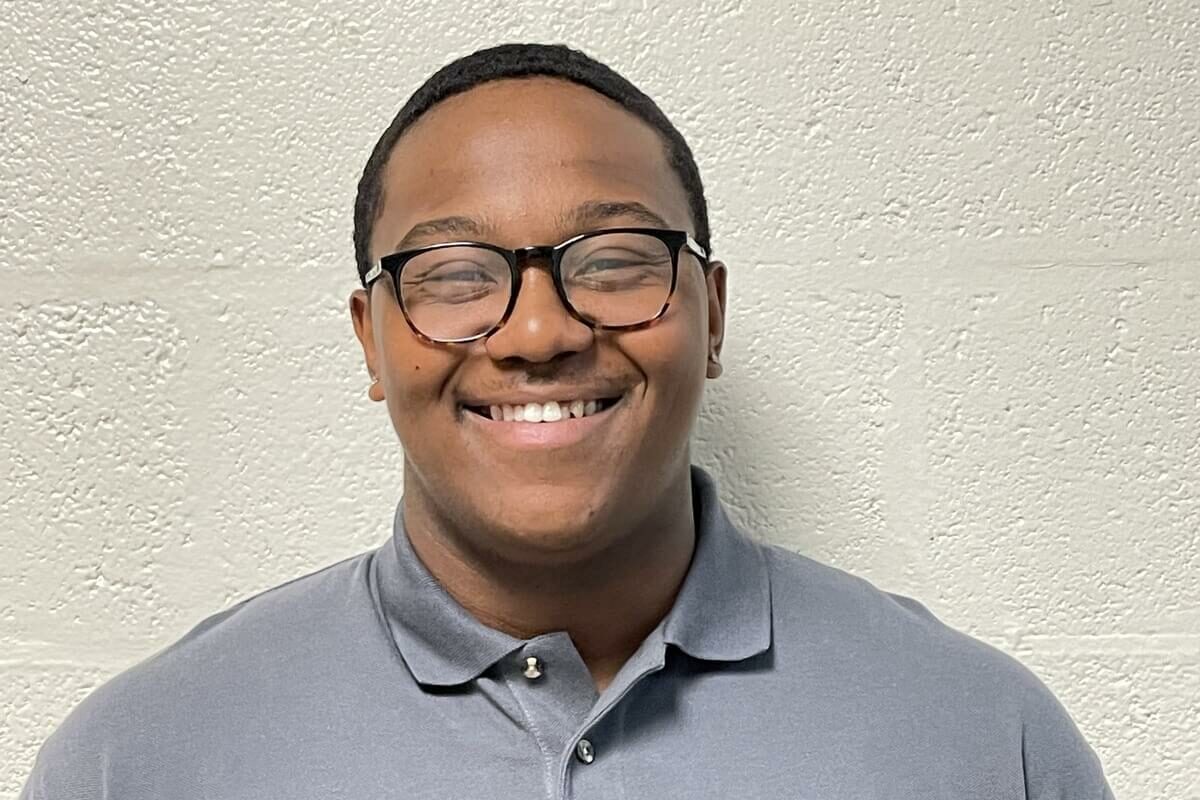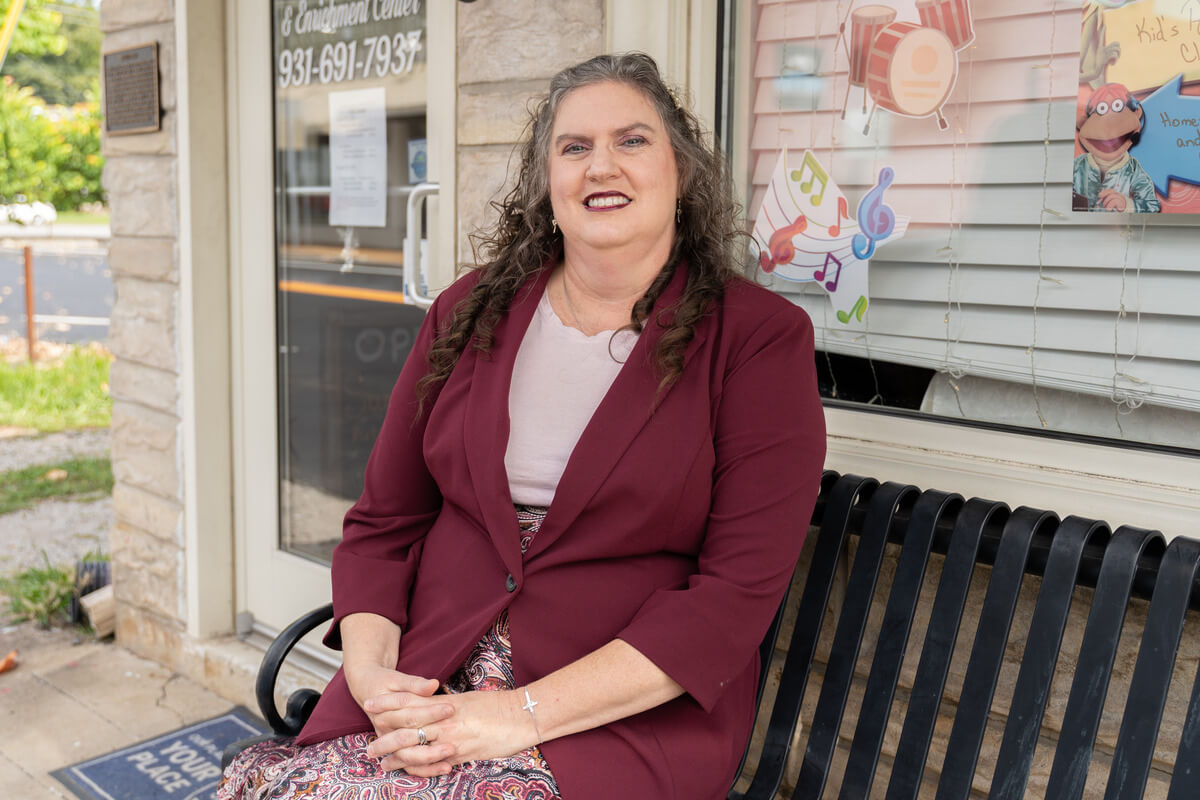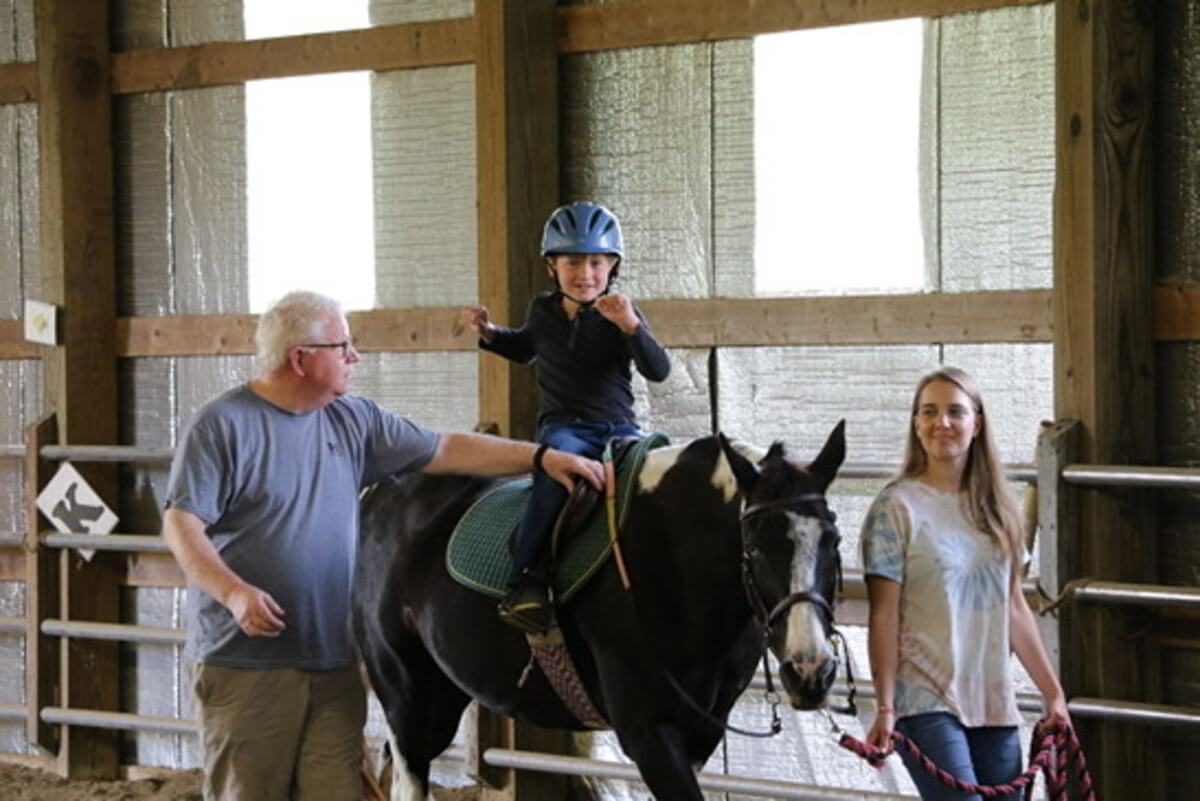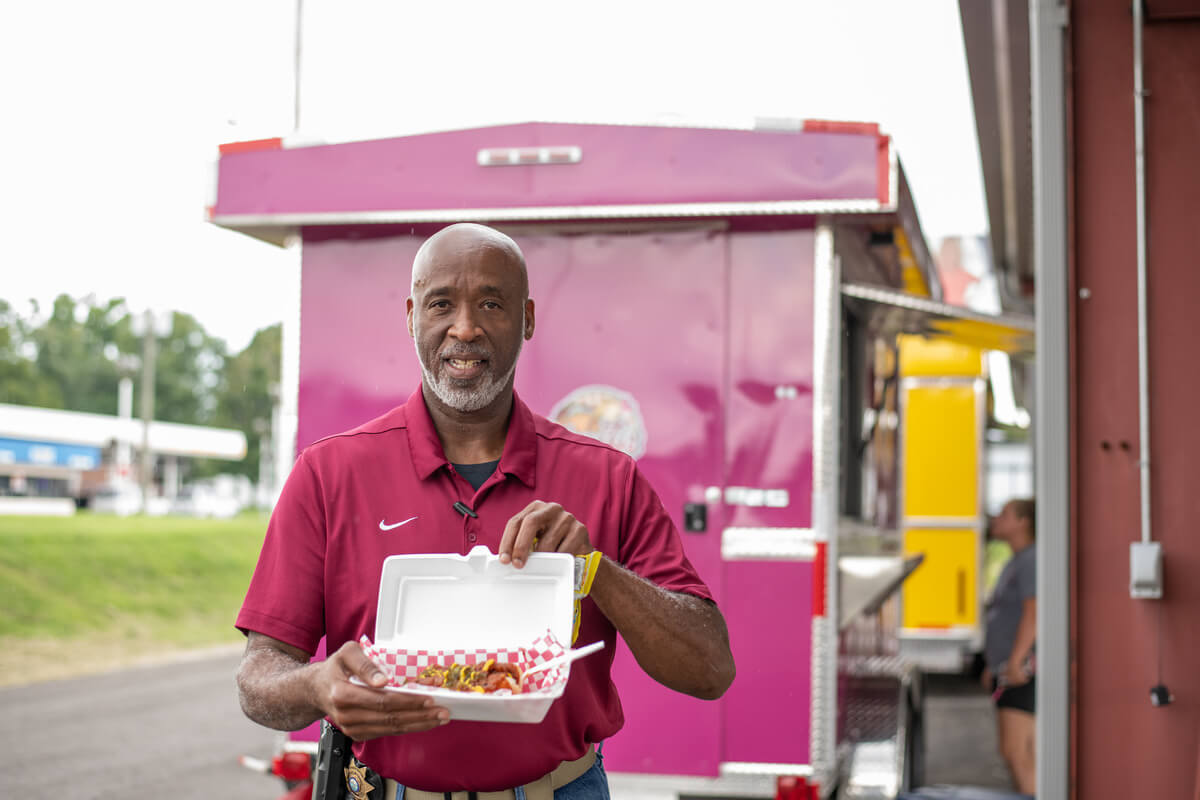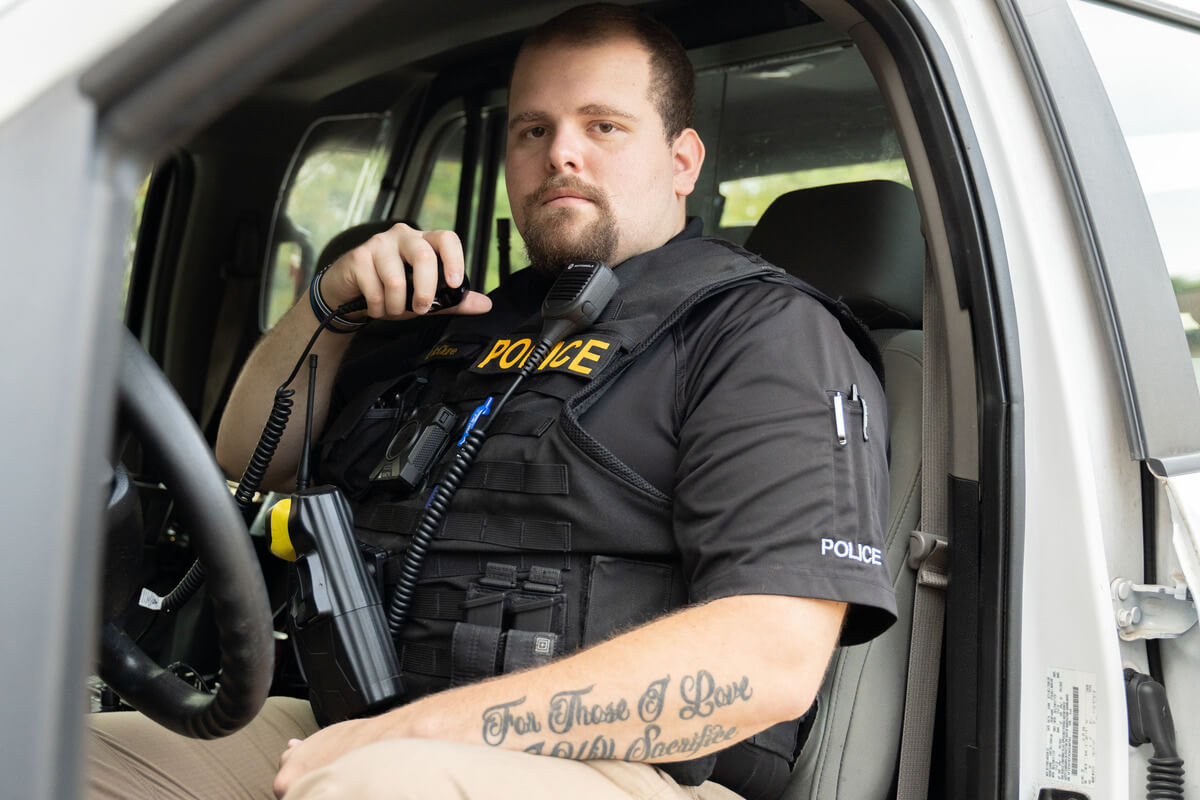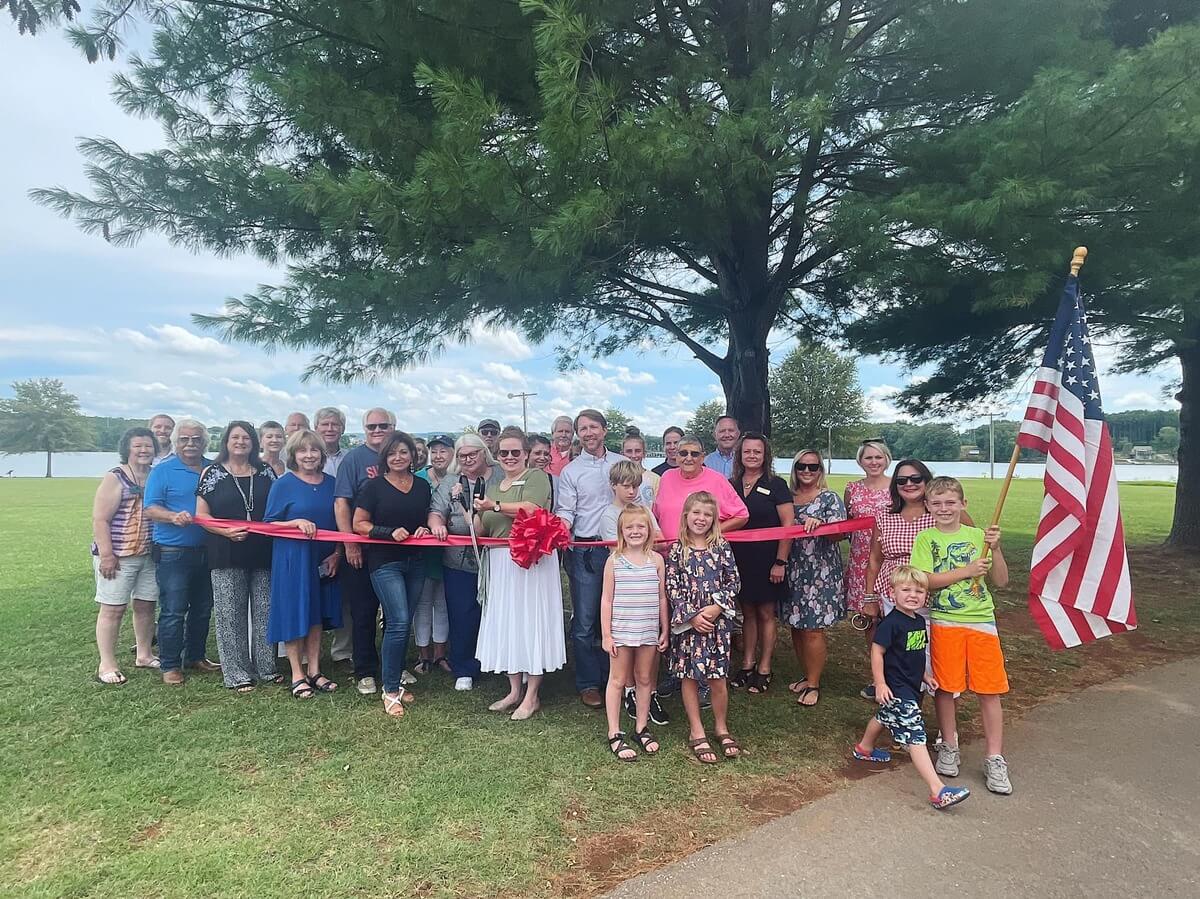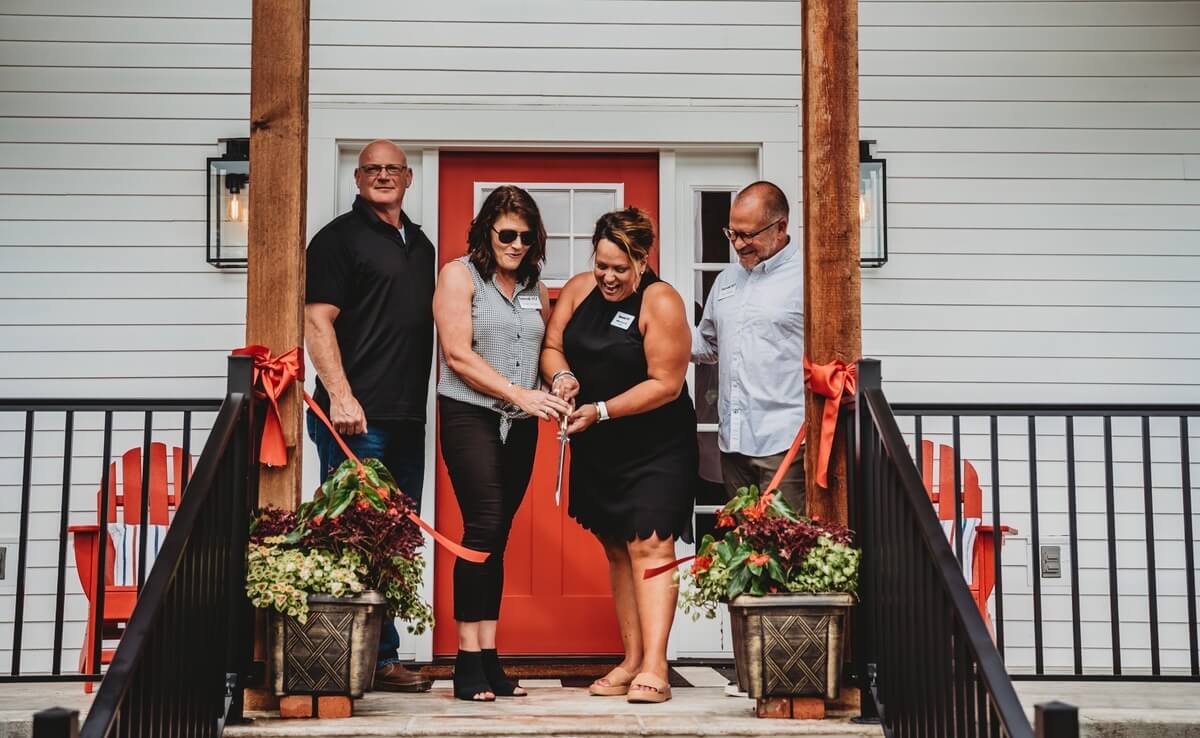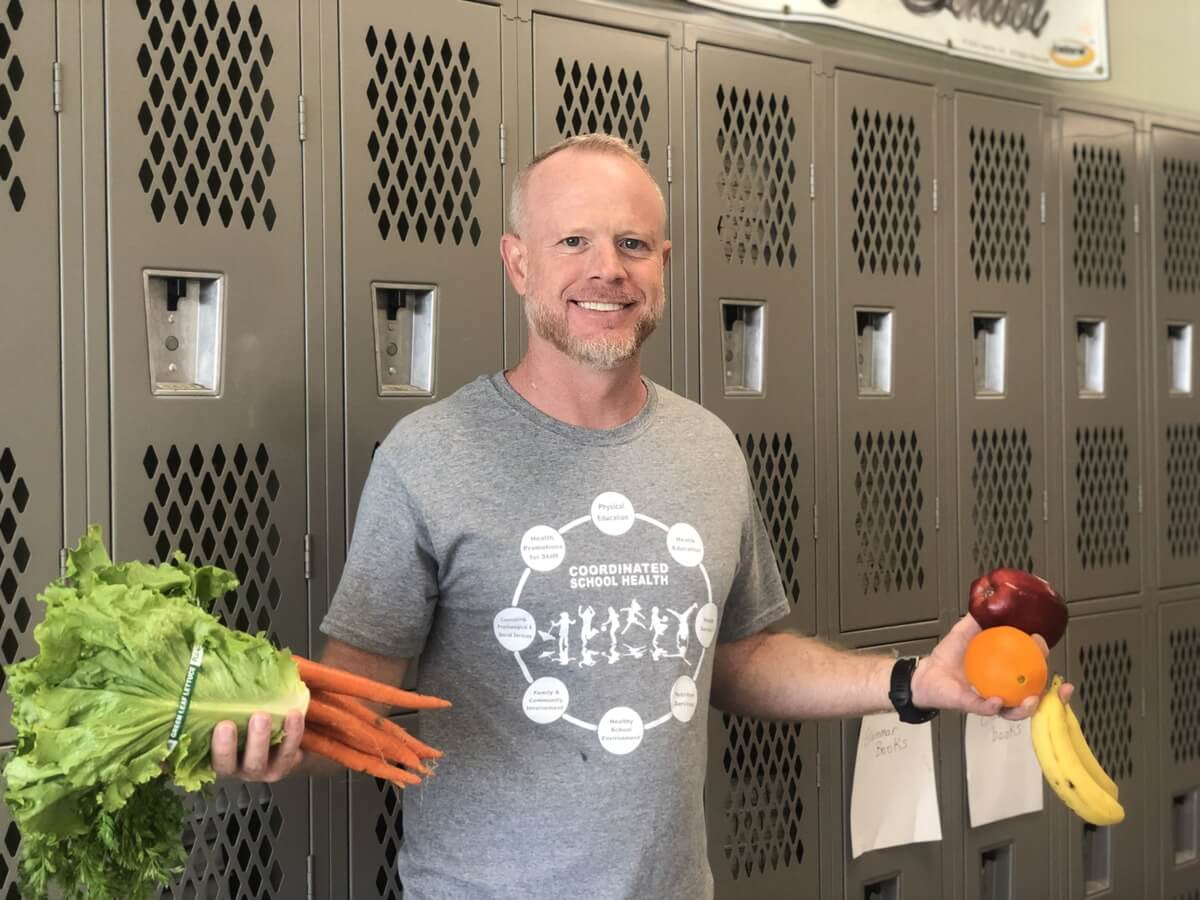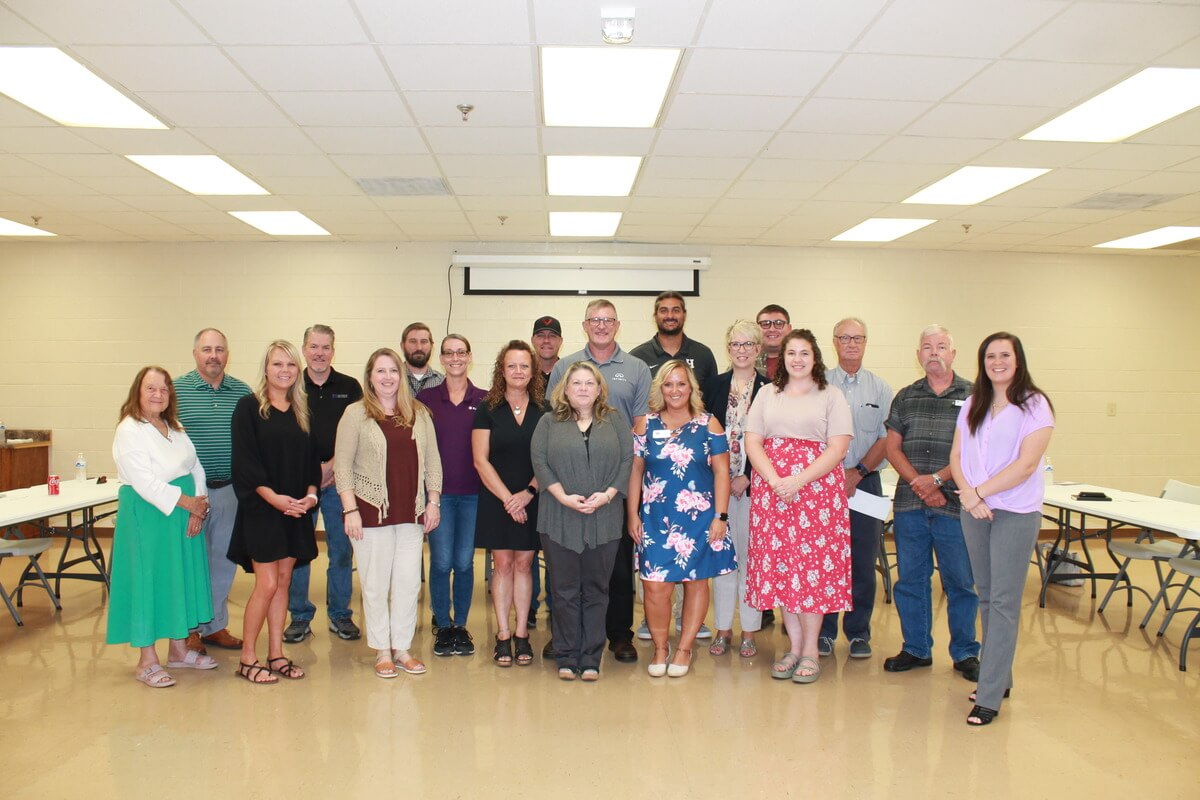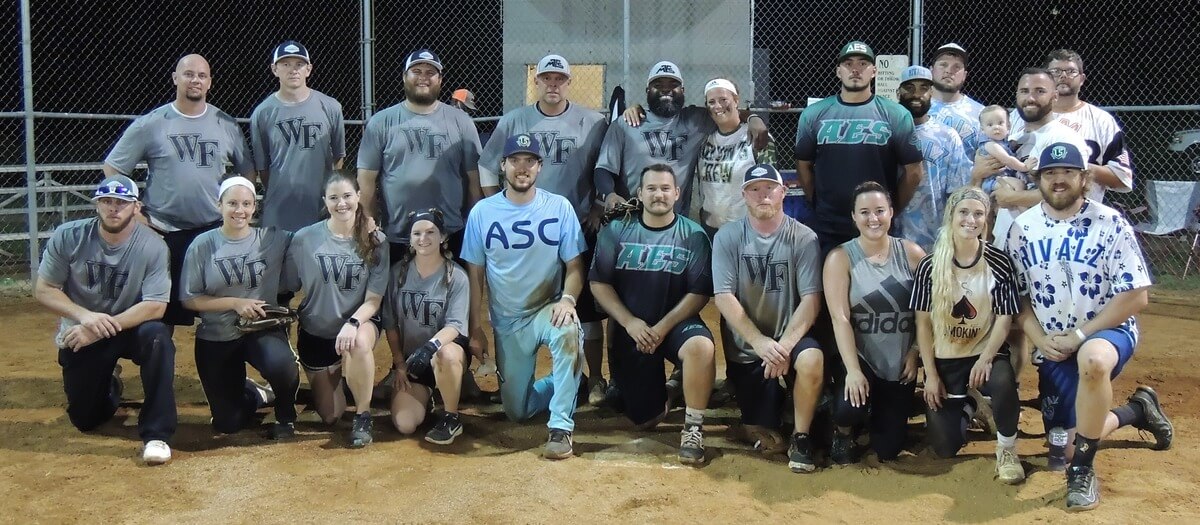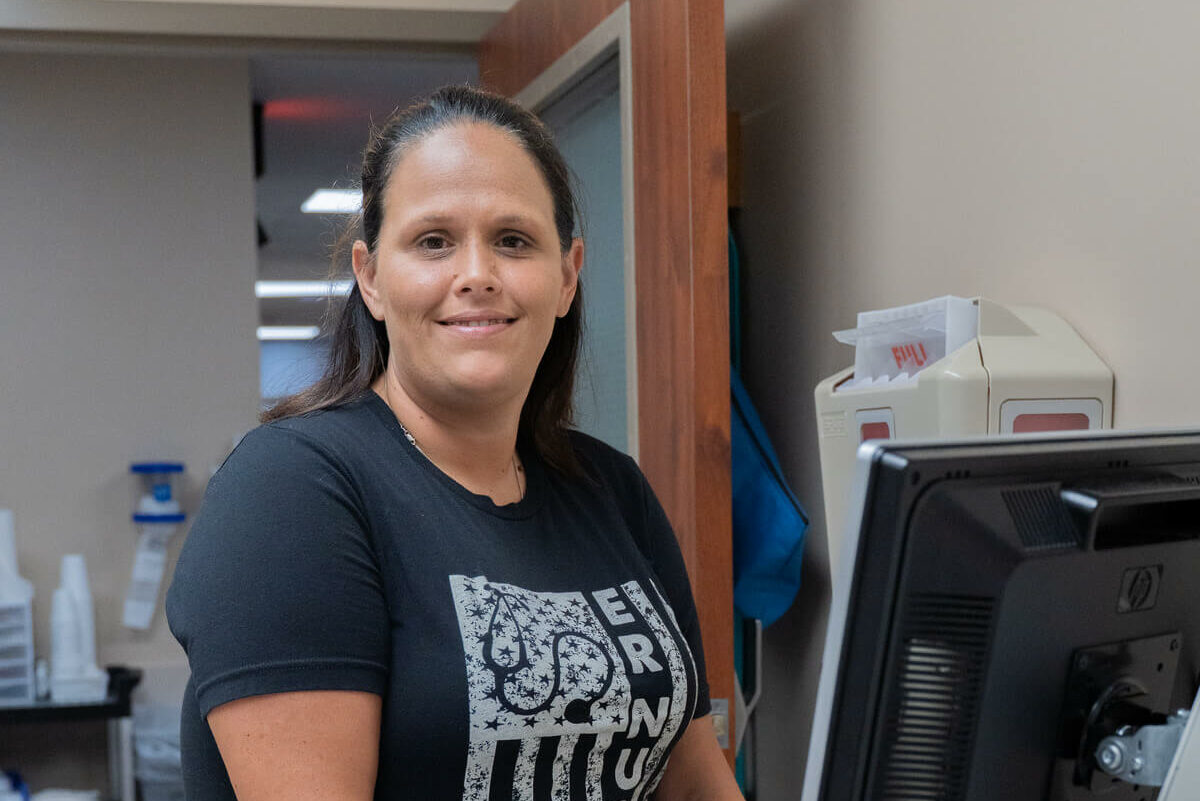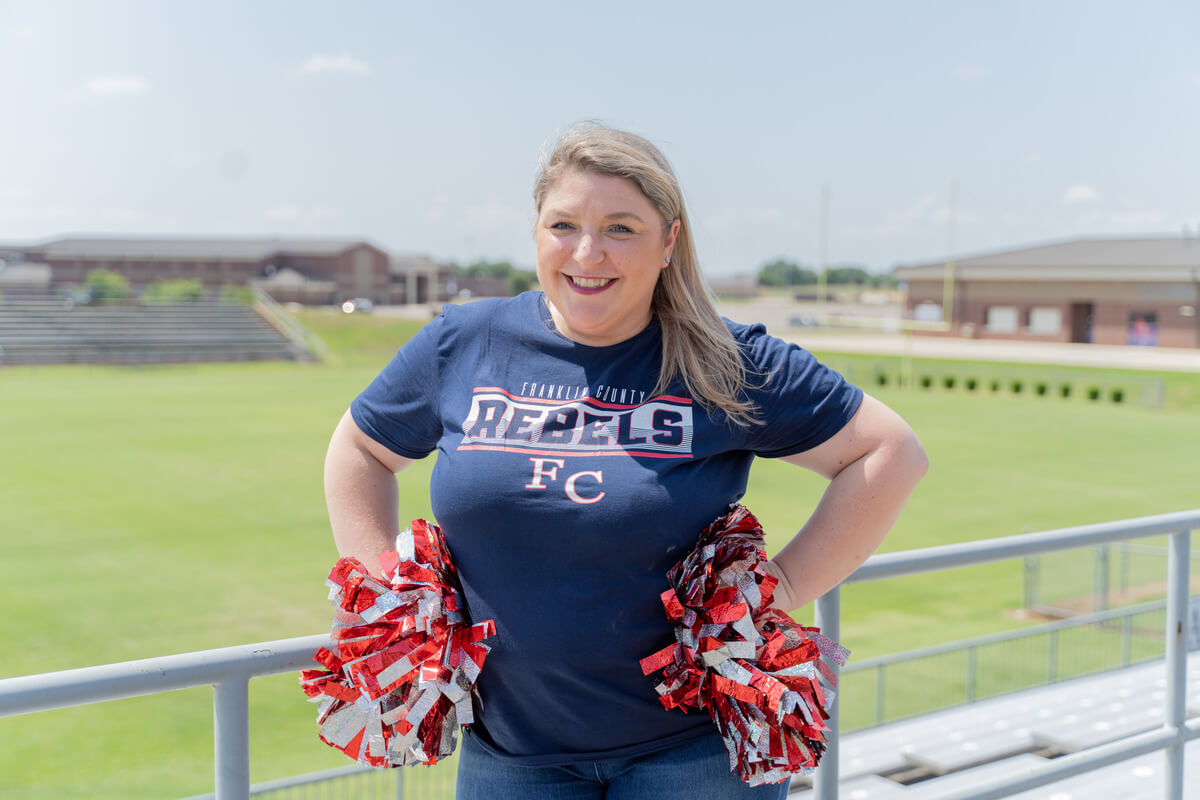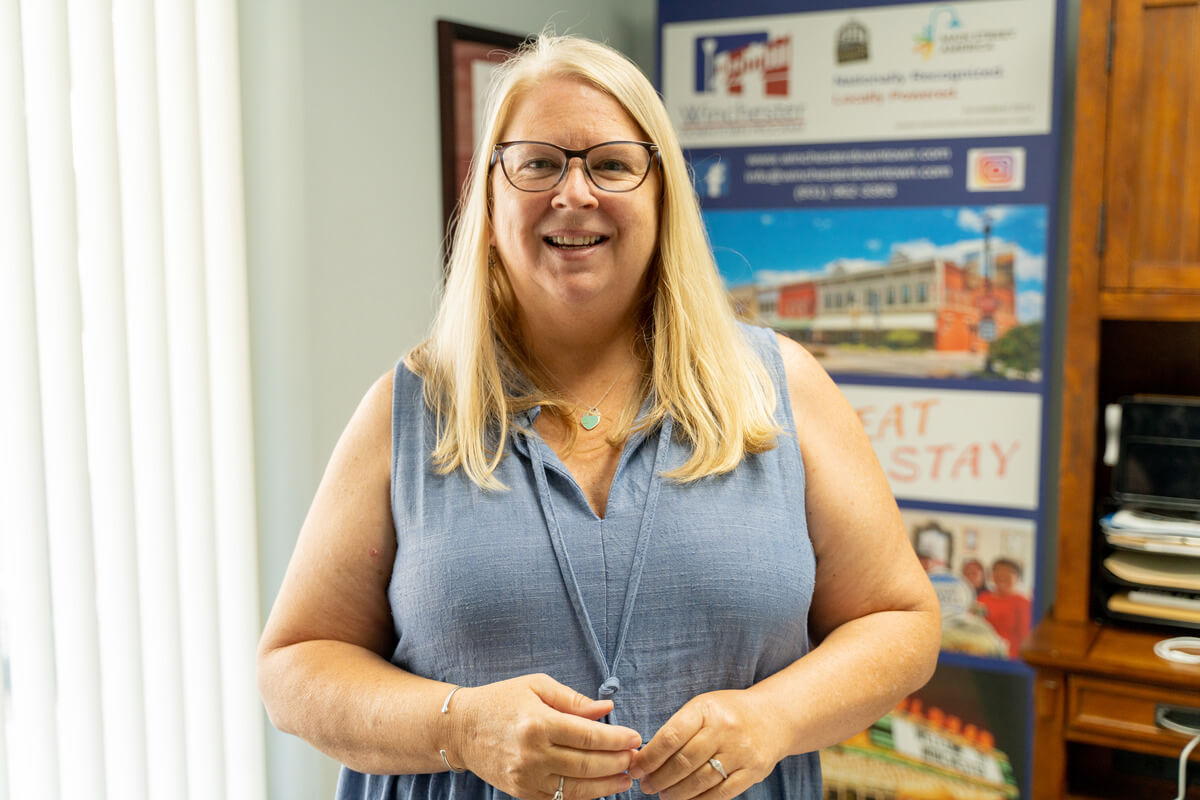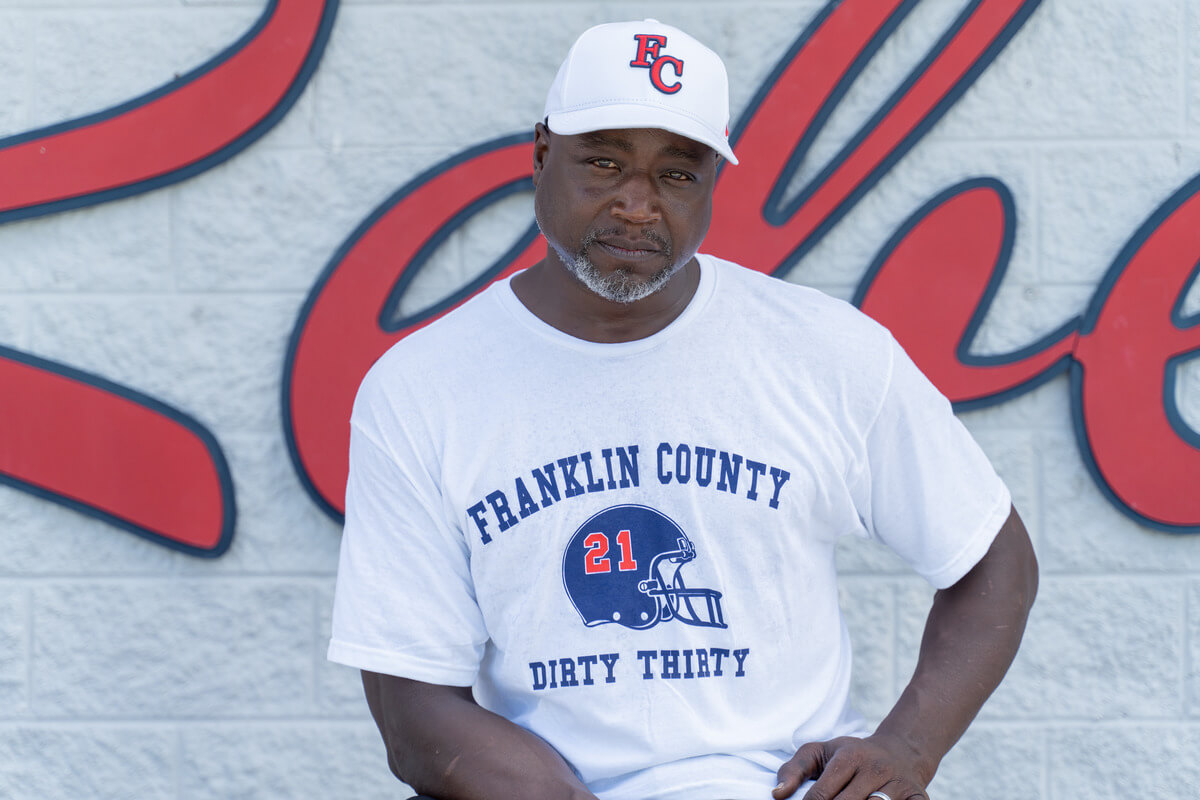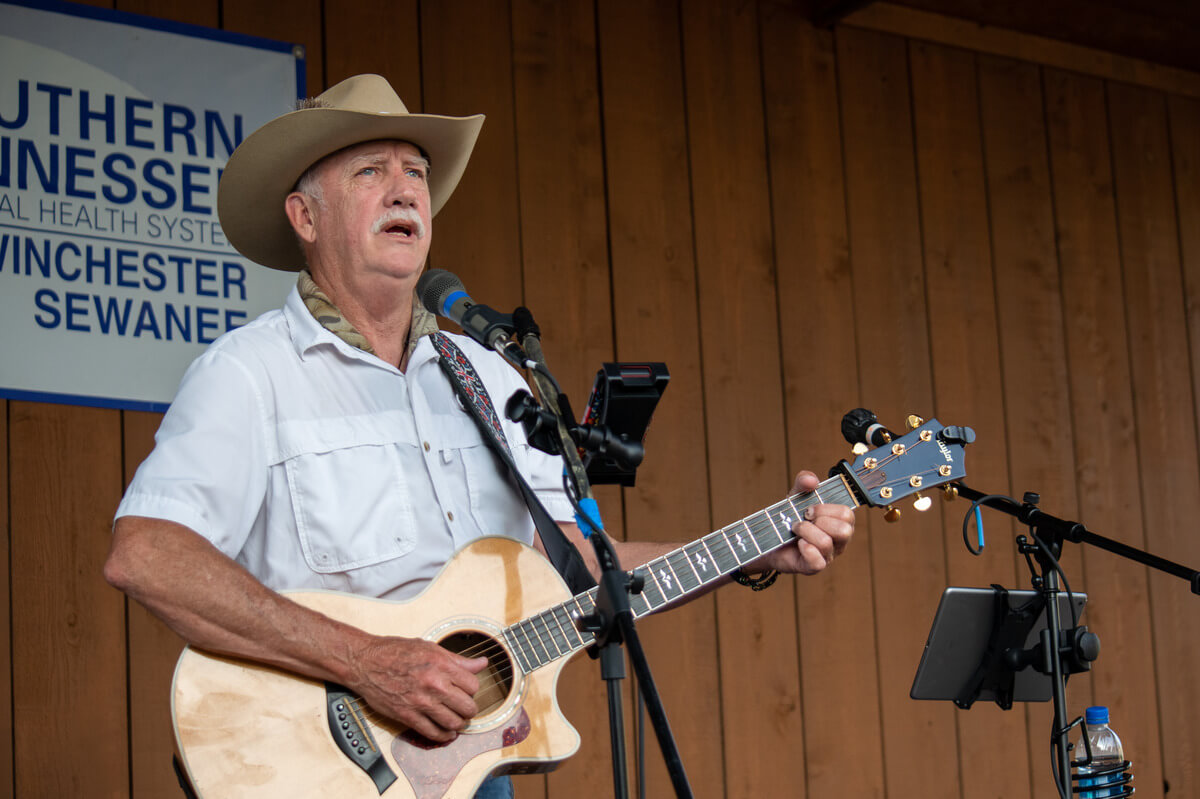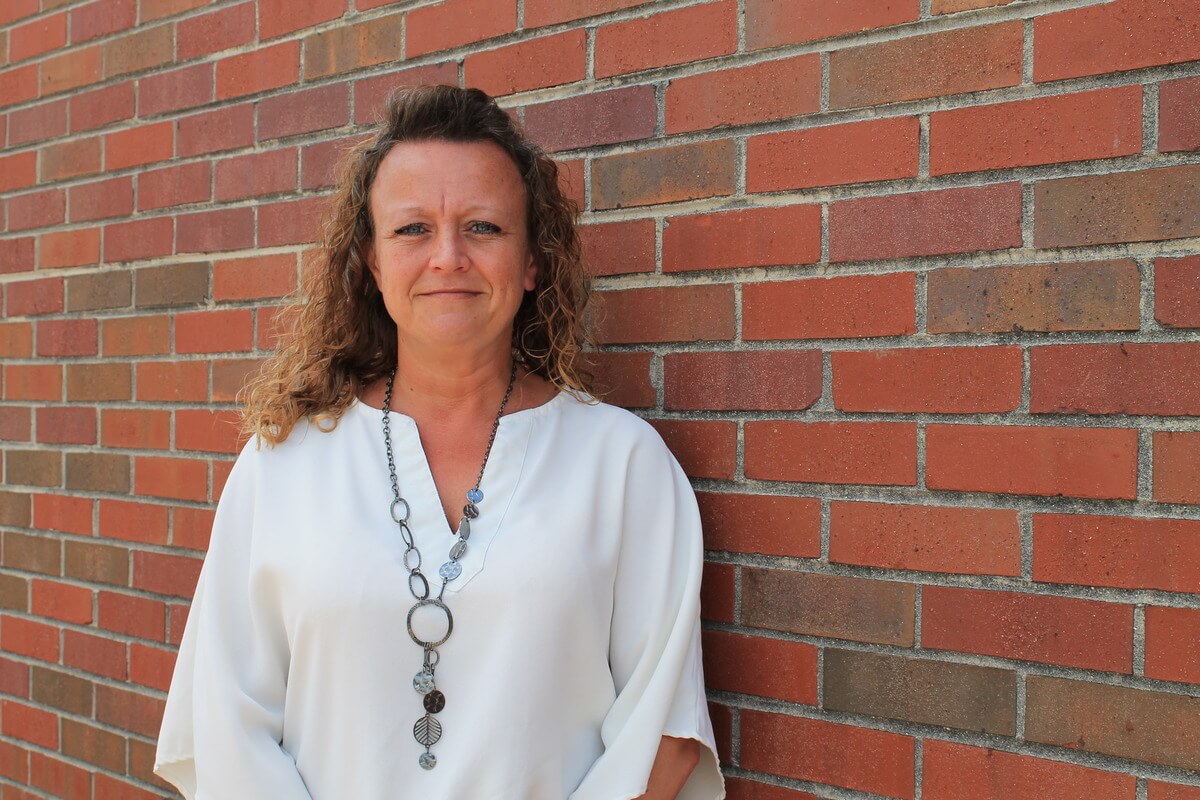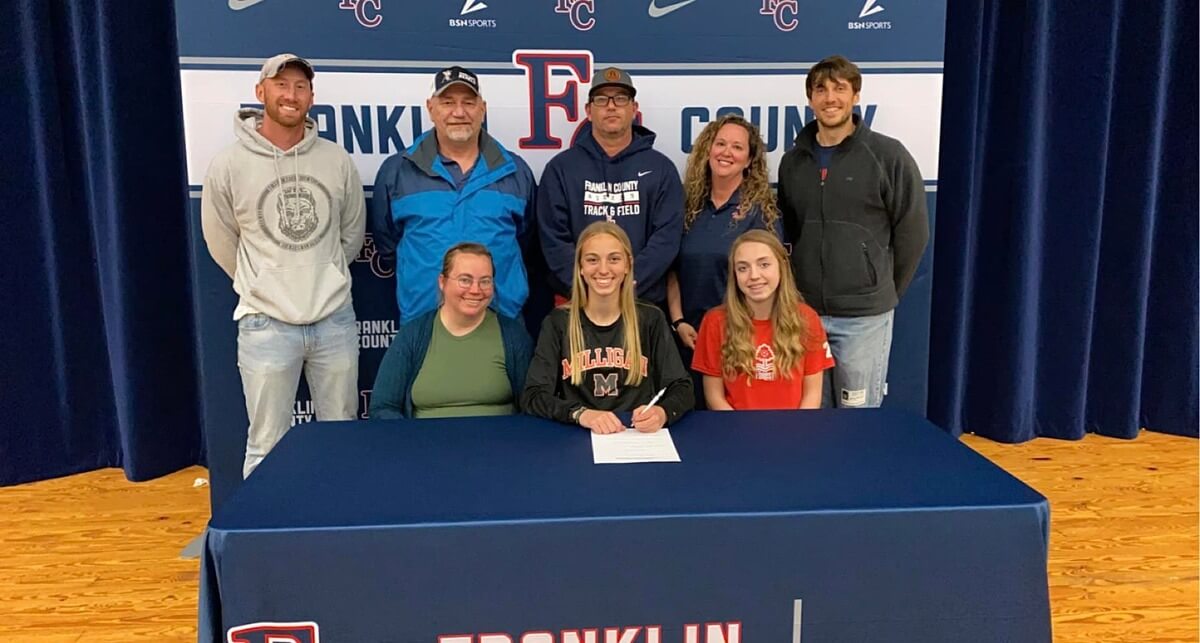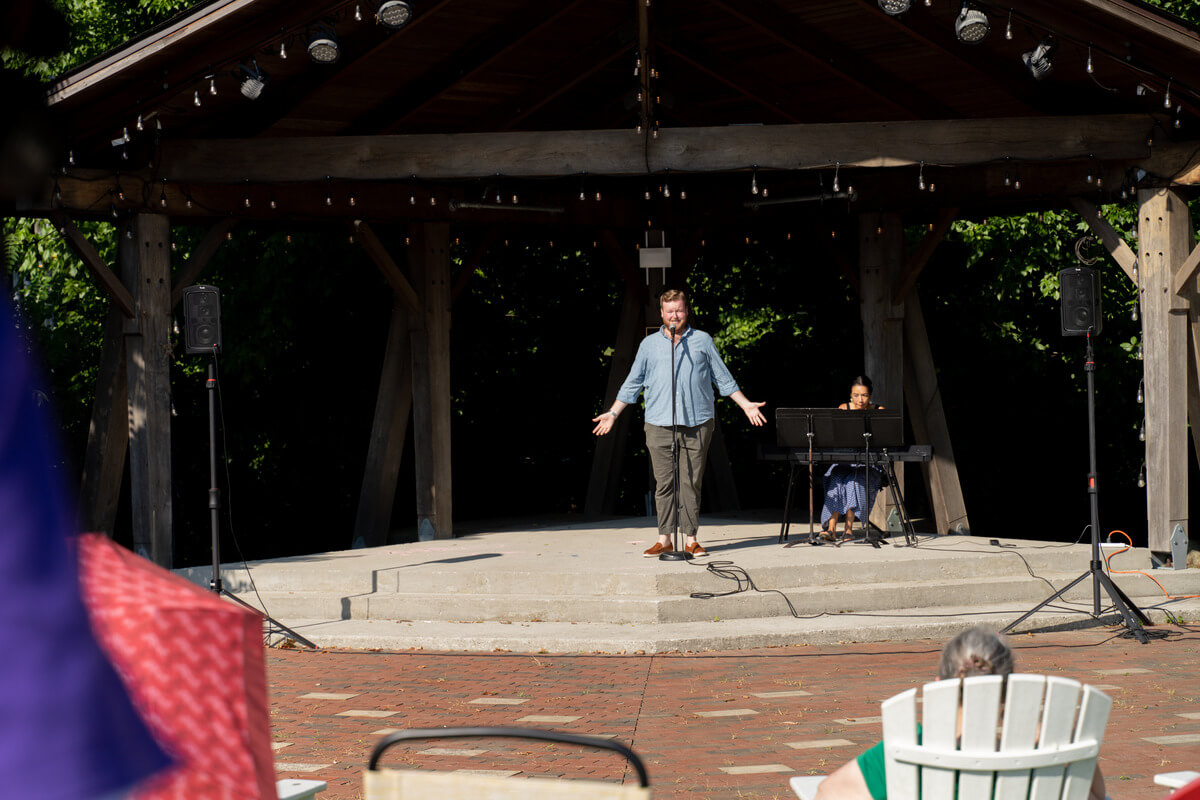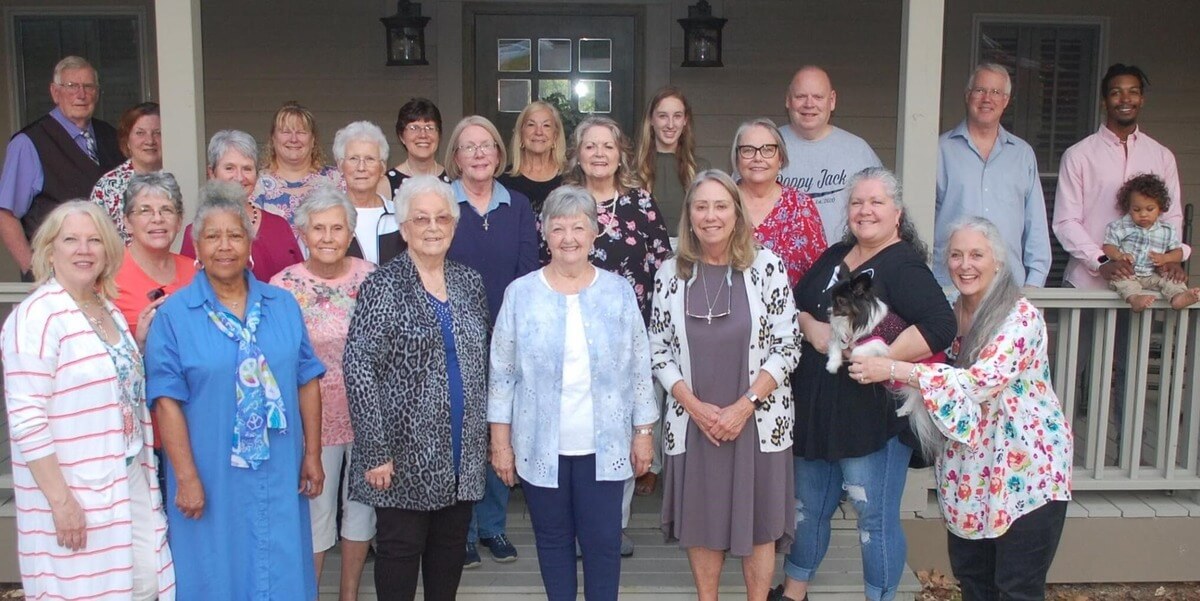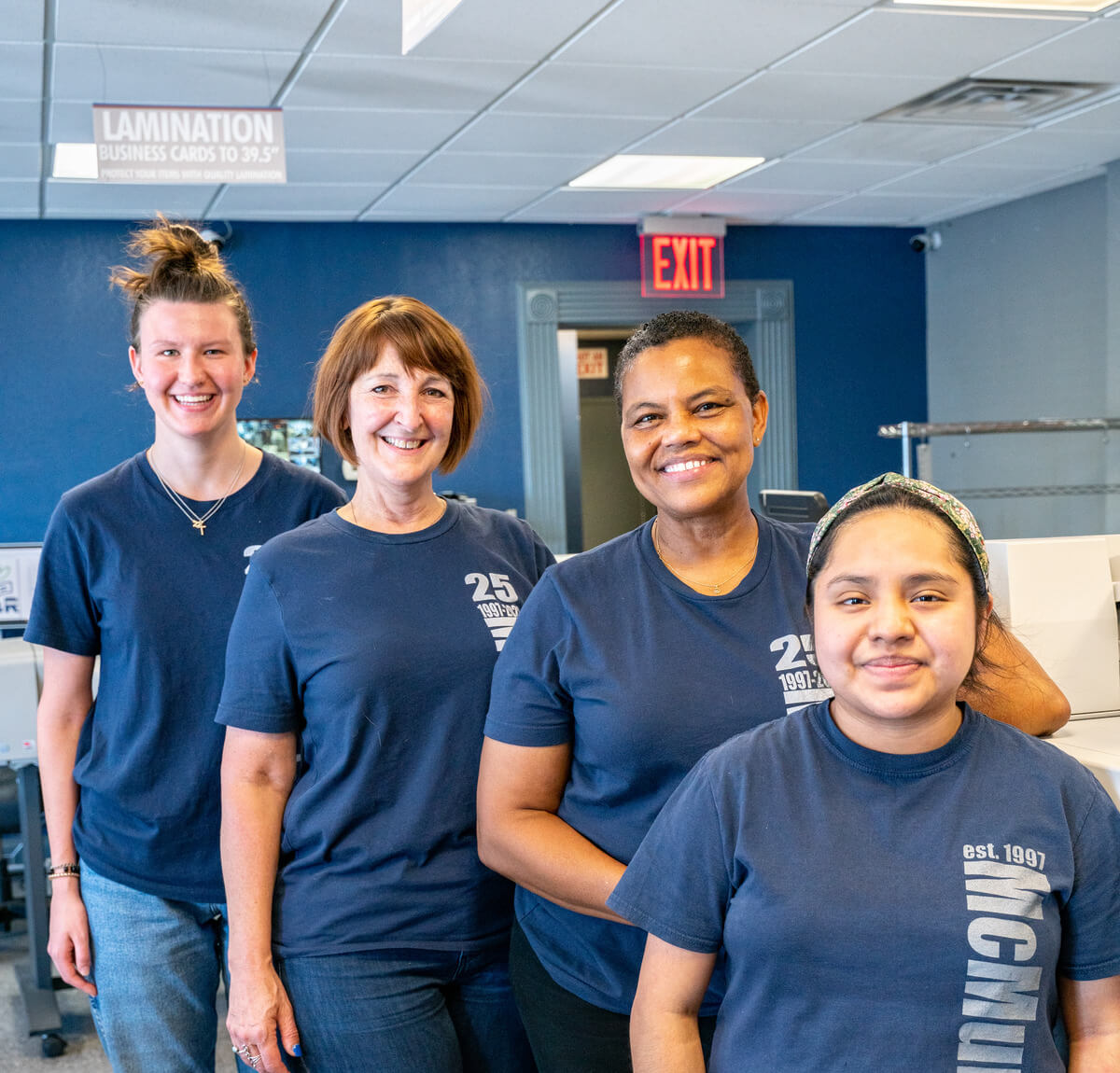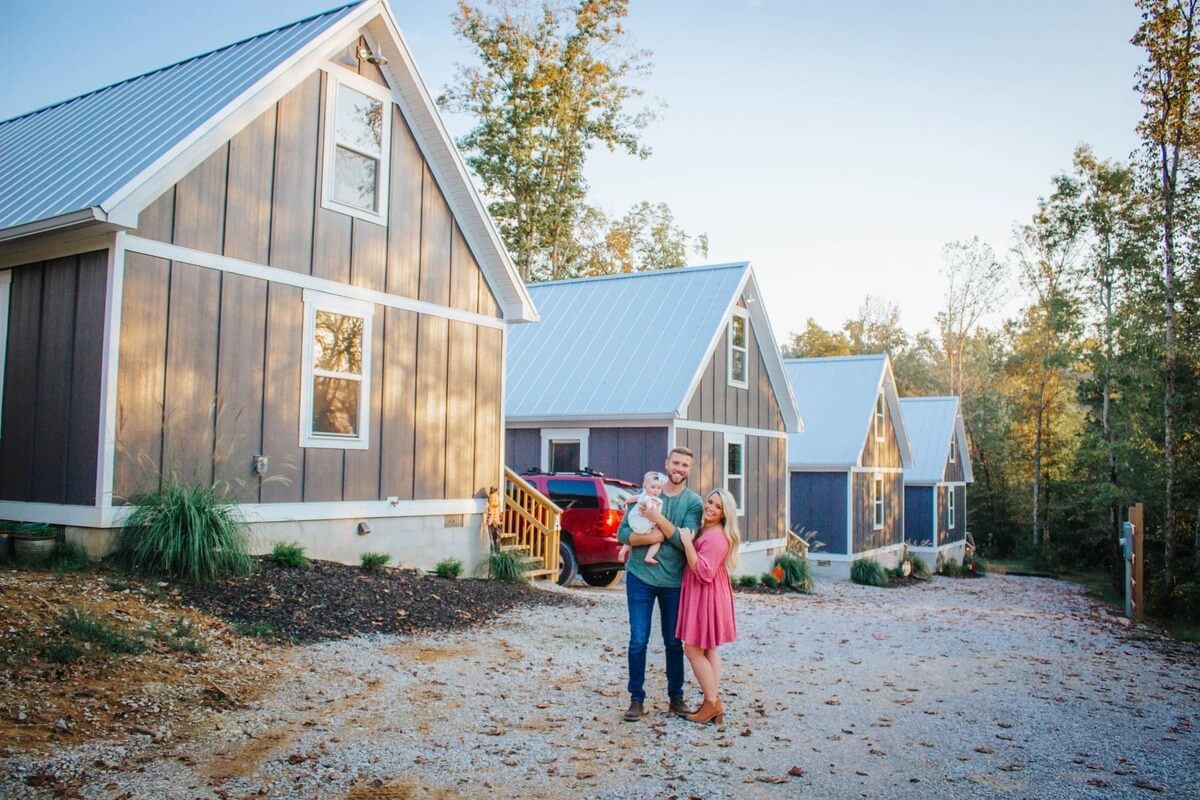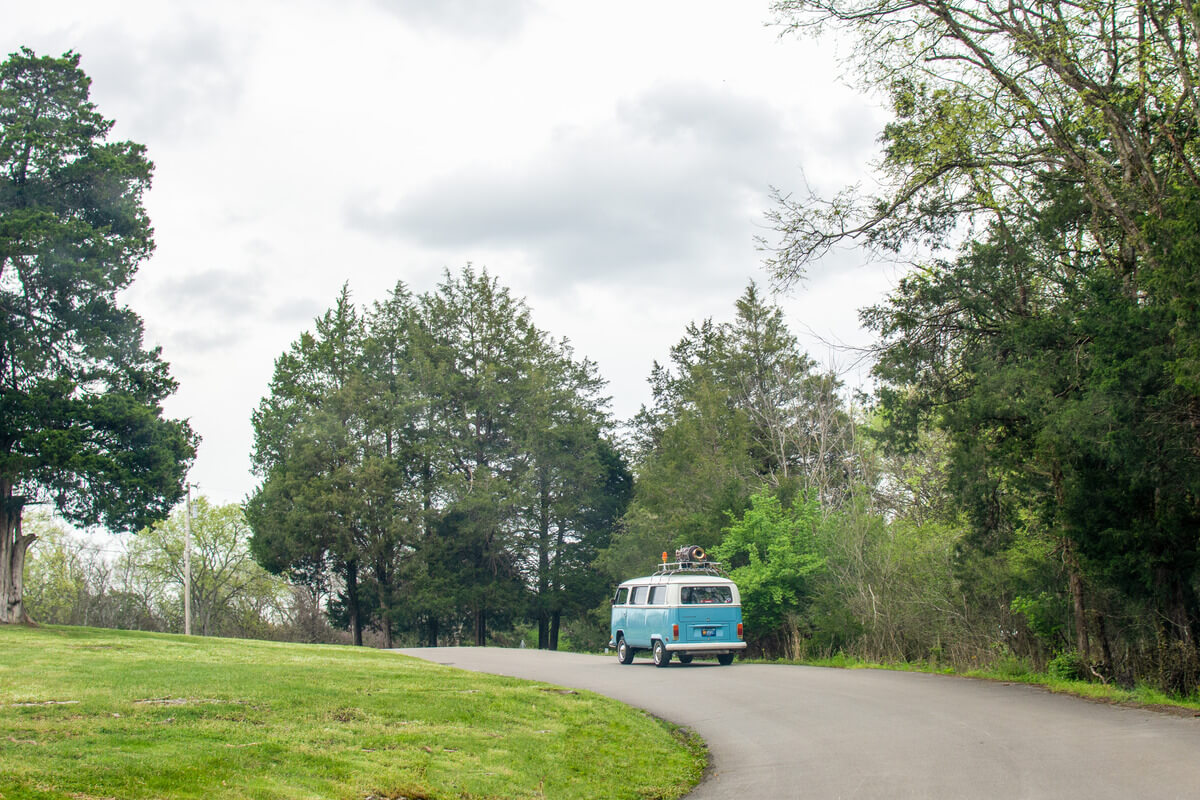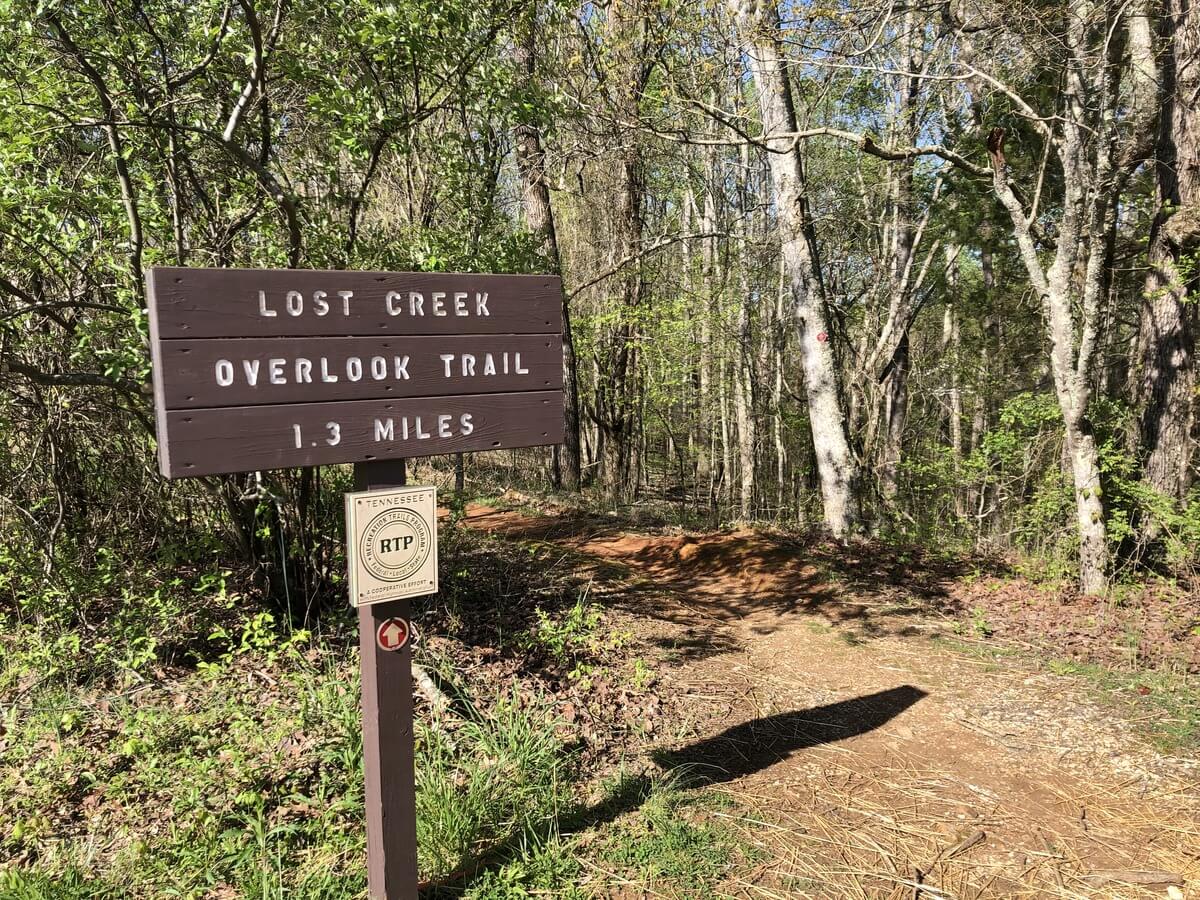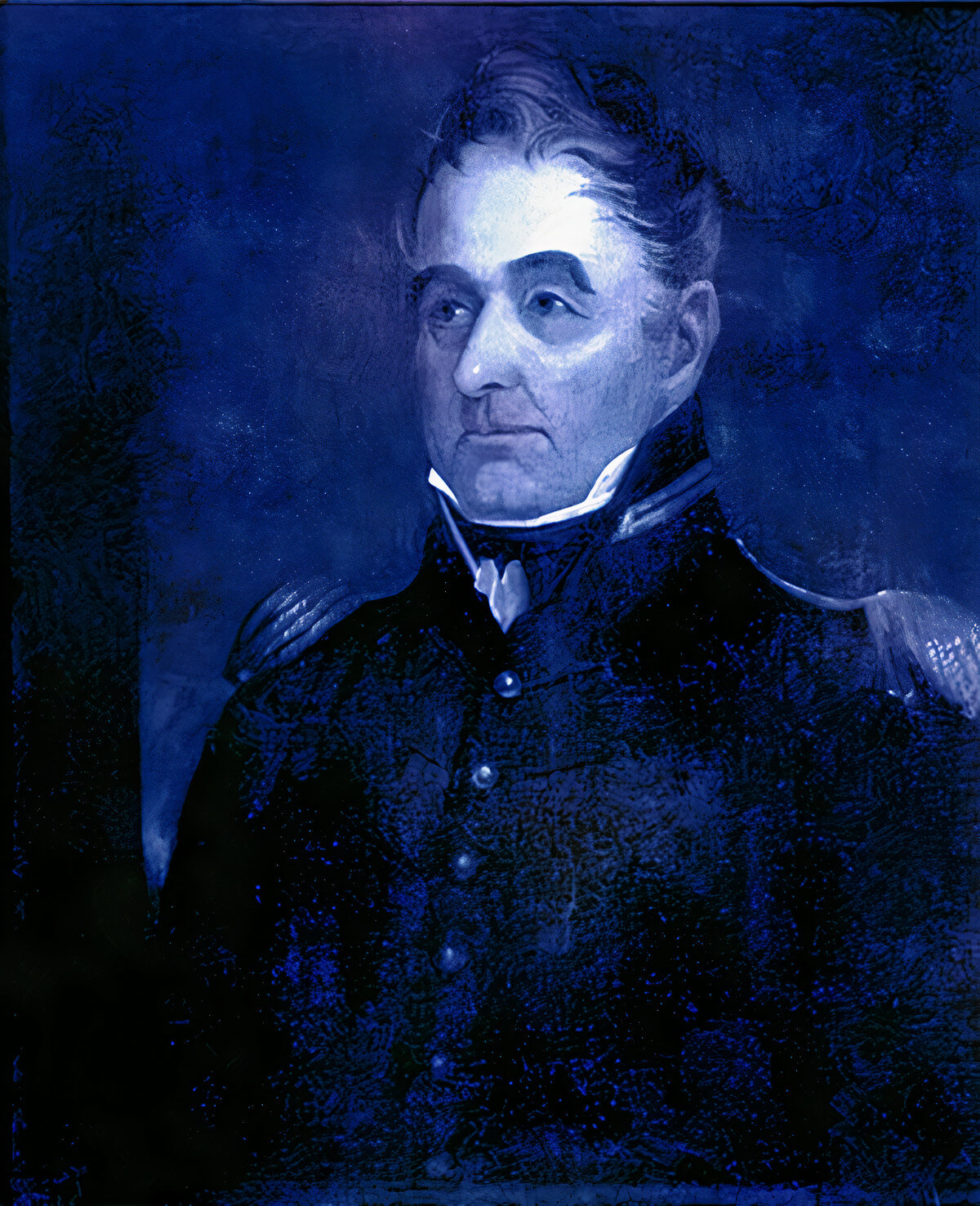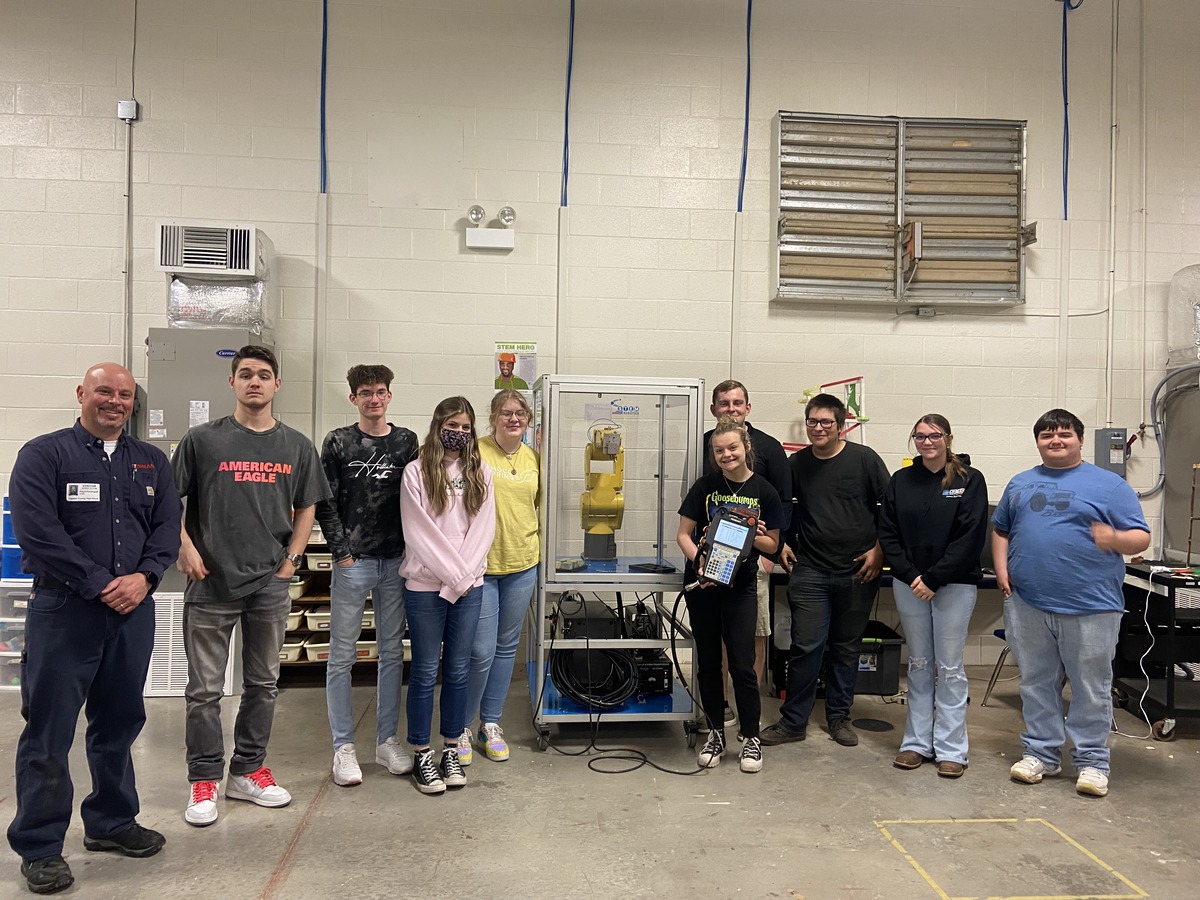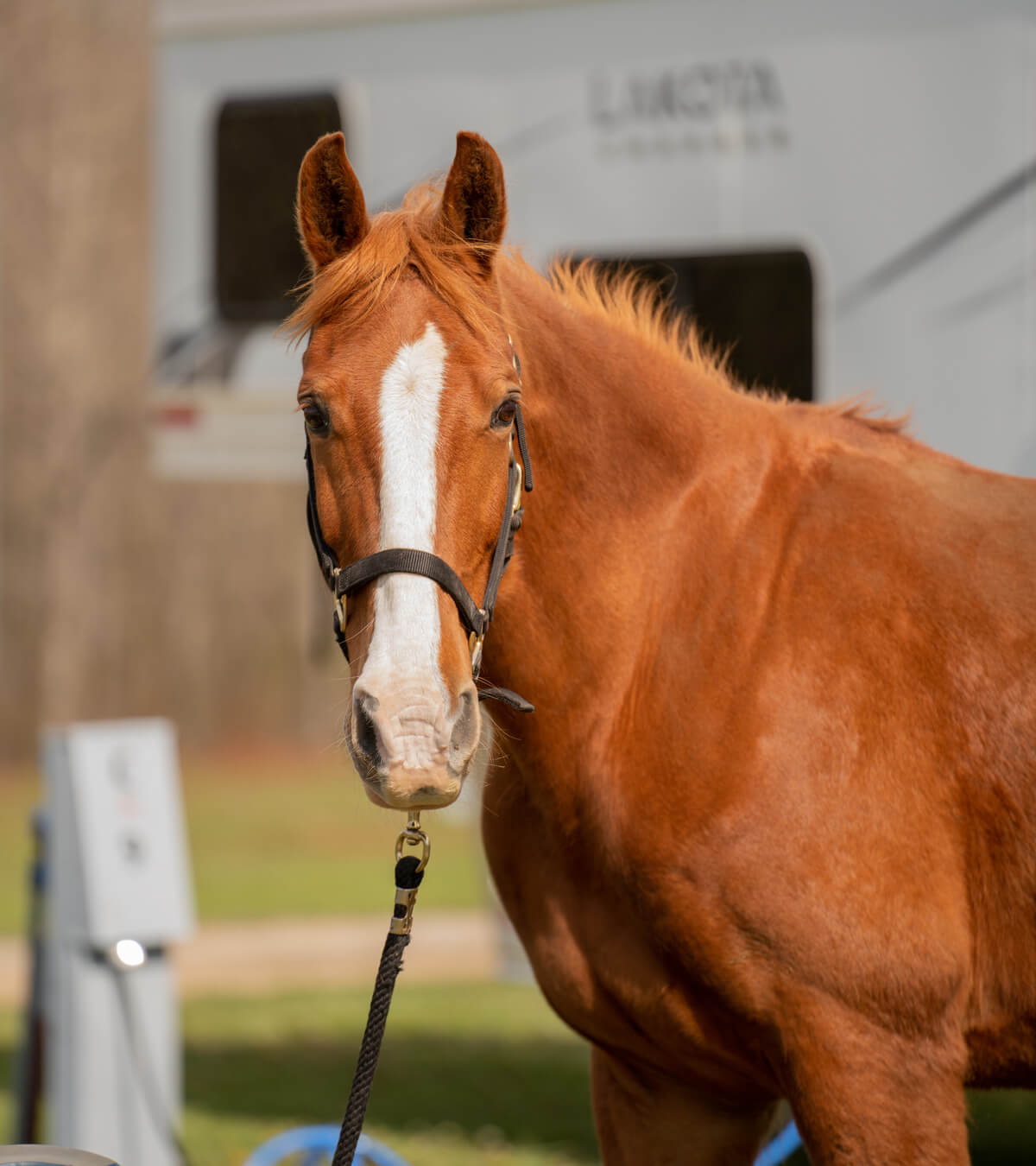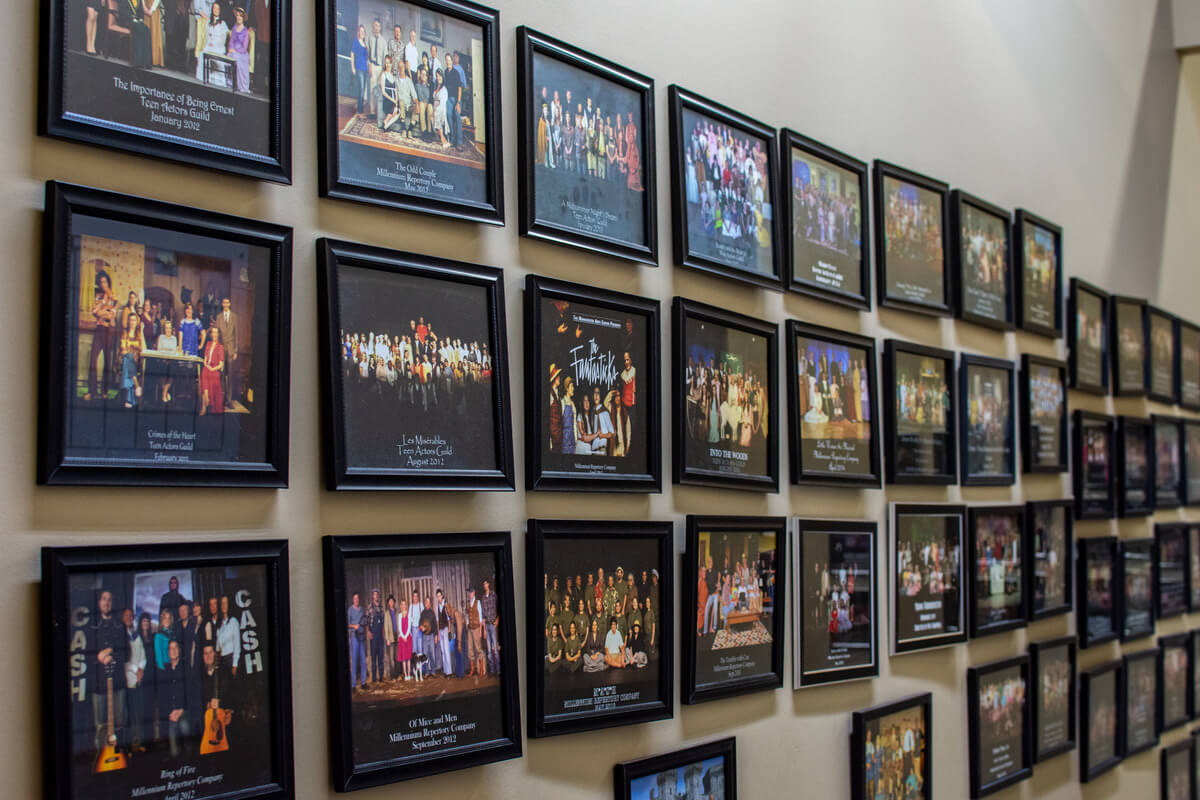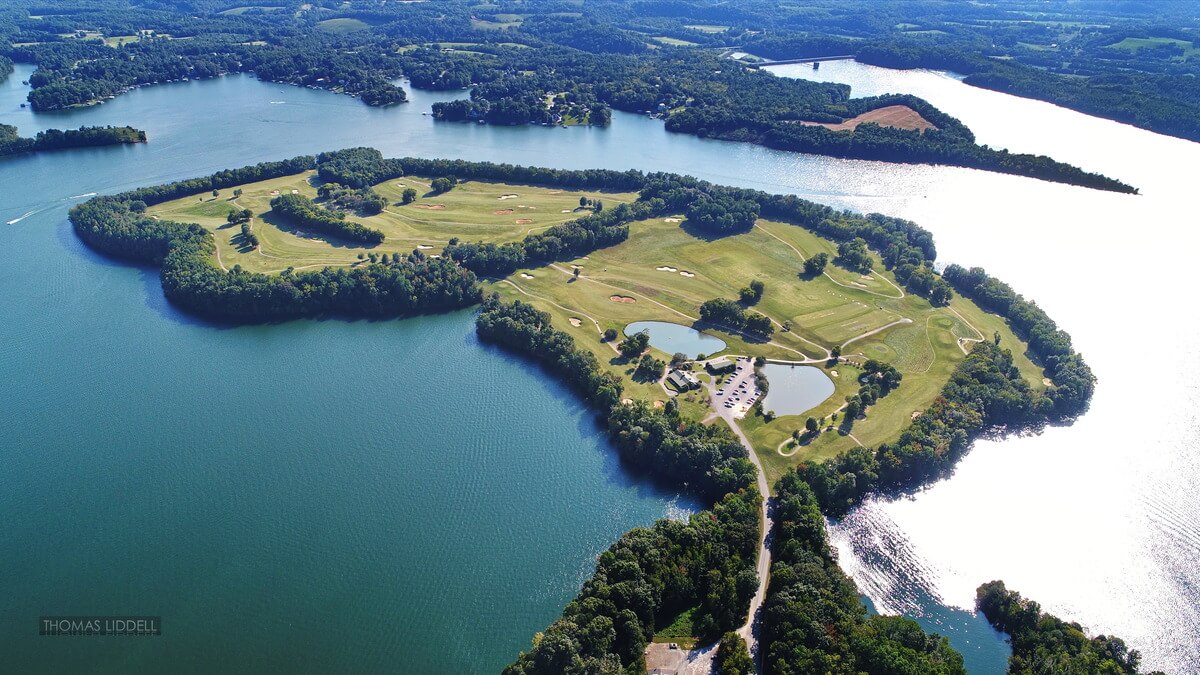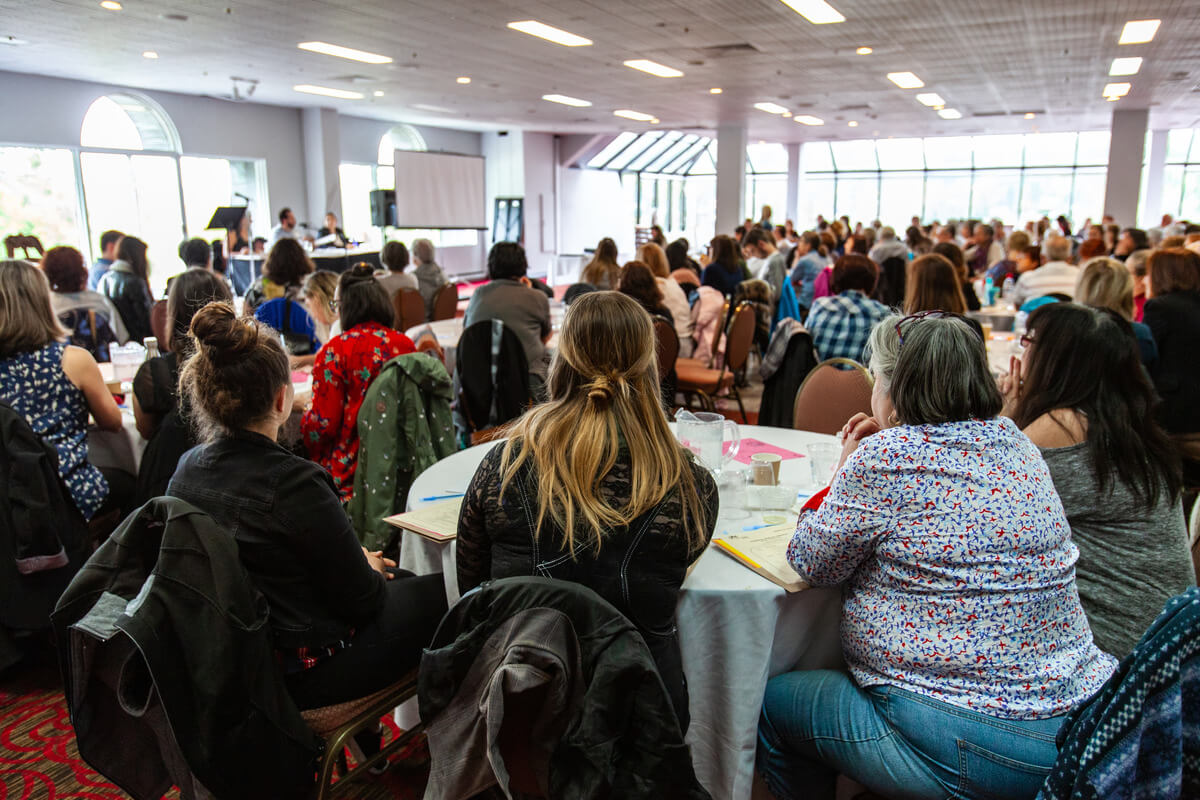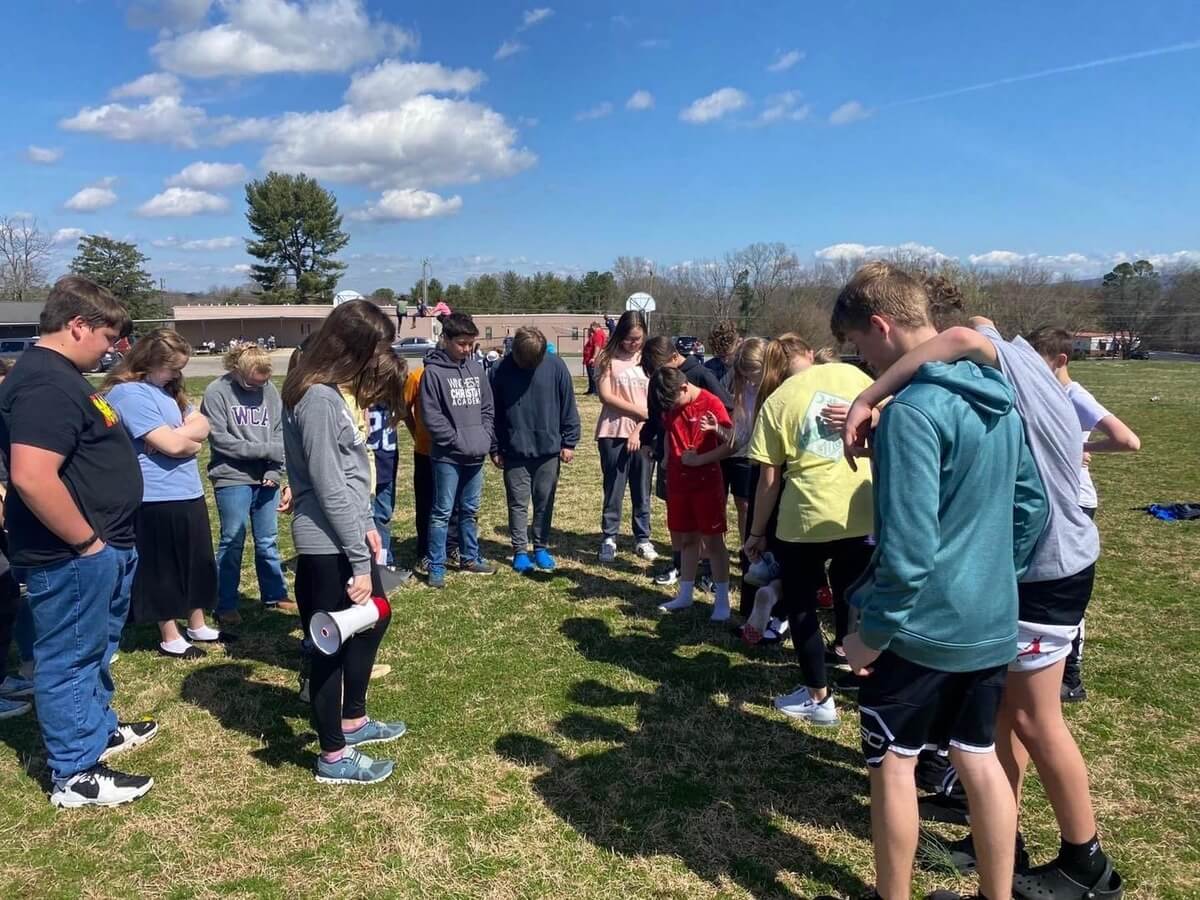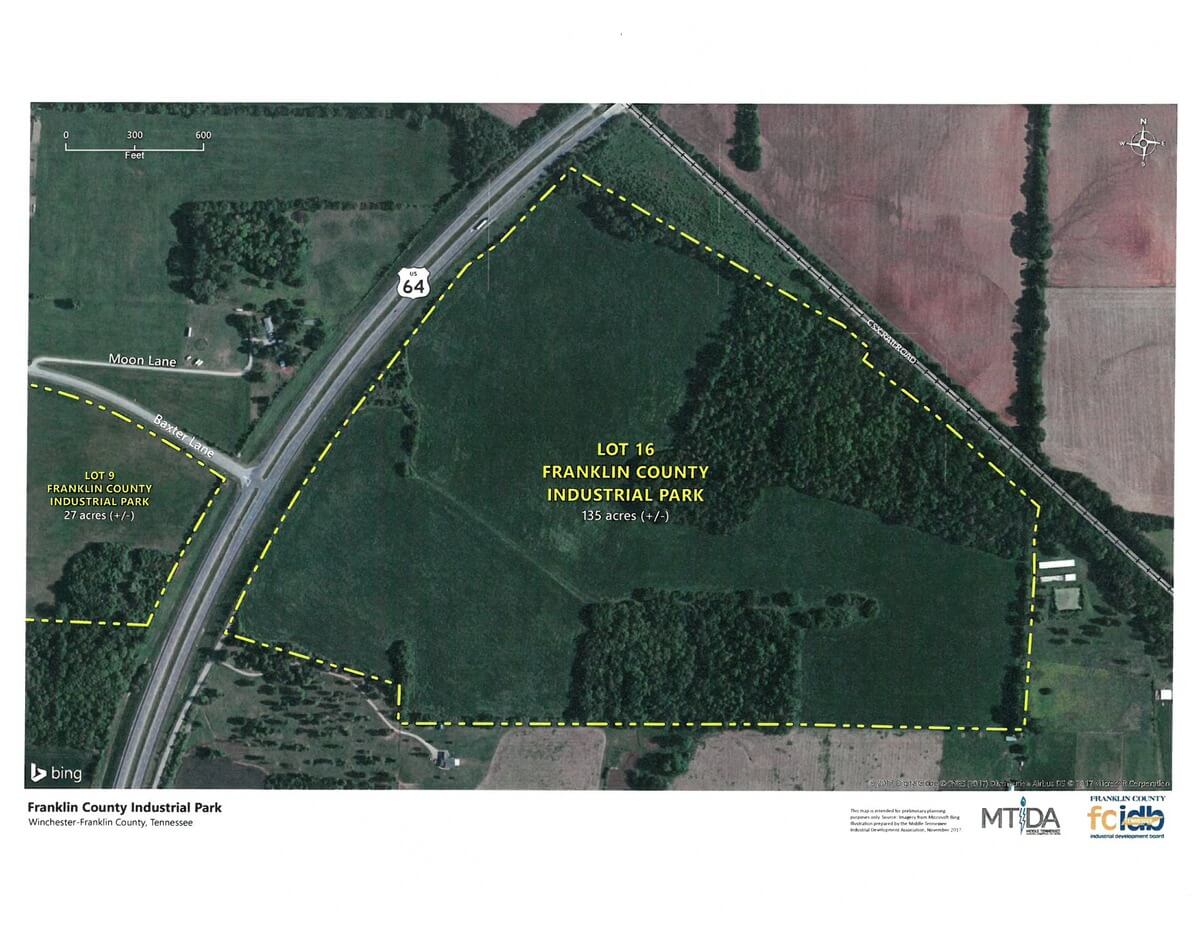TWENTY YEARS ago, Beri Fraley’s calloused hands gripped a rifle in the unforgiving deserts of Iraq. Back then, Fraley wasn’t yet a seasoned businessman but a National Guard captain leading a patrol under a sky painted crimson. He was a leader — not by title but by the responsibility thrust upon him. This is the story of a man forever shaped by duty, from the sands of war to the streets of his hometown.
His journey began abruptly. A knock on the door, a single weekend to say goodbye, and Fraley, along with his ever-present rucksack filled with essentials for a soldier or a natural disaster, was on his way. The gravity of the situation settled in during a predeployment prayer session.
“When I was home for a day after my unit was called up for deployment, some members of my church came to see me and had a prayer service.”
Two Vietnam veterans, their eyes etched with the ghosts of battles past, offered a simple yet profound piece of advice: “Do your job. Don’t volunteer for anything.”
Heeding their words might have shielded him from the leadership thrust upon him in the heat of Desert Storm. Selected by seasoned noncommissioned officers for a reconnaissance mission, a knot of fear tightened in Fraley’s gut. He was a junior officer, yet he was entrusted with the lives of these veterans. In that moment, the weight of responsibility transformed him. “Playing Army” was over. He was a leader — a steward entrusted with the nation’s most valuable resource: its people in uniform.

The seeds of leadership were planted much earlier. Fraley thought back to his childhood. His father, George Fraley, a man of strong convictions, served as a state representative. Witnessing his father’s dedication to the community and his tireless work ethic in advocating for those he served left a lasting impression on him.
His mother exemplified strength and steadfast support. Together, they were a solid and resilient team. Their influence became the foundation upon which Fraley built his leadership style, developing one that valued decisive action and compassionate empathy.
“My dad was a great representative, but my mom was the one who got him elected.”
Another one of his inspirations was his wife, Kelly. “She is an extremely strong person, and she owns a successful business as a woman in a business that exists in a man’s world. Our partnership is incredible, but I have to give some credit to my parents,” Fraley said. “Most importantly, my parents had me in church two or three times a week. My wife and I still attend church with my mom unless we are traveling.”

Back home, the newness of civilian life felt deafening. The camaraderie, the mutual purpose — all gone. Yet, the experience left a lasting mark on him. “Freedom”, a word often taken for granted, became a cherished ideal after he returned home. He witnessed firsthand the cost of liberty and the sacrifices combat soldiers made, some of whom couldn’t return. Their memory instilled a sense of determination to build a better future worthy of their sacrifice.
Transitioning wasn’t easy. Military service, even as a reservist, is a lifestyle. But Fraley’s leadership skills honed in the desert proved valuable in the corporate world. He rose through the ranks of a defense contractor. His decisive nature and experience with briefings translated well to the boardroom. However, the corporate red tape felt stifling. The itch for autonomy and a direct impact grew stronger. After spending almost 30 years in the Army and National Guard, he retired as a lieutenant colonel.
One day, opportunity knocked. It was a chance to lead a welding business from the ground up. Leaving the security of a large corporation was a gamble, but Fraley wasn’t afraid of calculated risks. He brought the “Warrior Ethos” — the core values of the Army — to his new venture. His company now thrives not just on his expertise but on treating his employees with the same respect he demanded from his soldiers.
“I always try to treat people with respect. If you take care of others, they will take care of you.”
Through his business, he offers scholarships to aspiring welders and utilizes local resources whenever possible. Fraley is fully committed to leaving his community better than he found it.

Today, he navigates the world of veteran support groups, helping others navigate the Veteran Affair’s ebbs and flows and offering a listening ear to those who share their experiences. His journey from the desert sands to the familiar backroads of his hometown continues to shape him as a leader.
Looking back, Fraley reflects on the lessons learned. His father’s humility, the unwavering support from his church community, and the camaraderie forged during his service all shaped who he is today. He doesn’t consider himself a hero but a man who answered the call and continues to serve his community in his own unique way.
Perhaps that’s the essence of Fraley’s story — the story of countless veterans who carry the weight of their service with such dignity, their dedication to a better future a constant undercurrent in their everyday lives. This Independence Day, as we celebrate our freedoms, let us remember the sacrifices made to secure them and honor the service of those who continue to build a better future — one act of kindness, one life touched at a time.
“At some point in your life, you need to think about your legacy — what you will be remembered for.” GN


